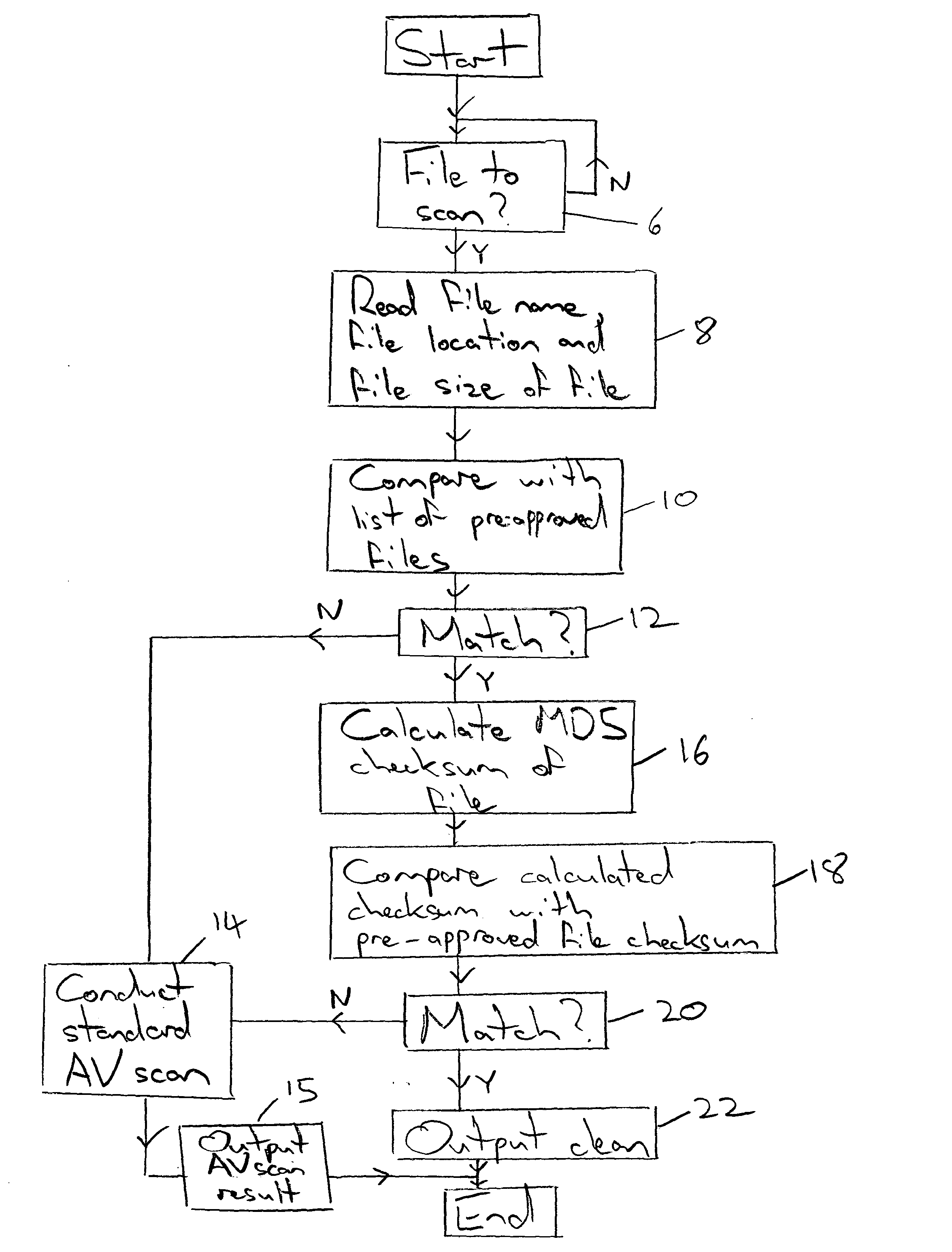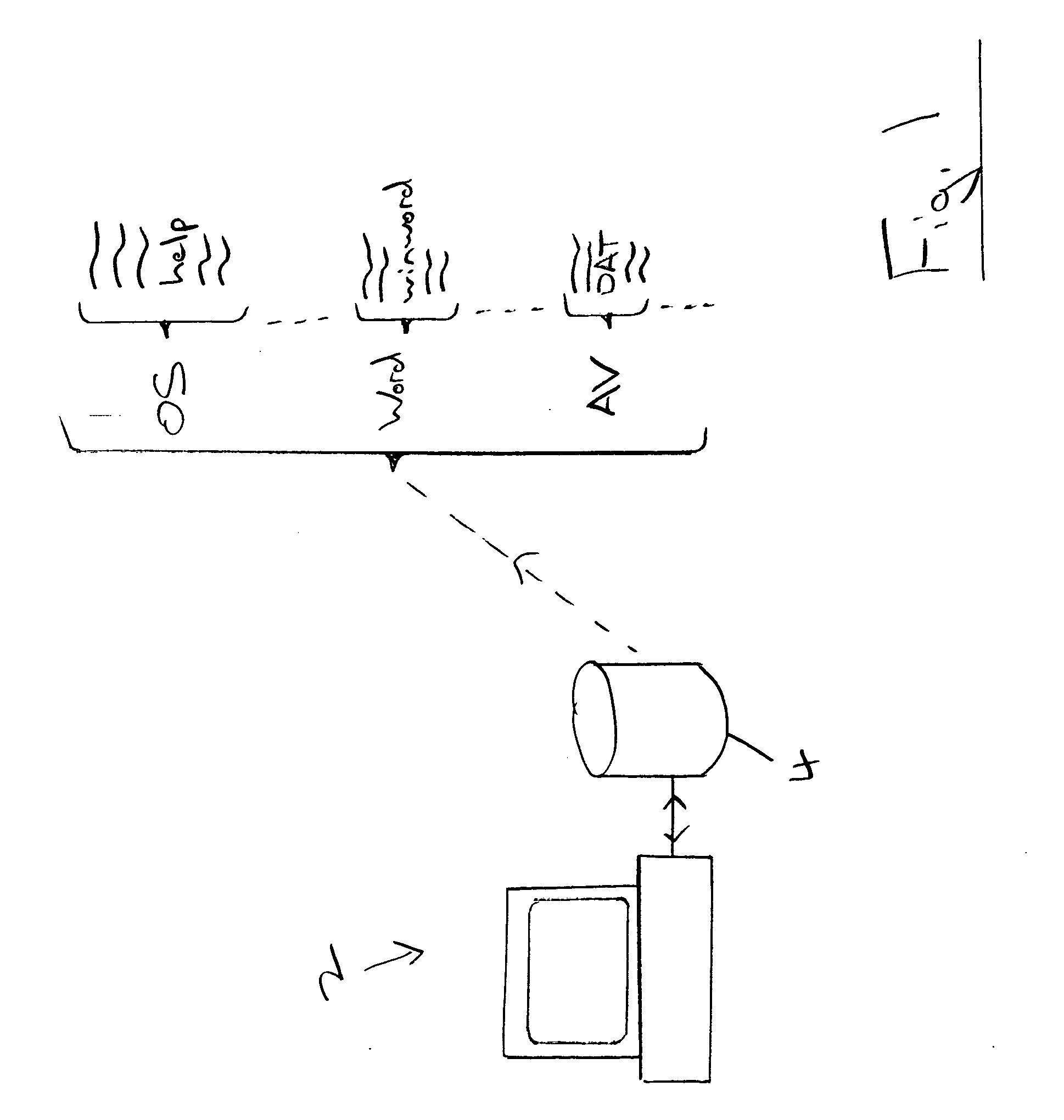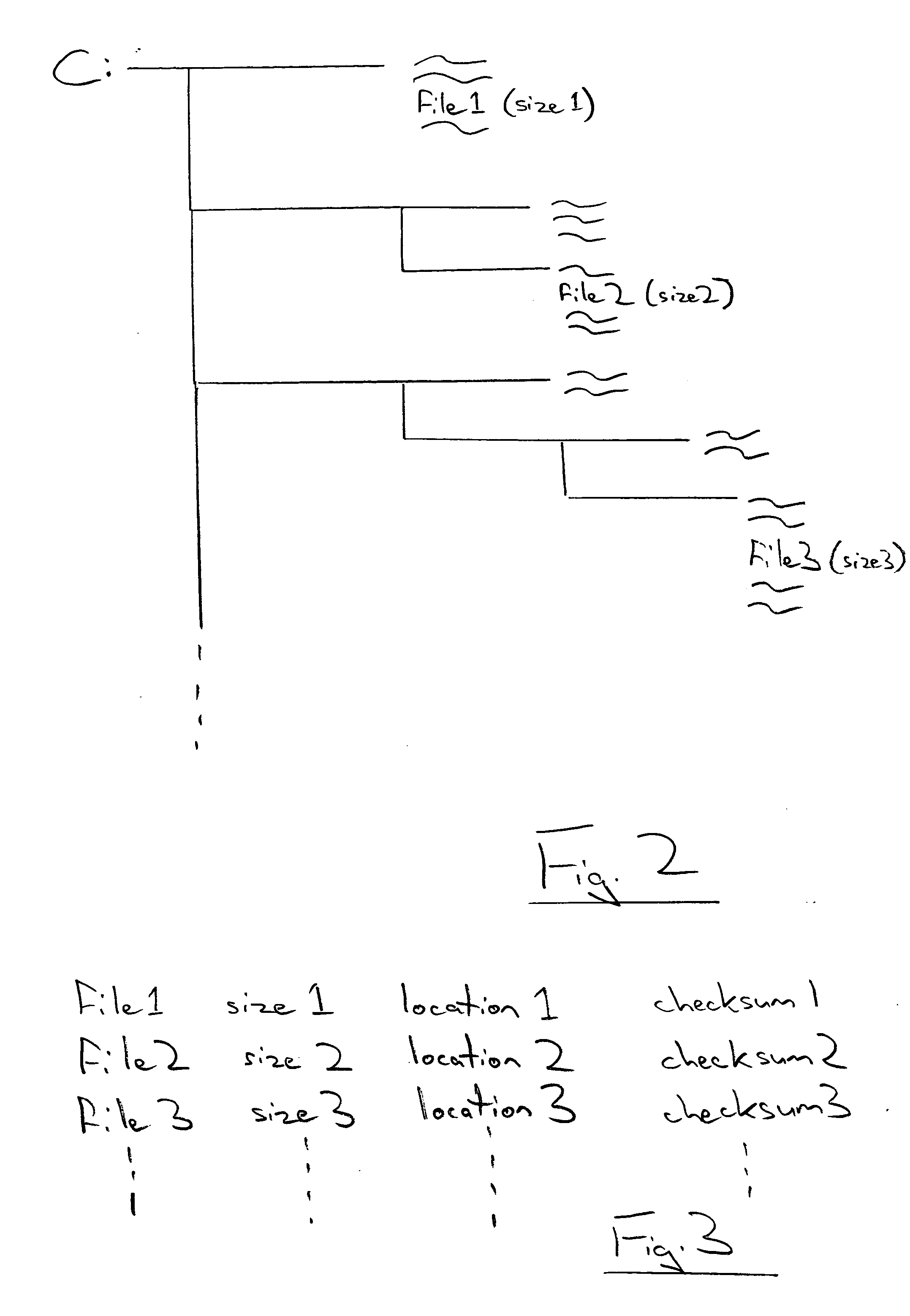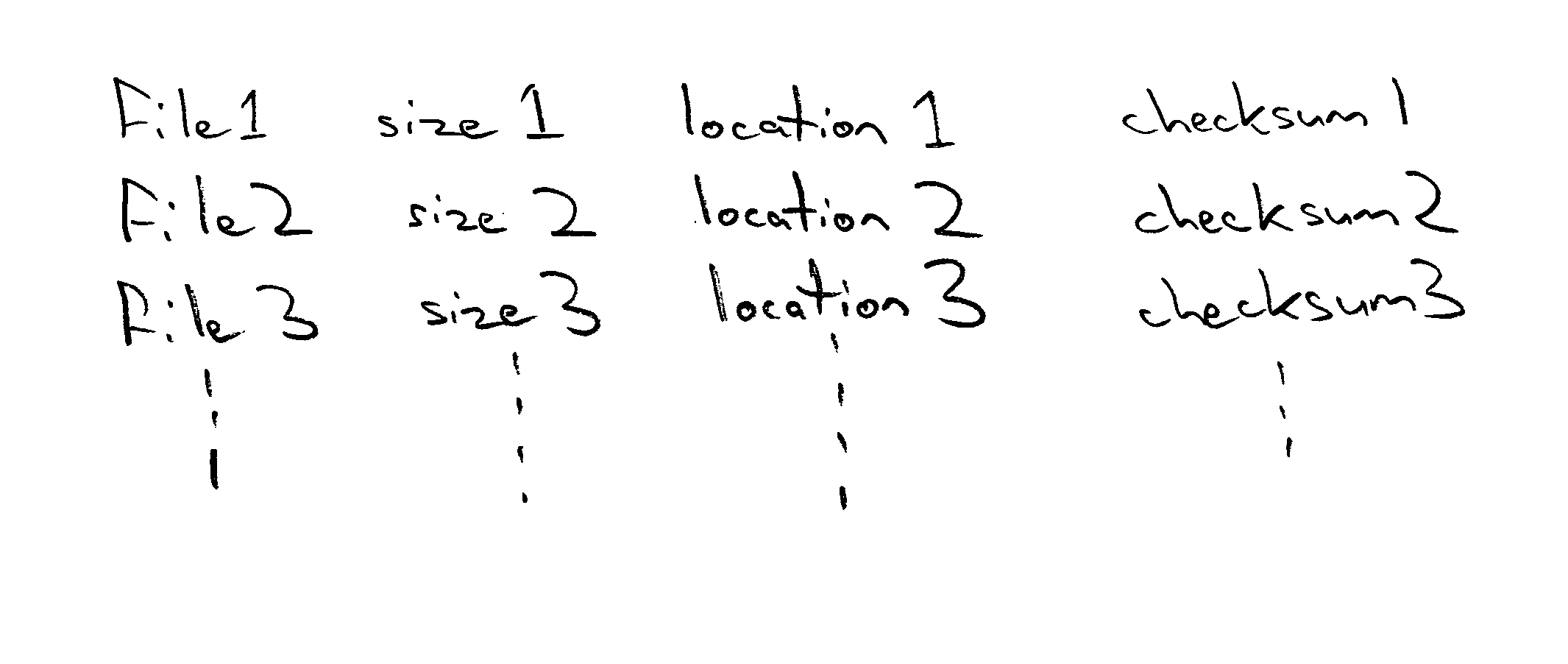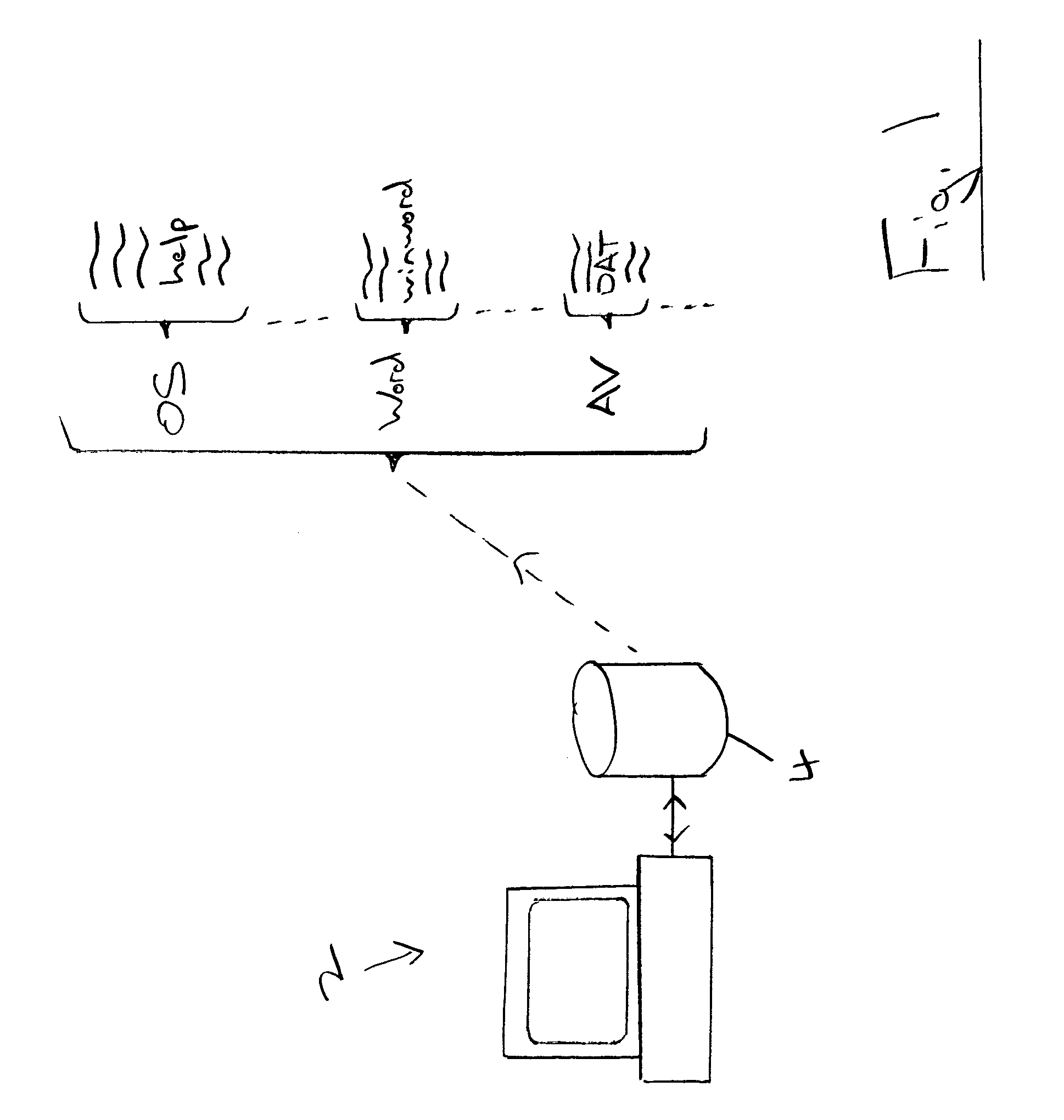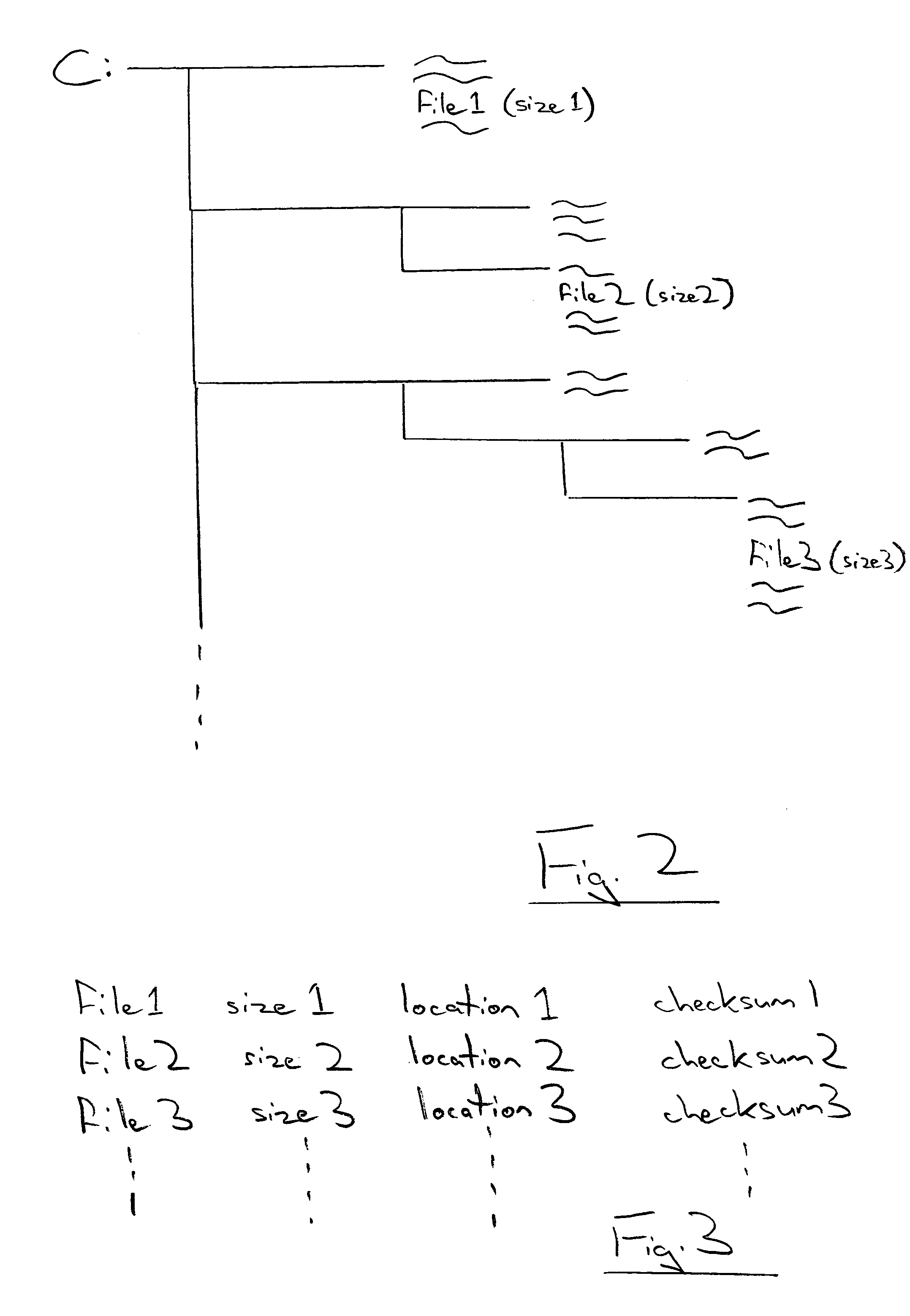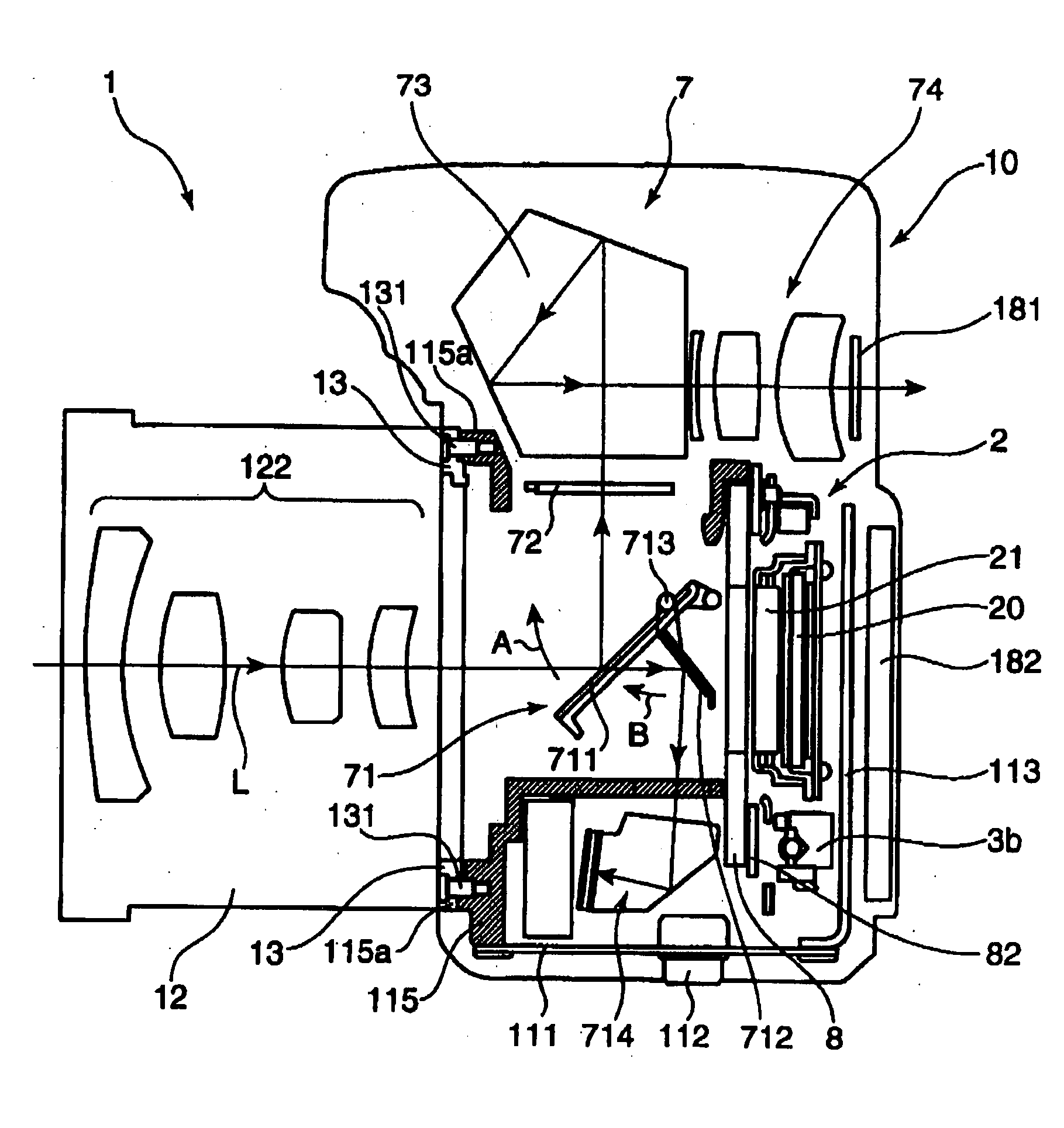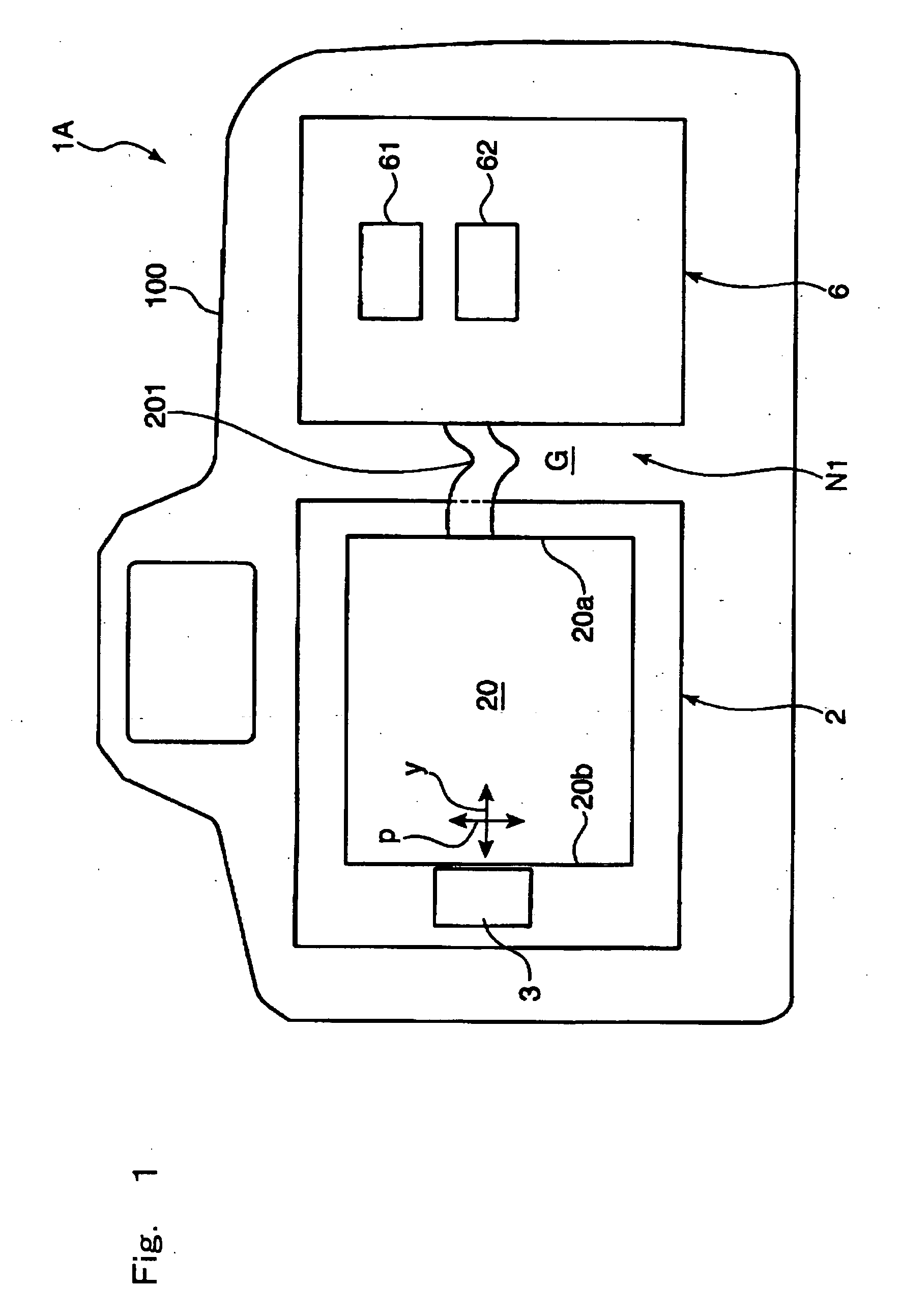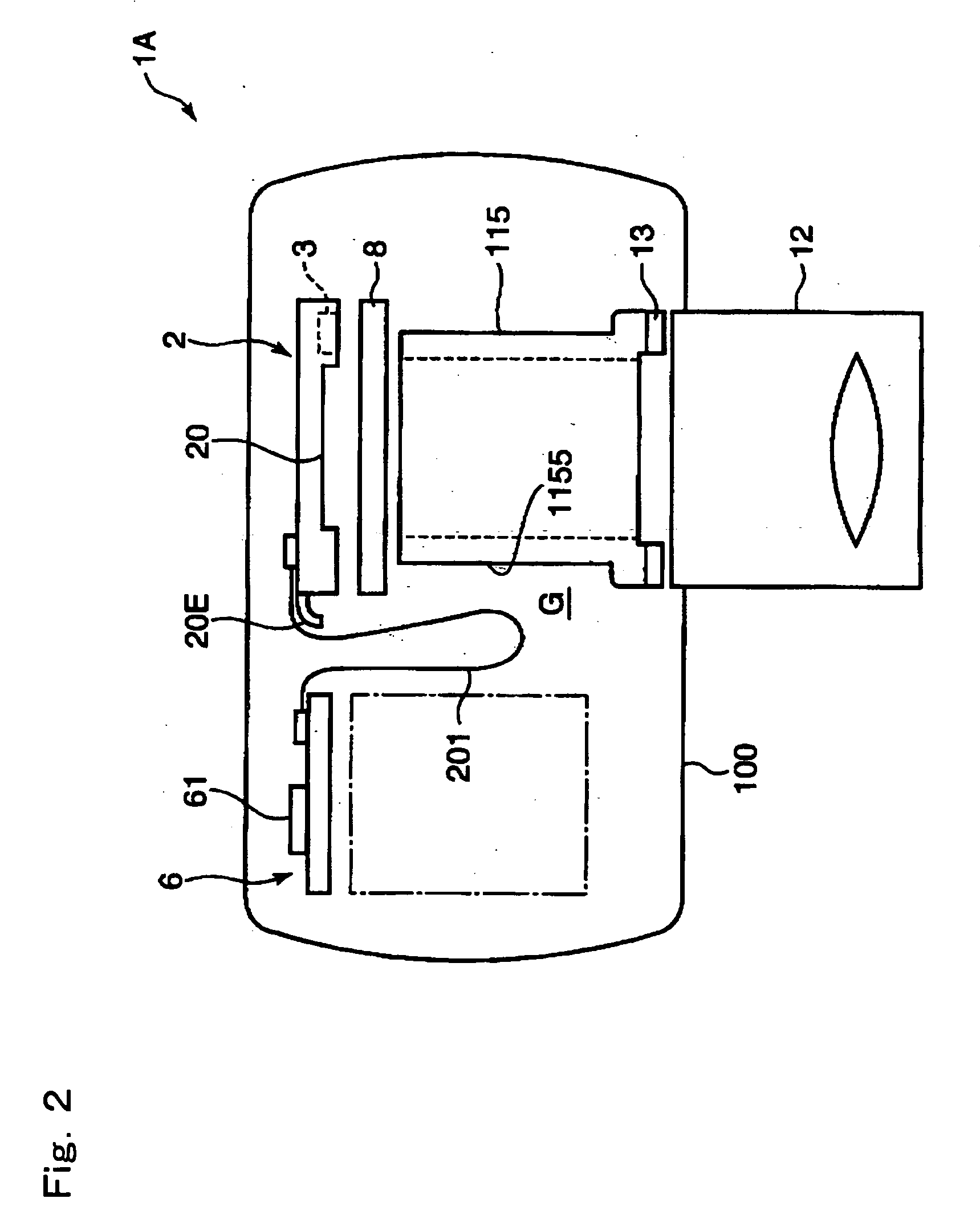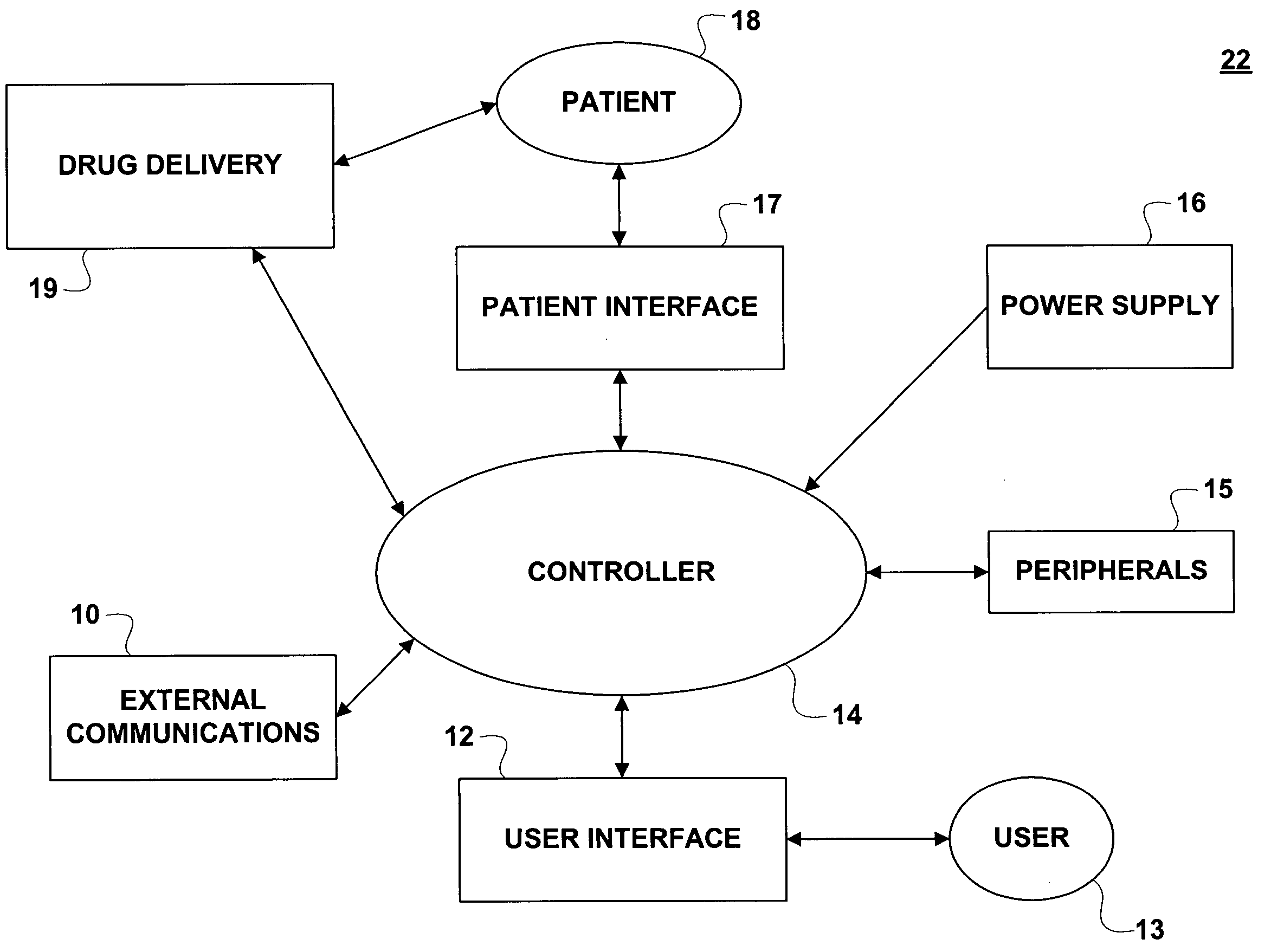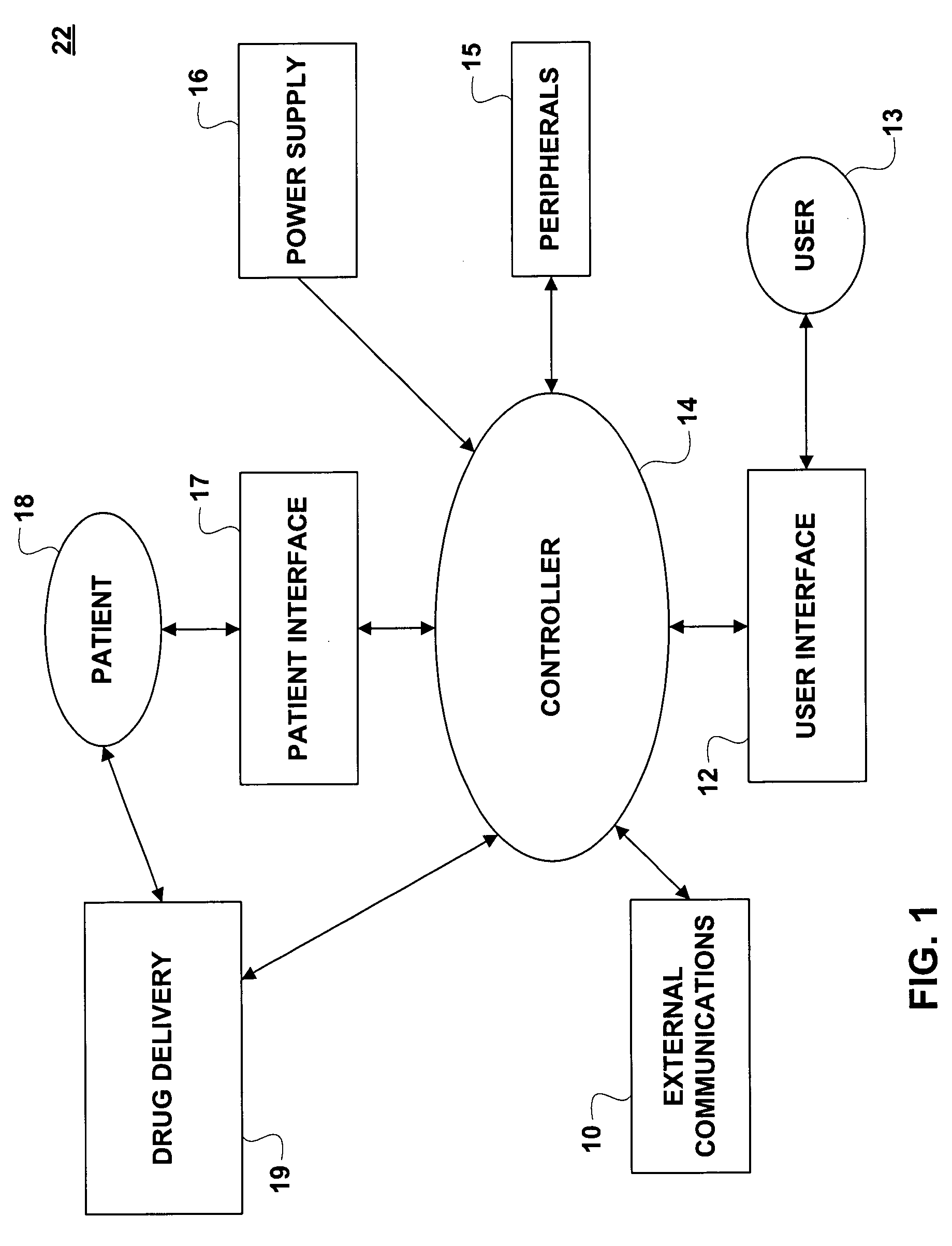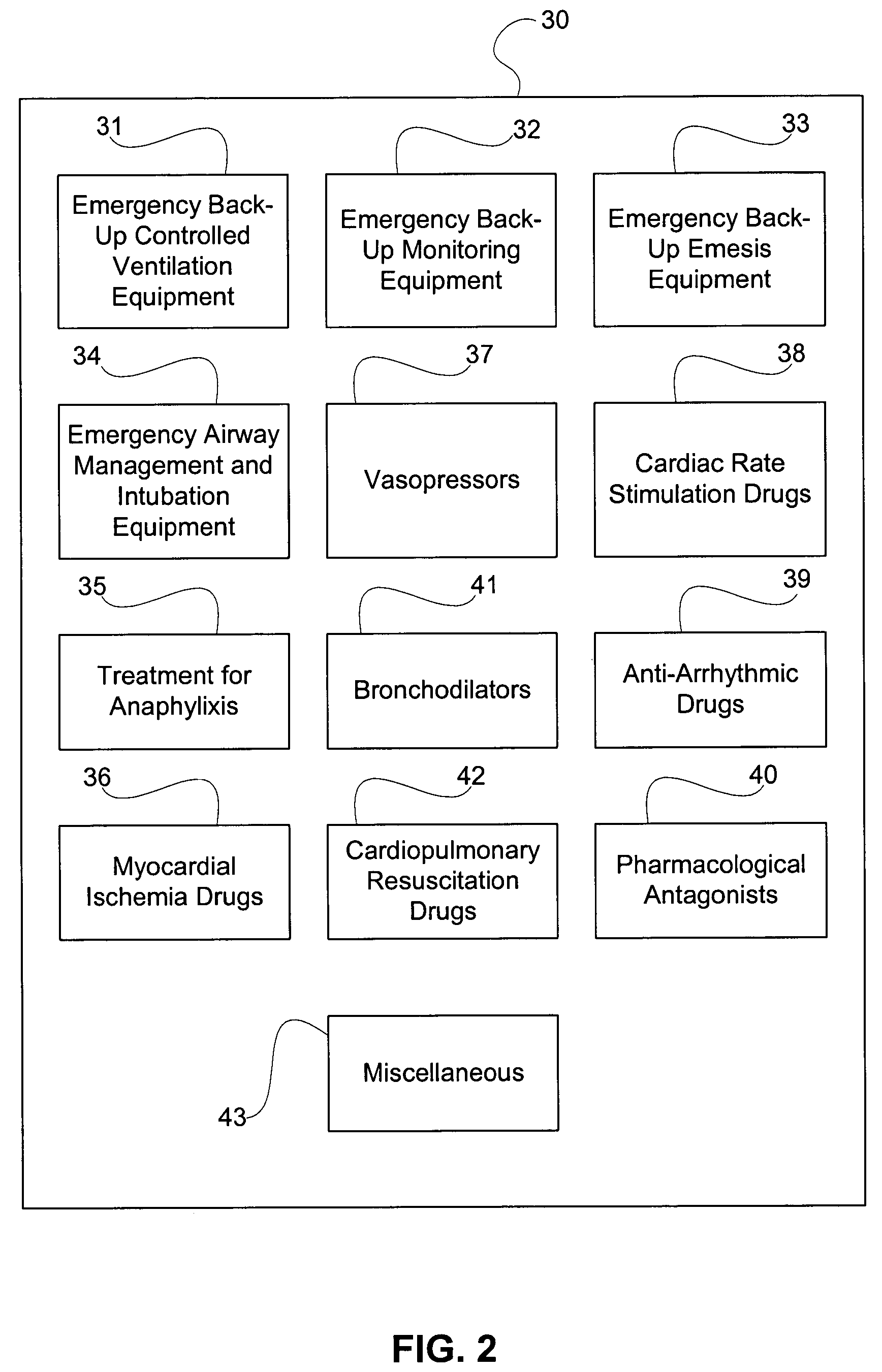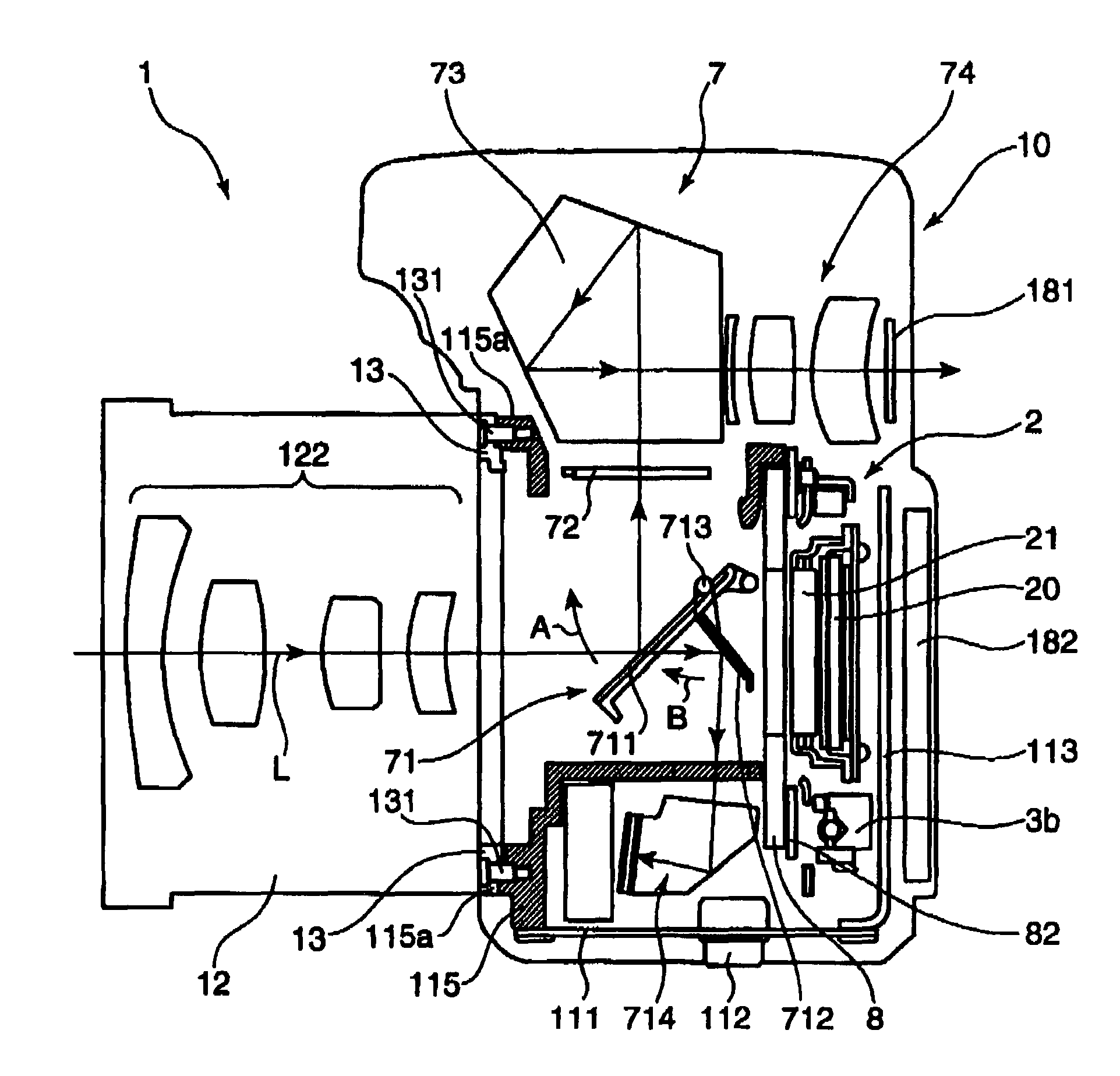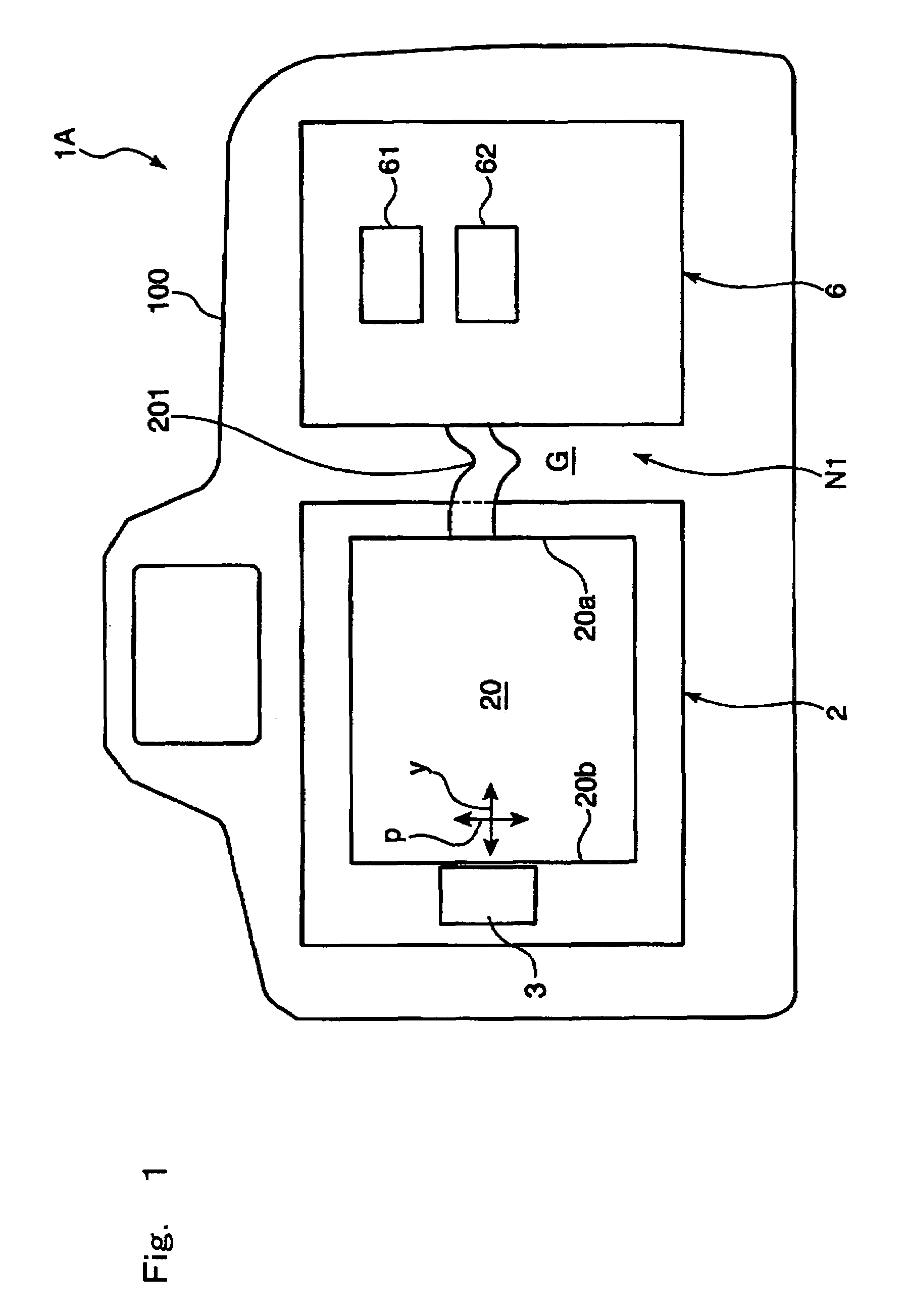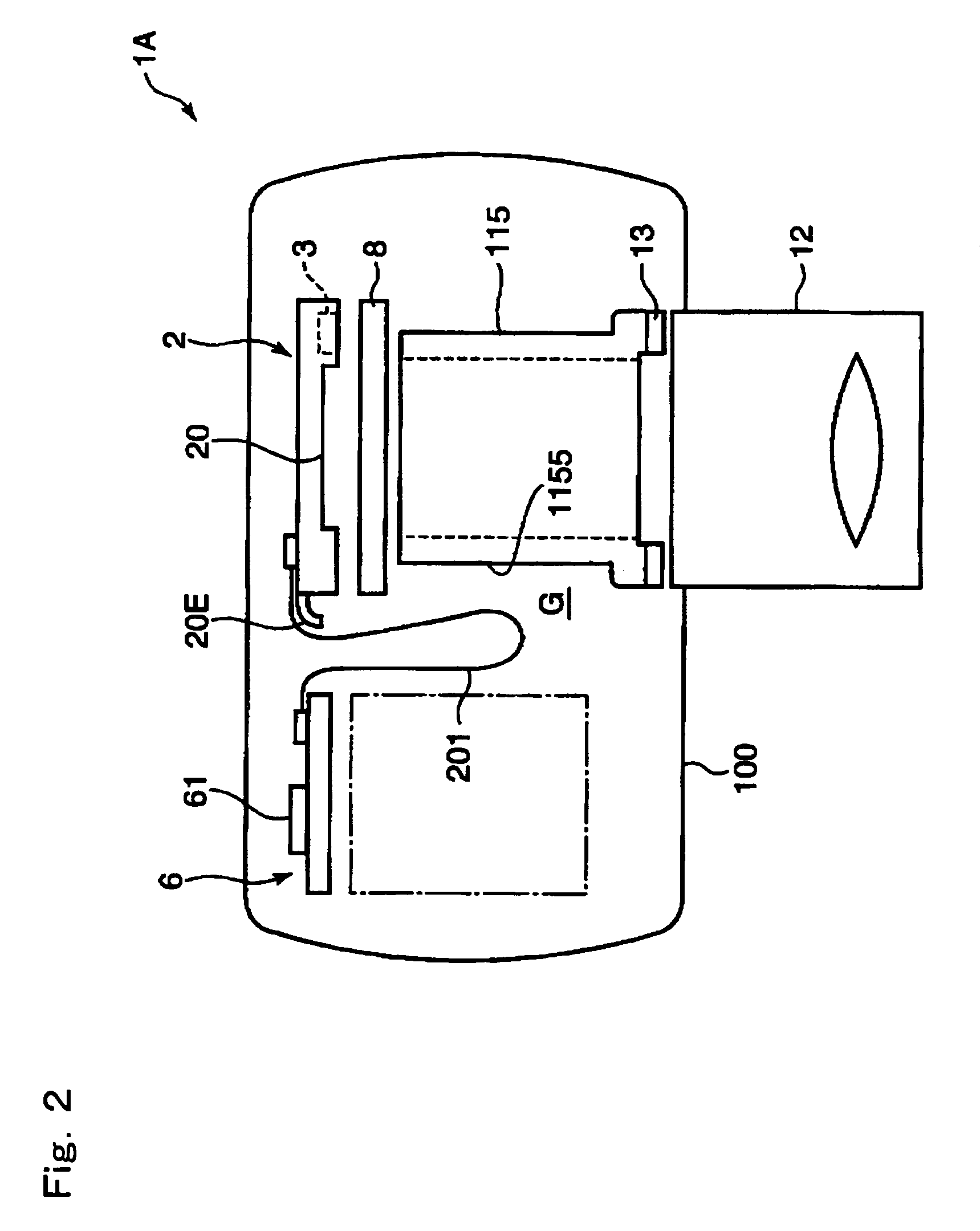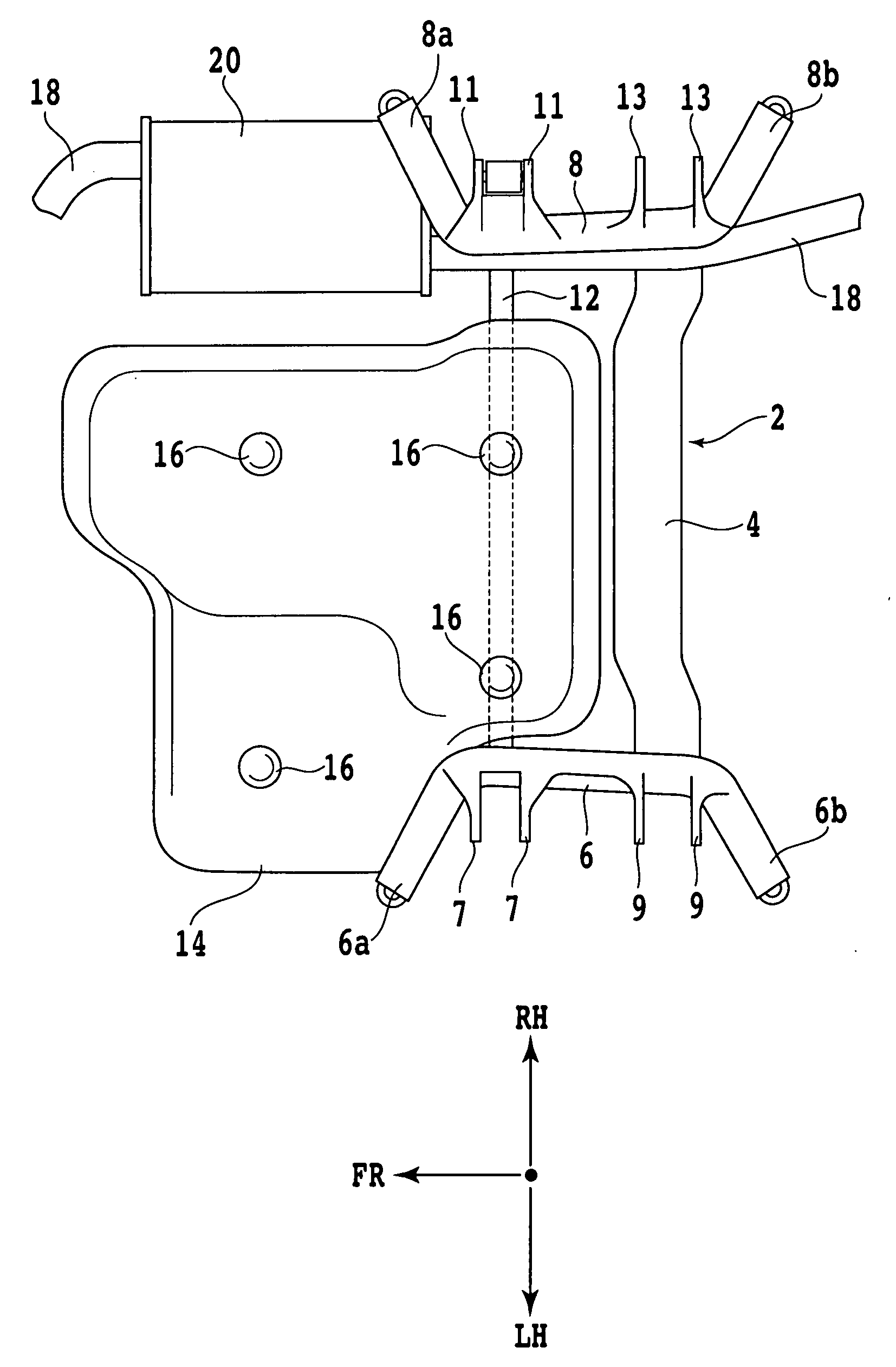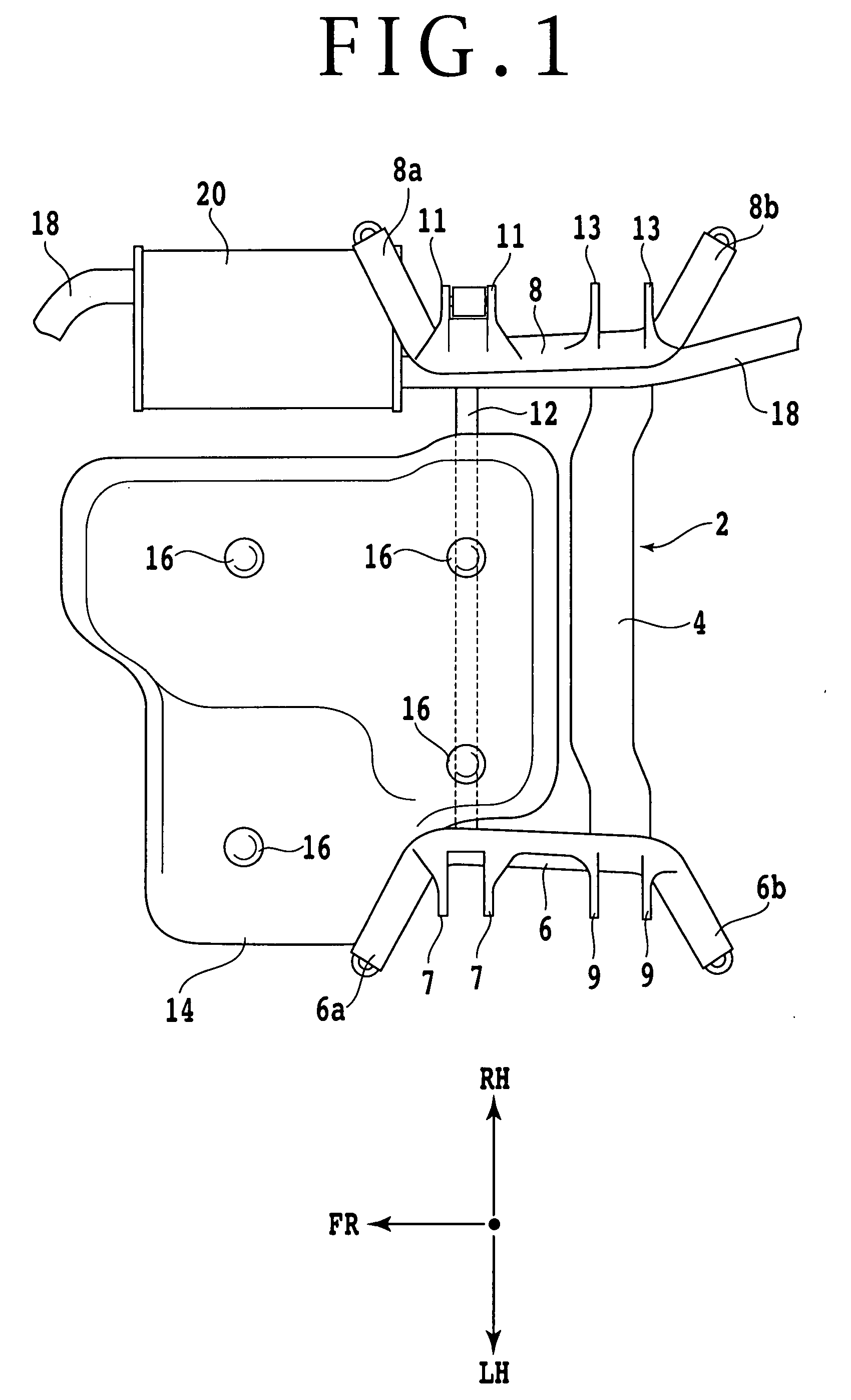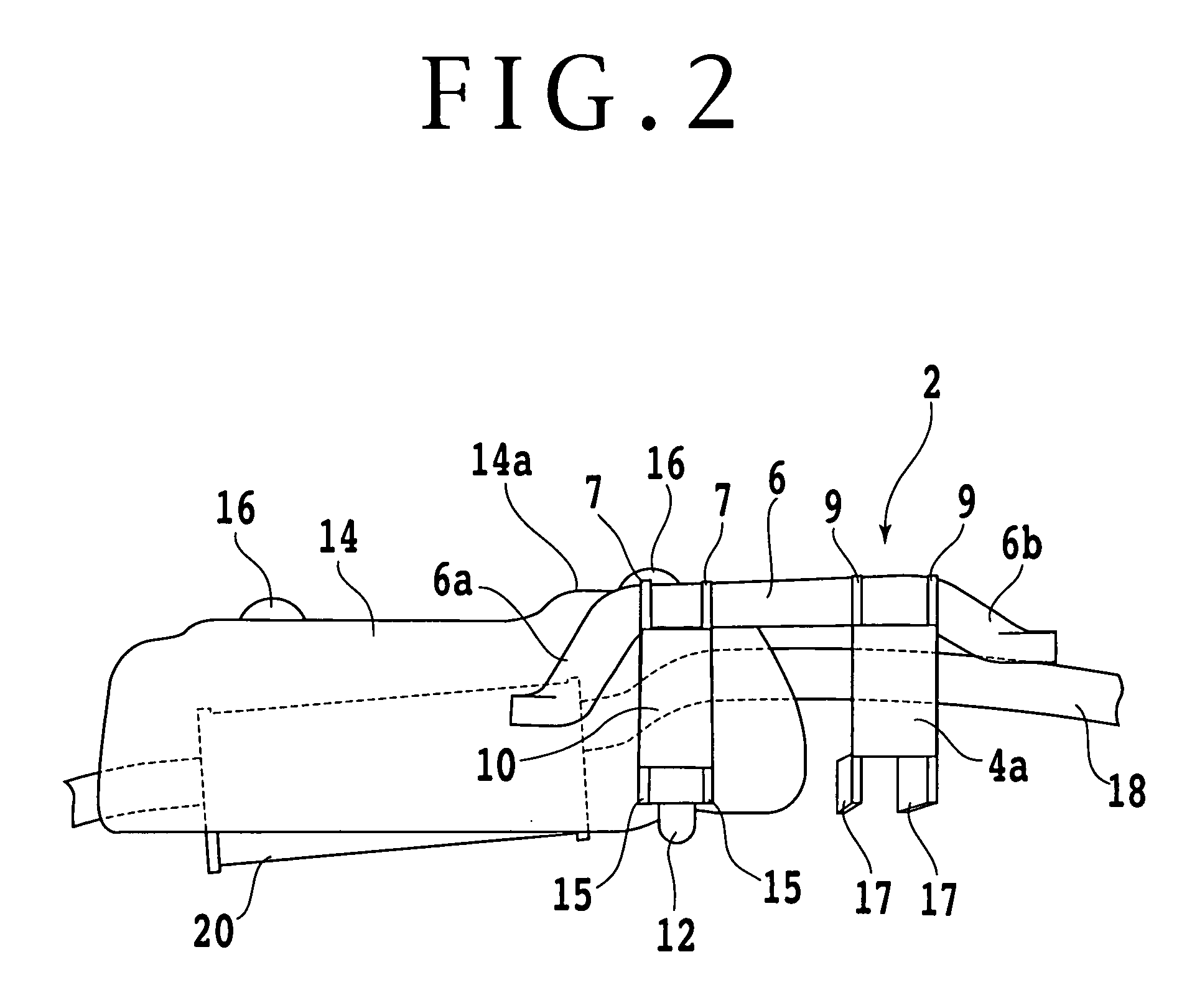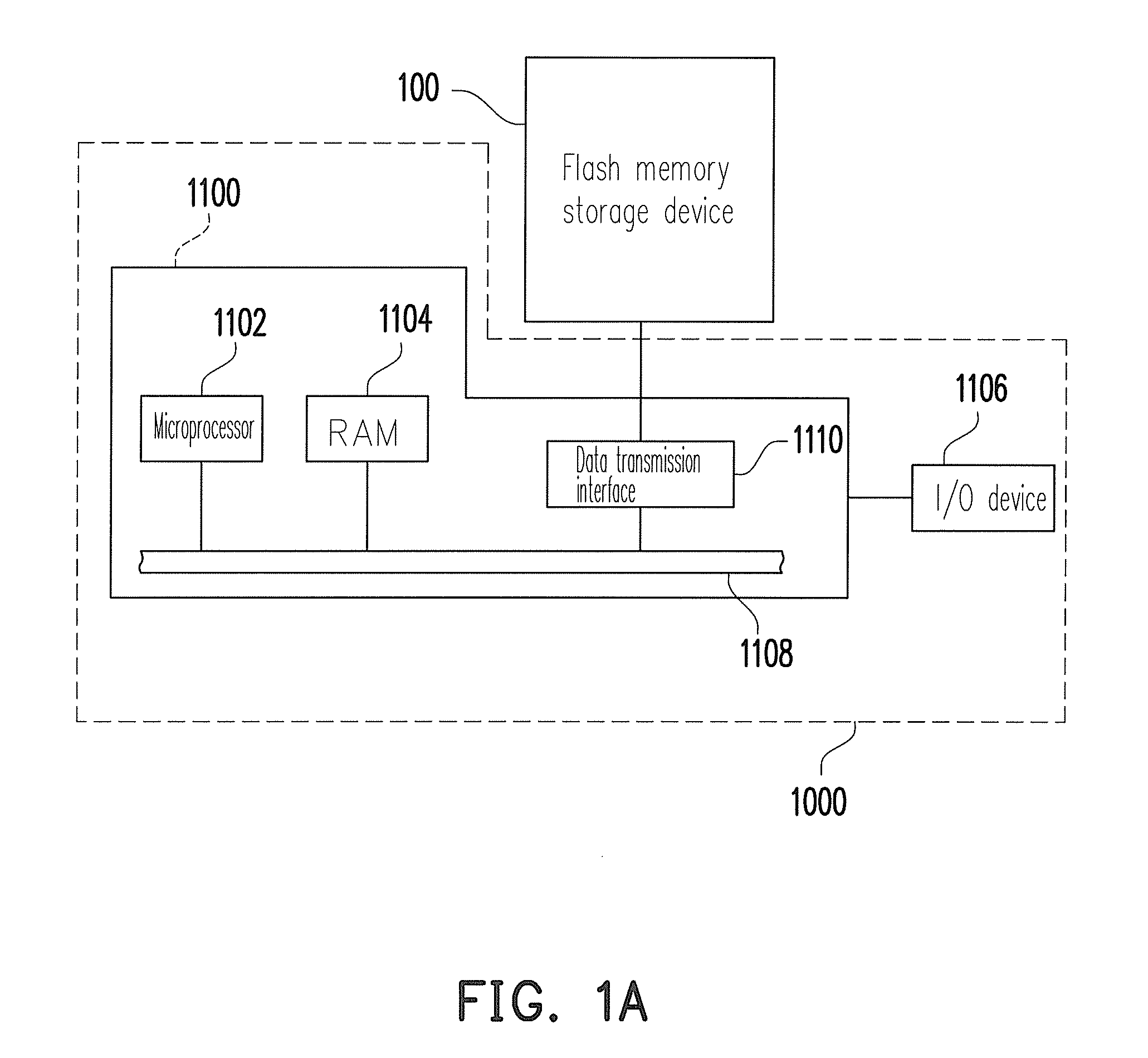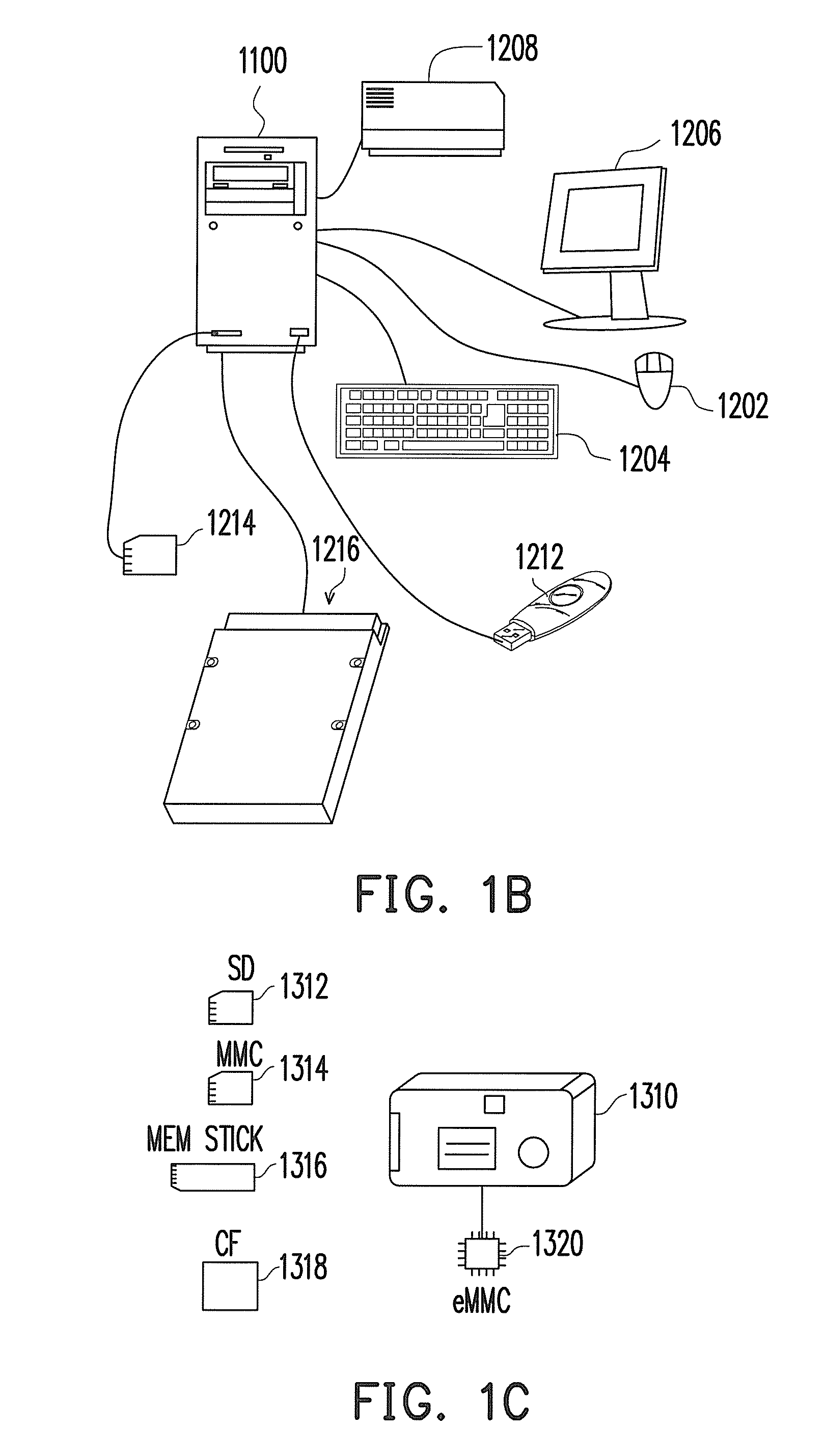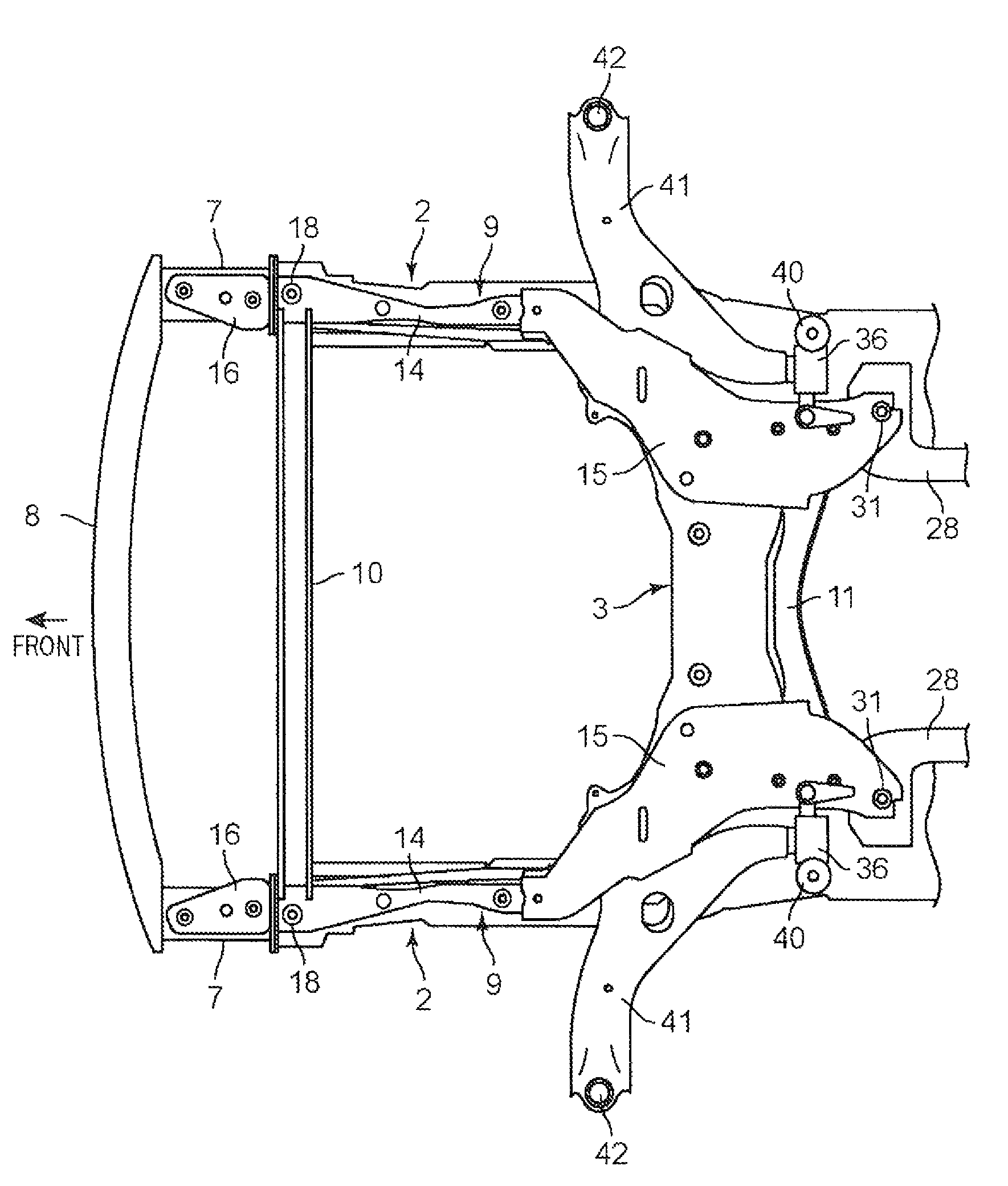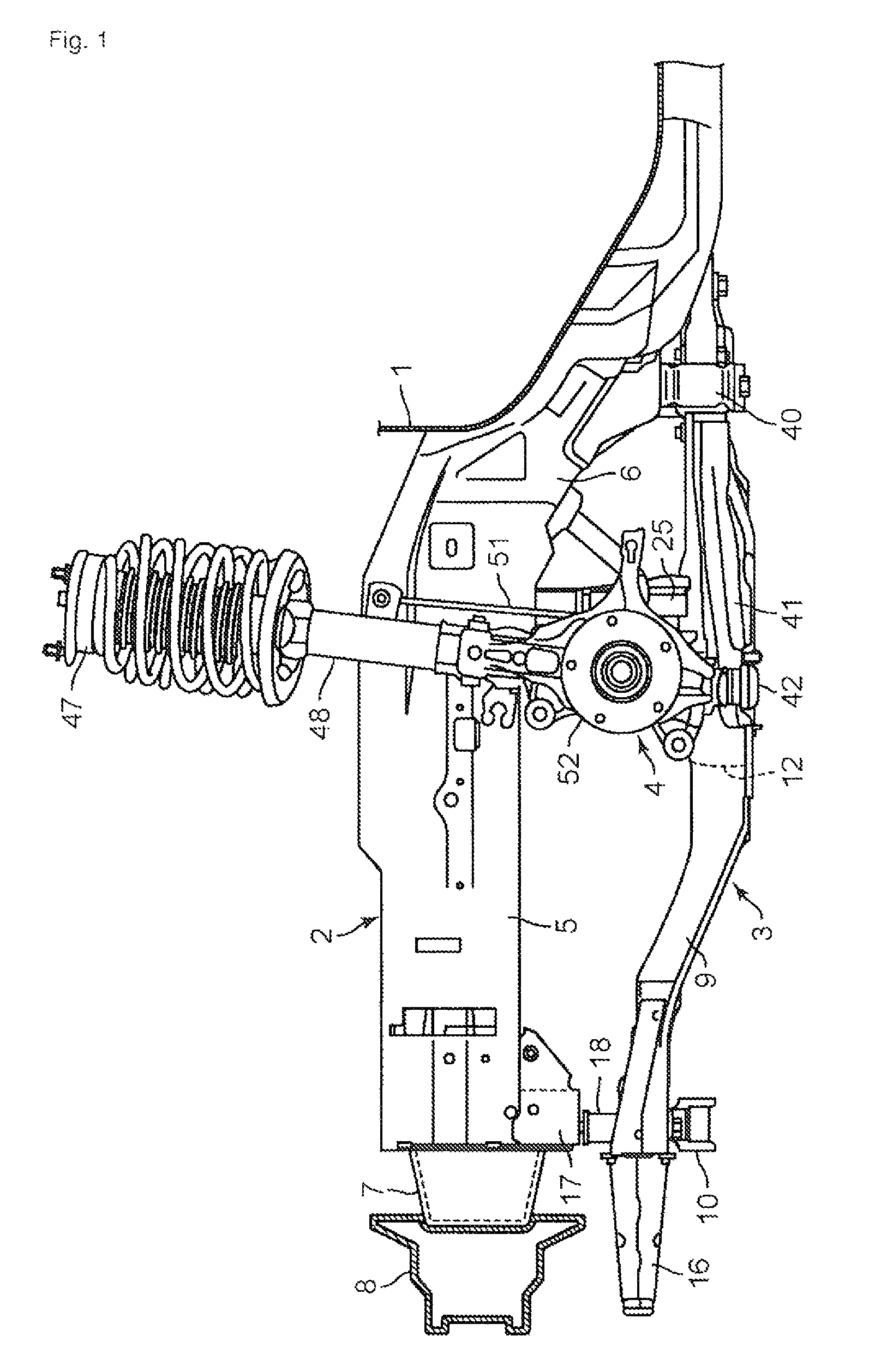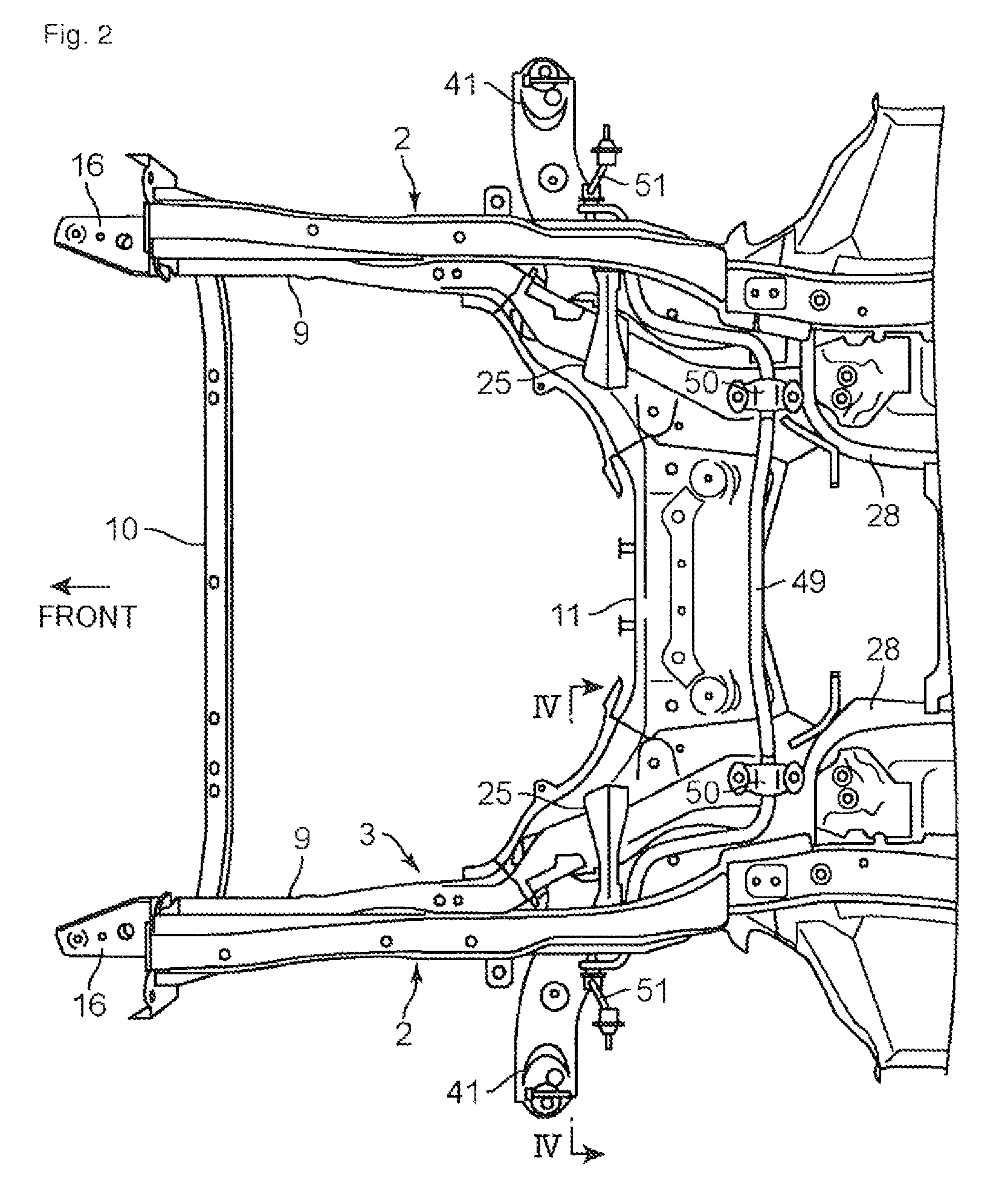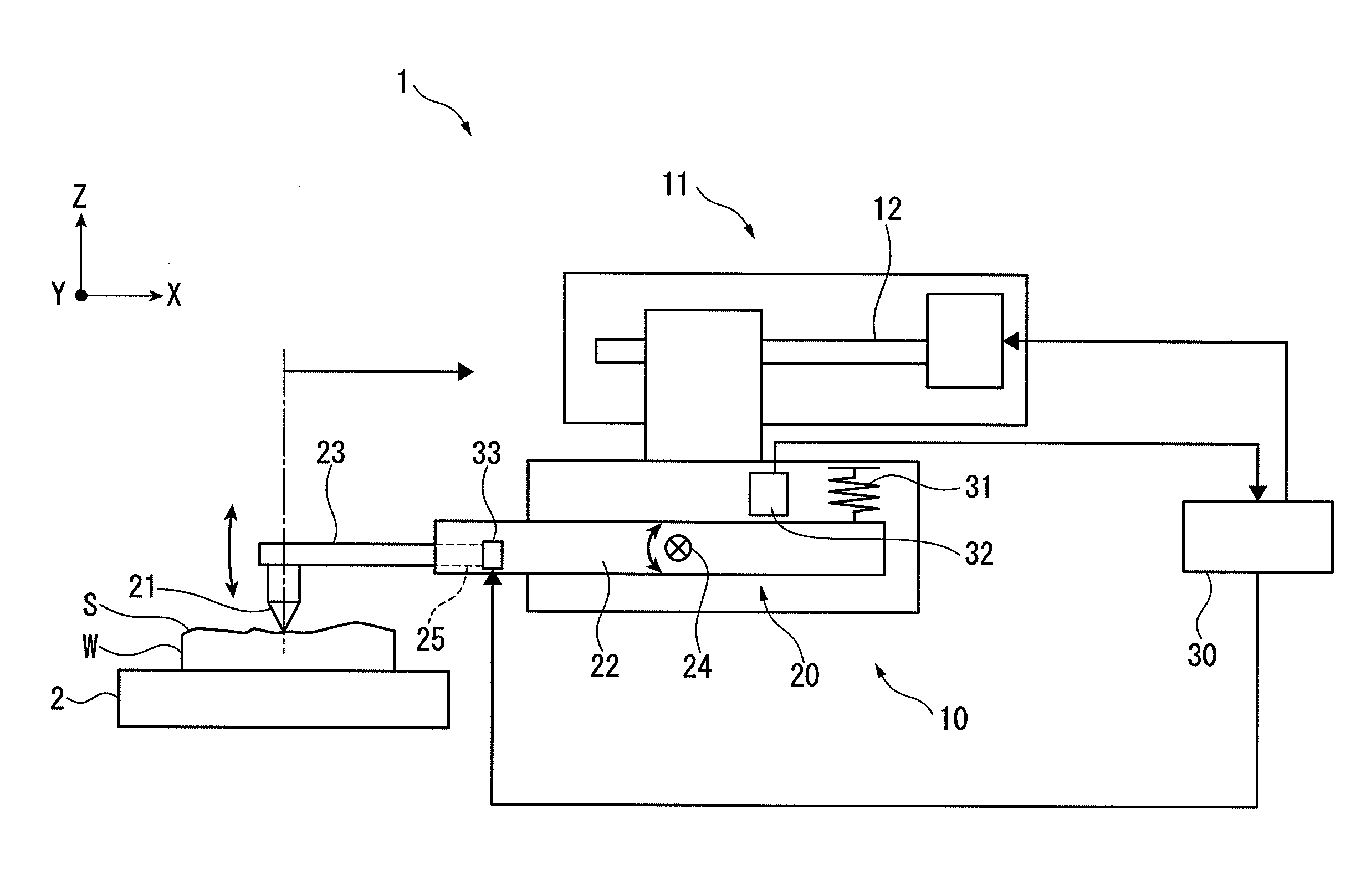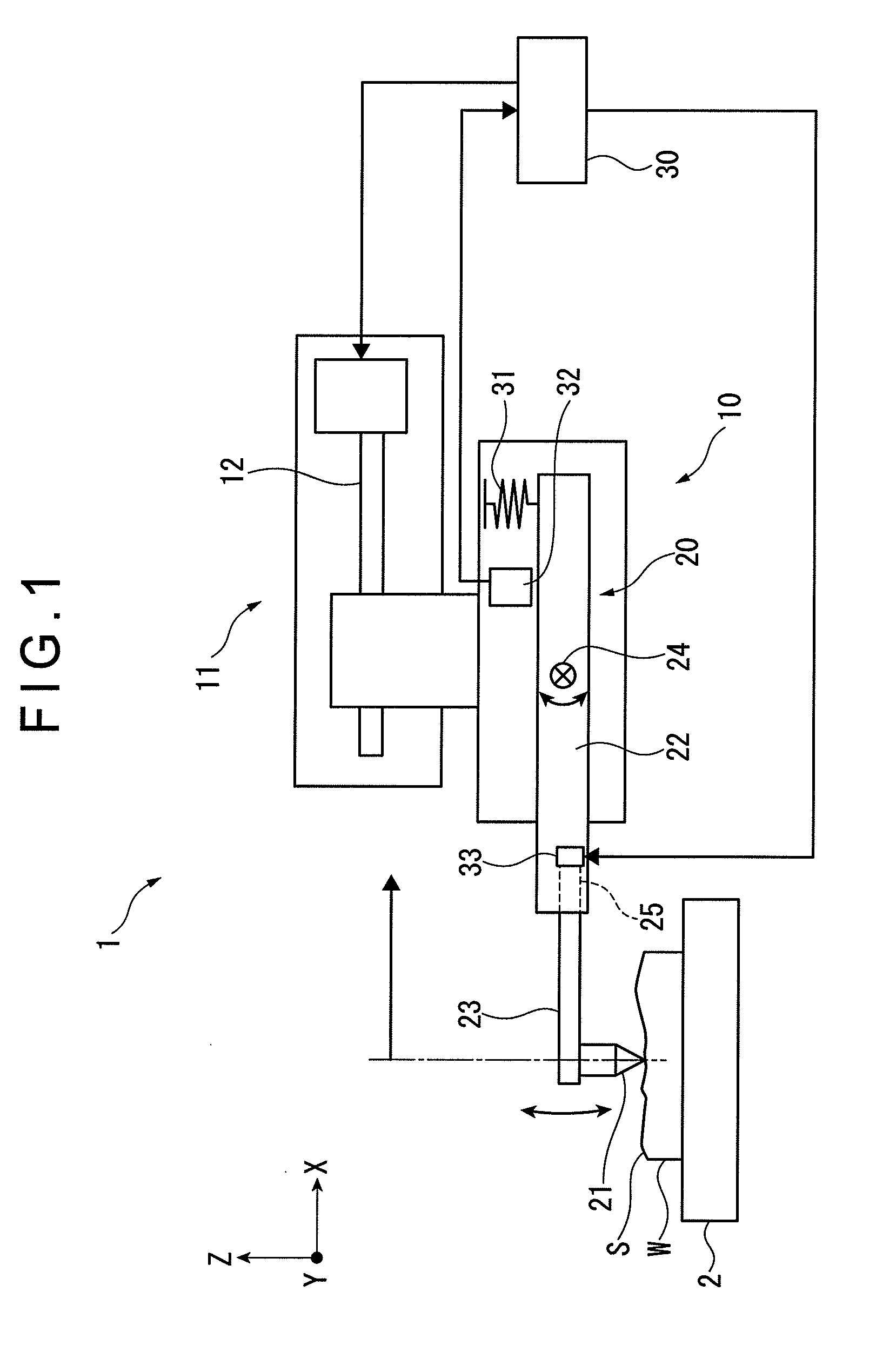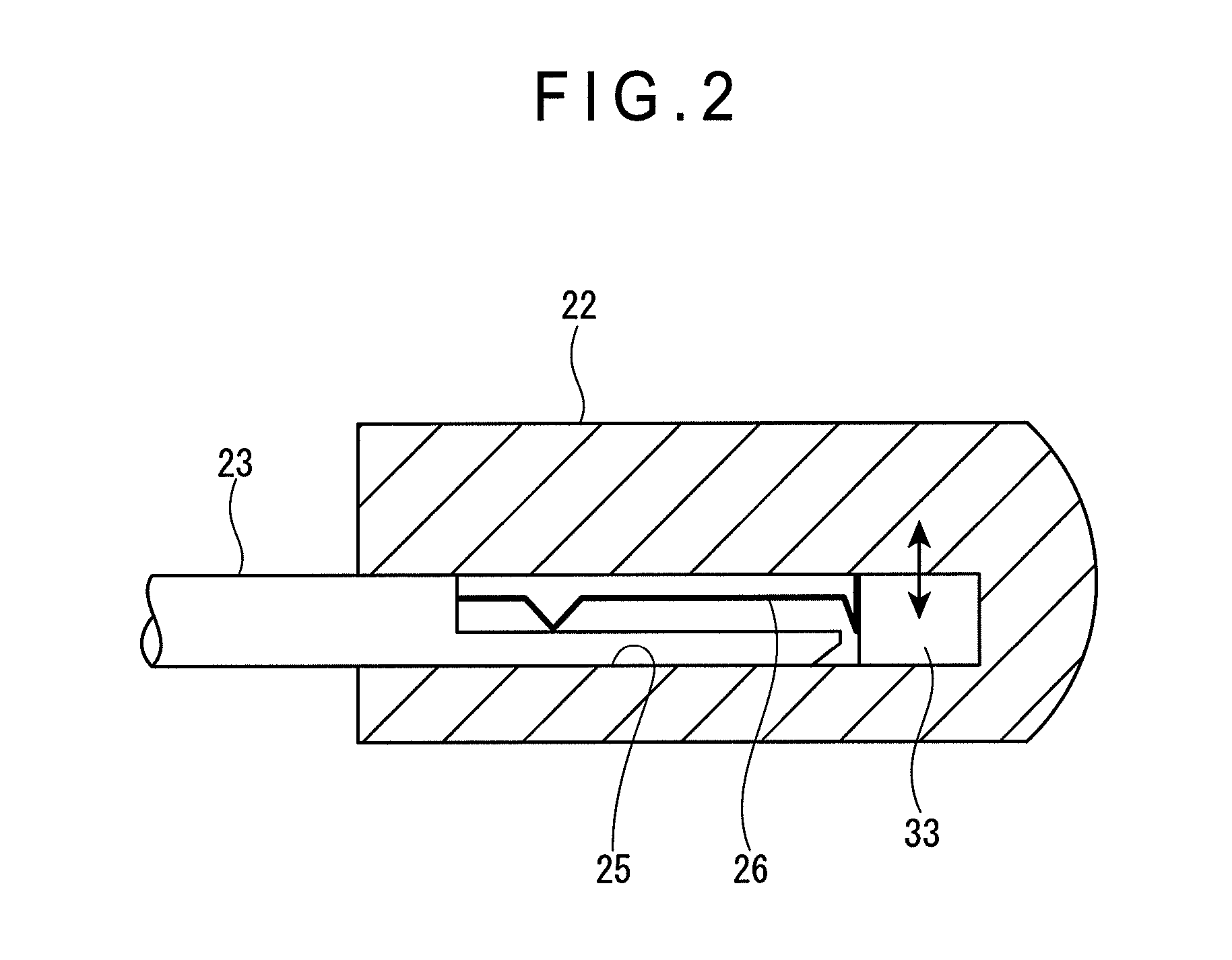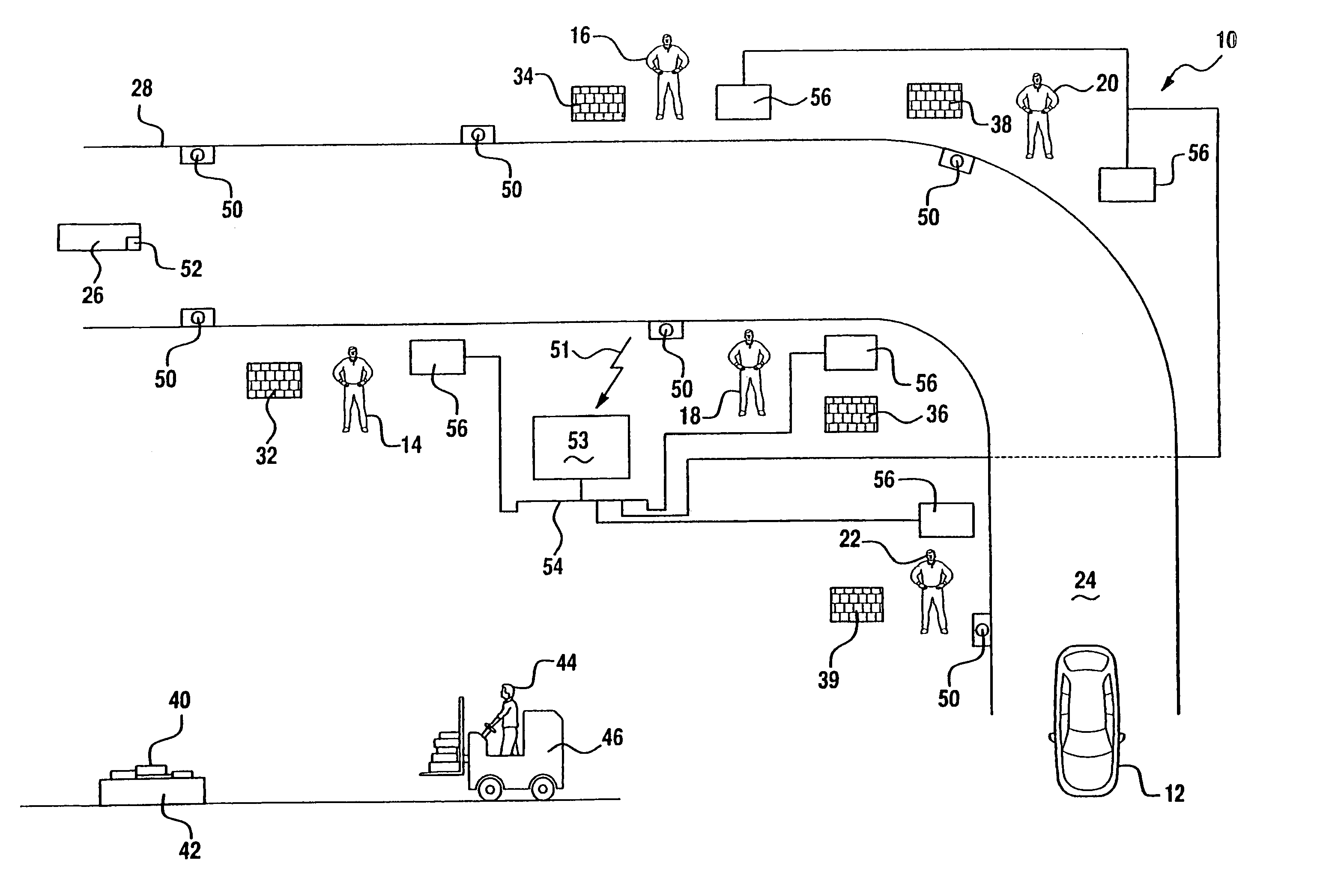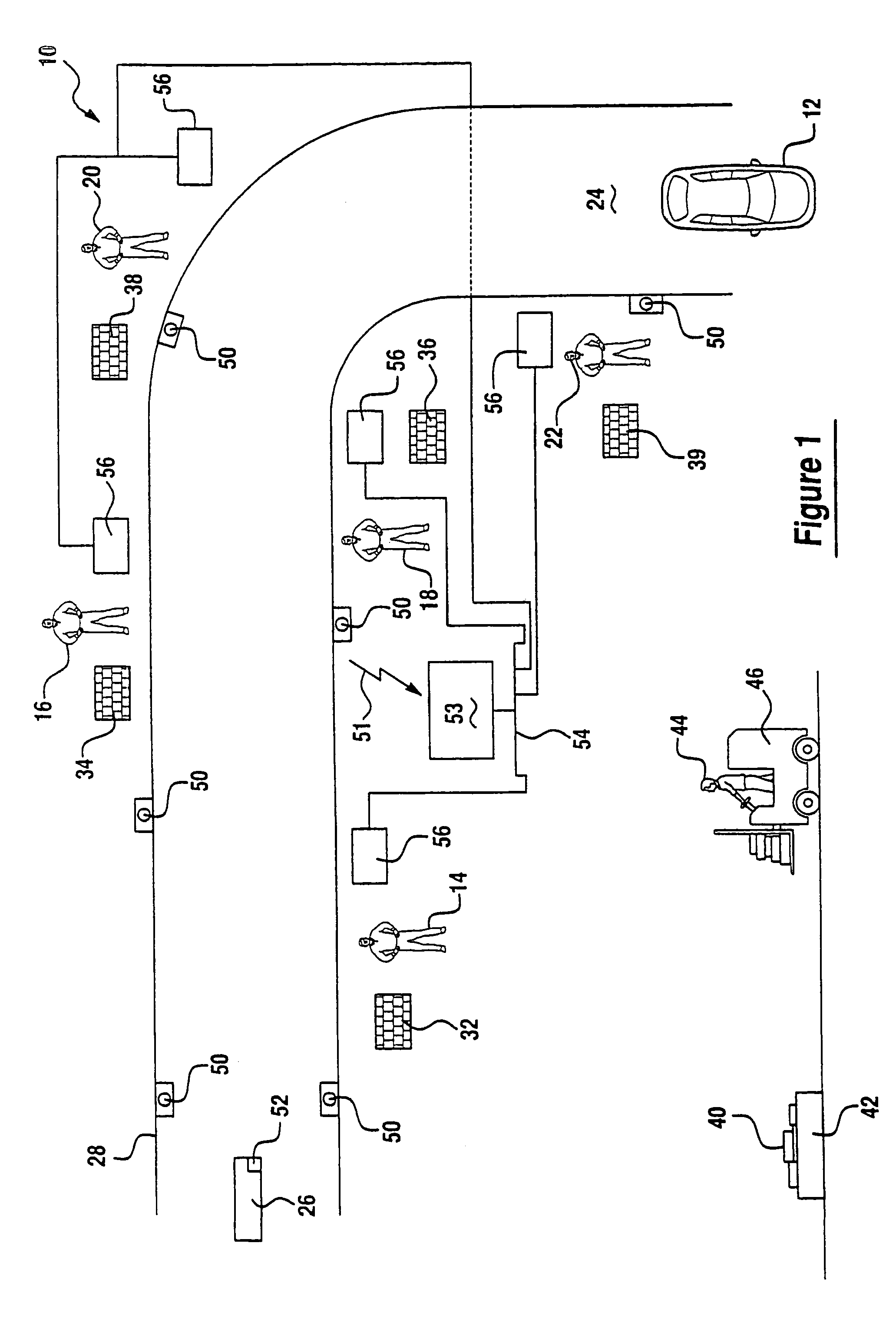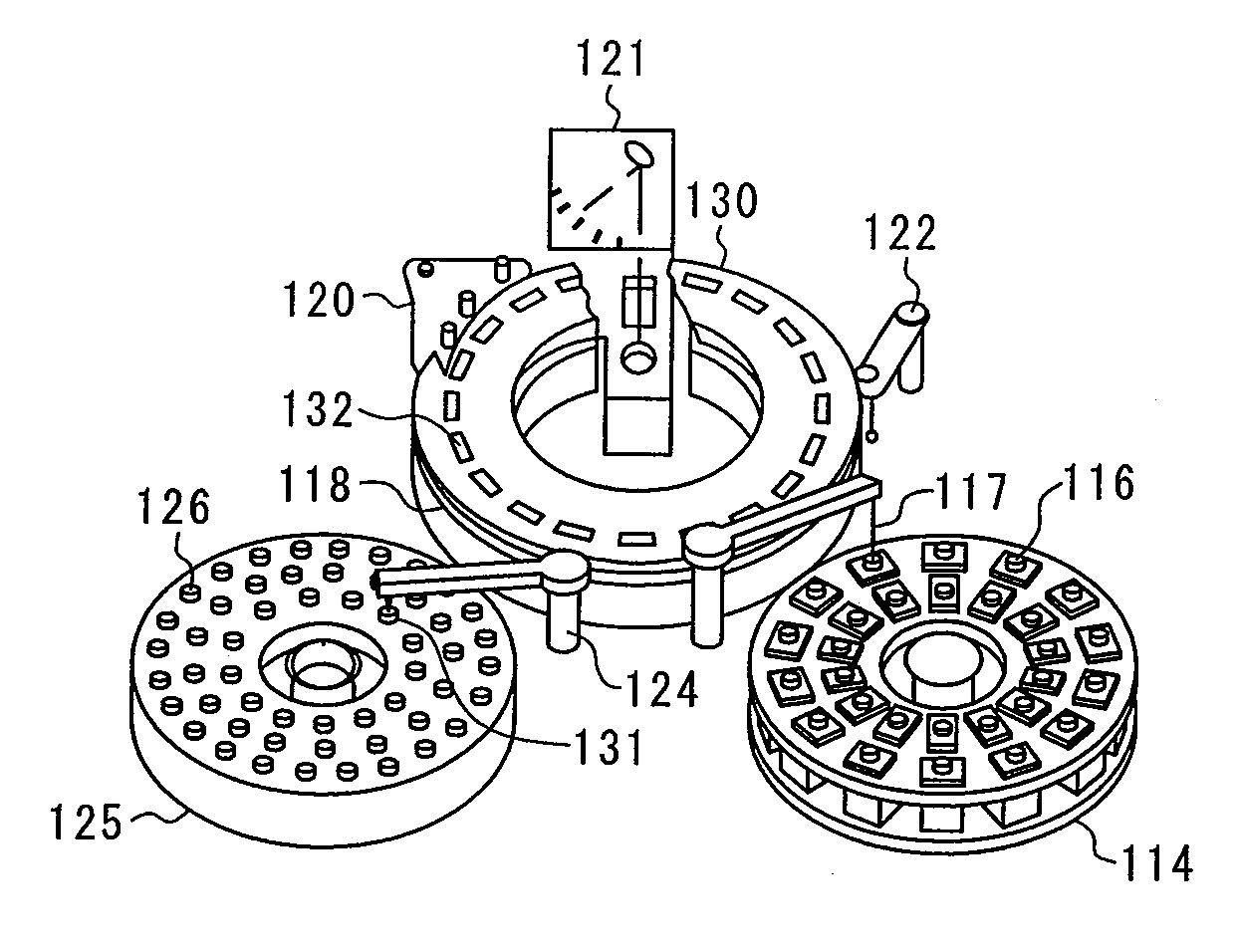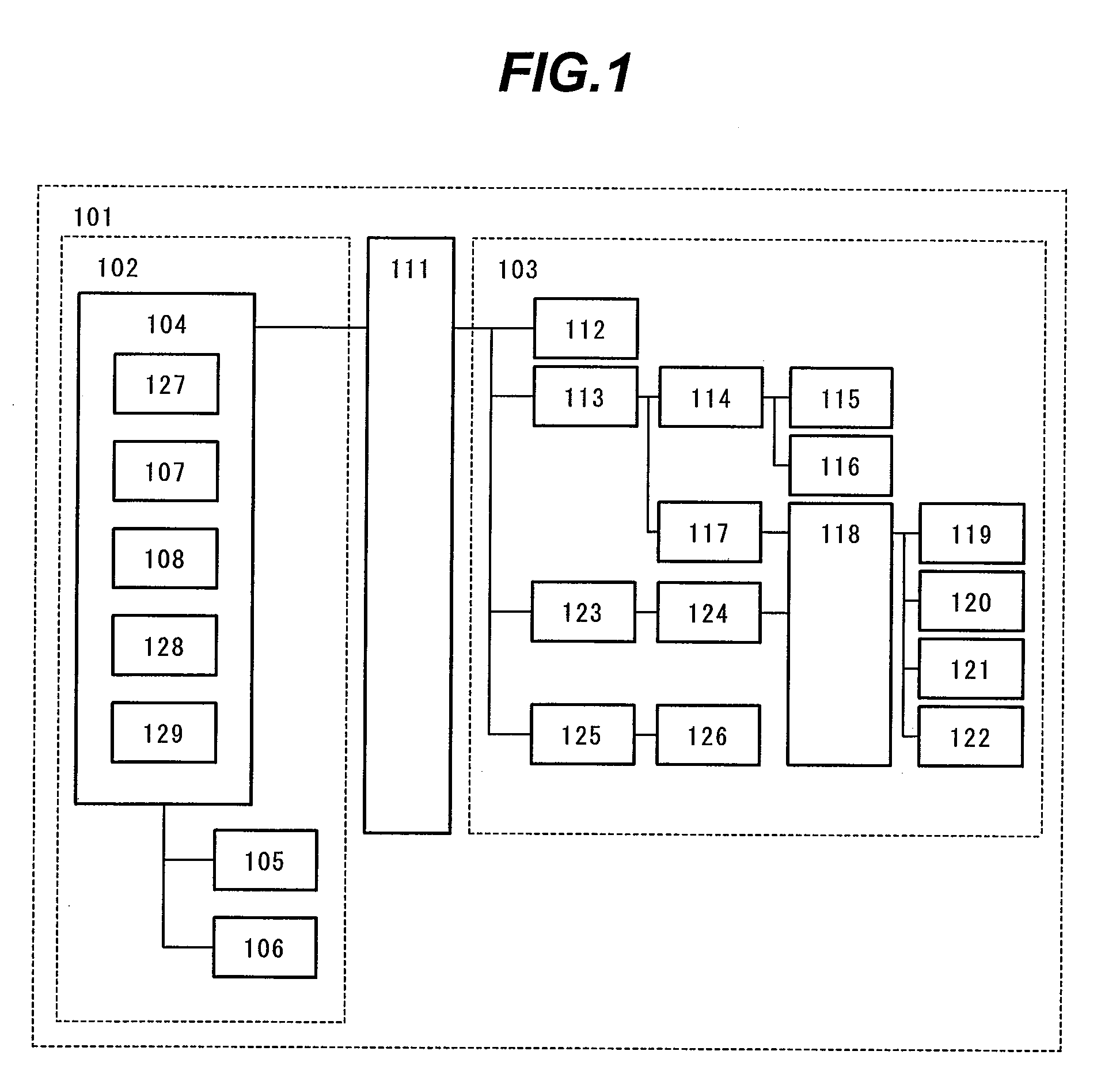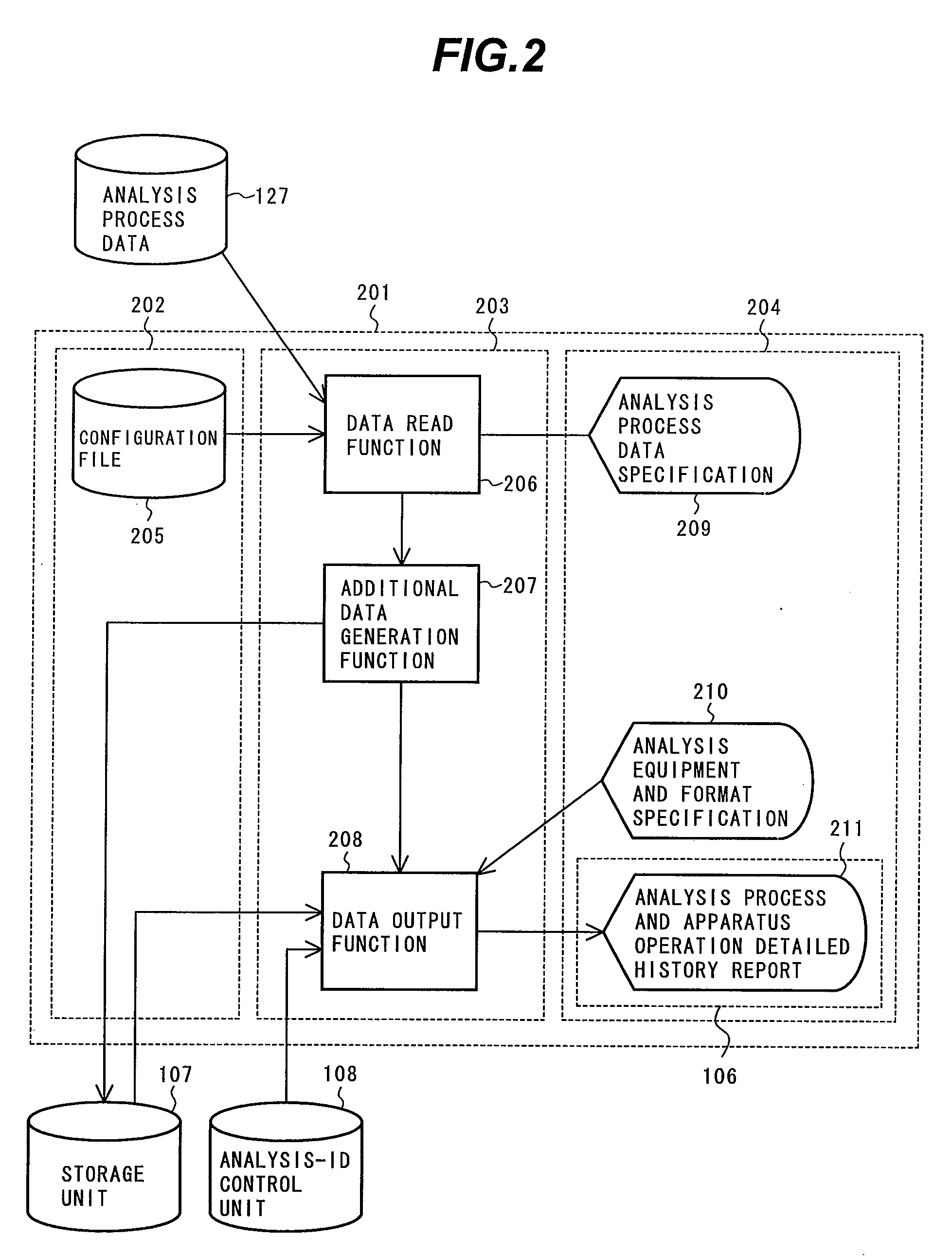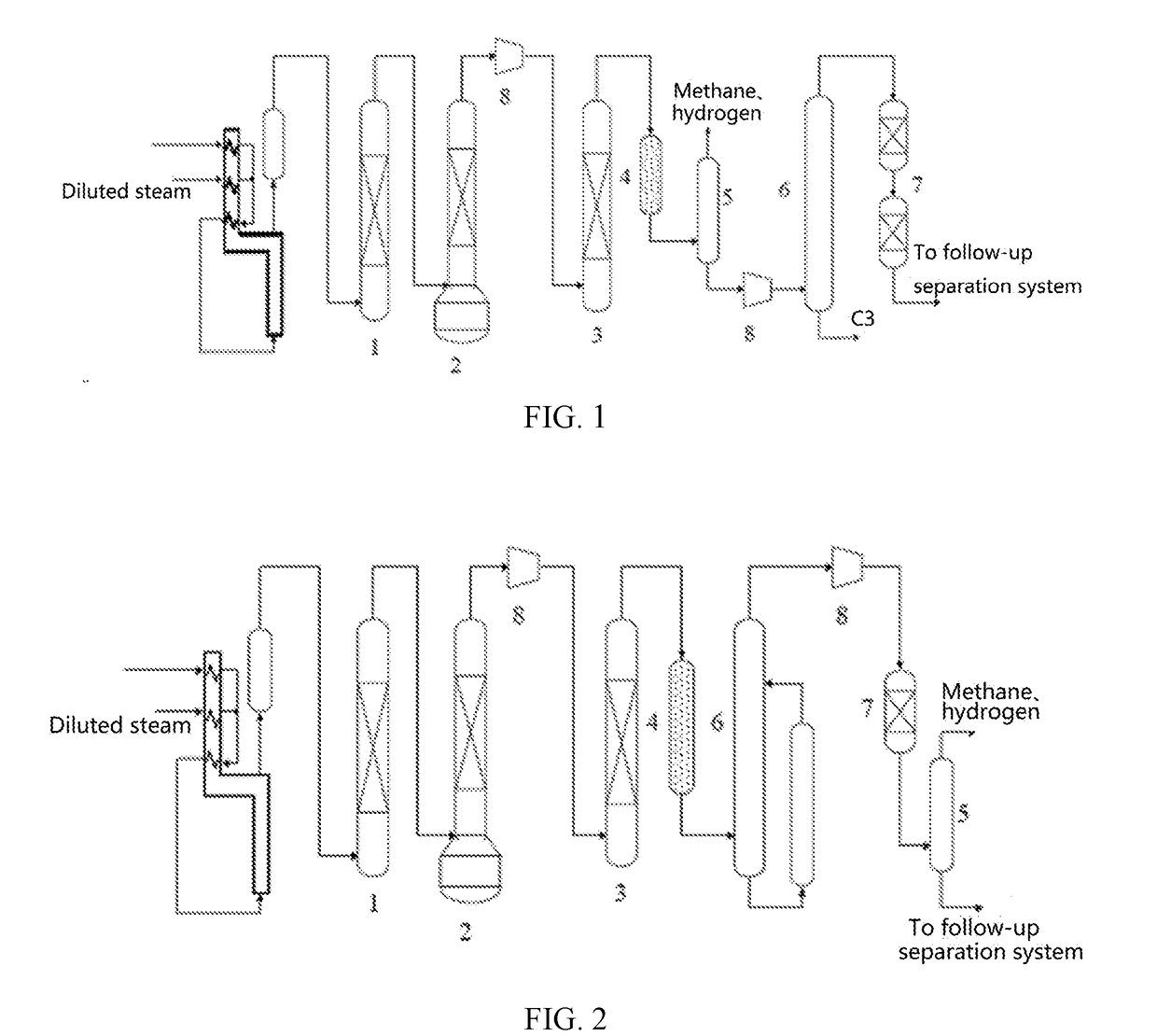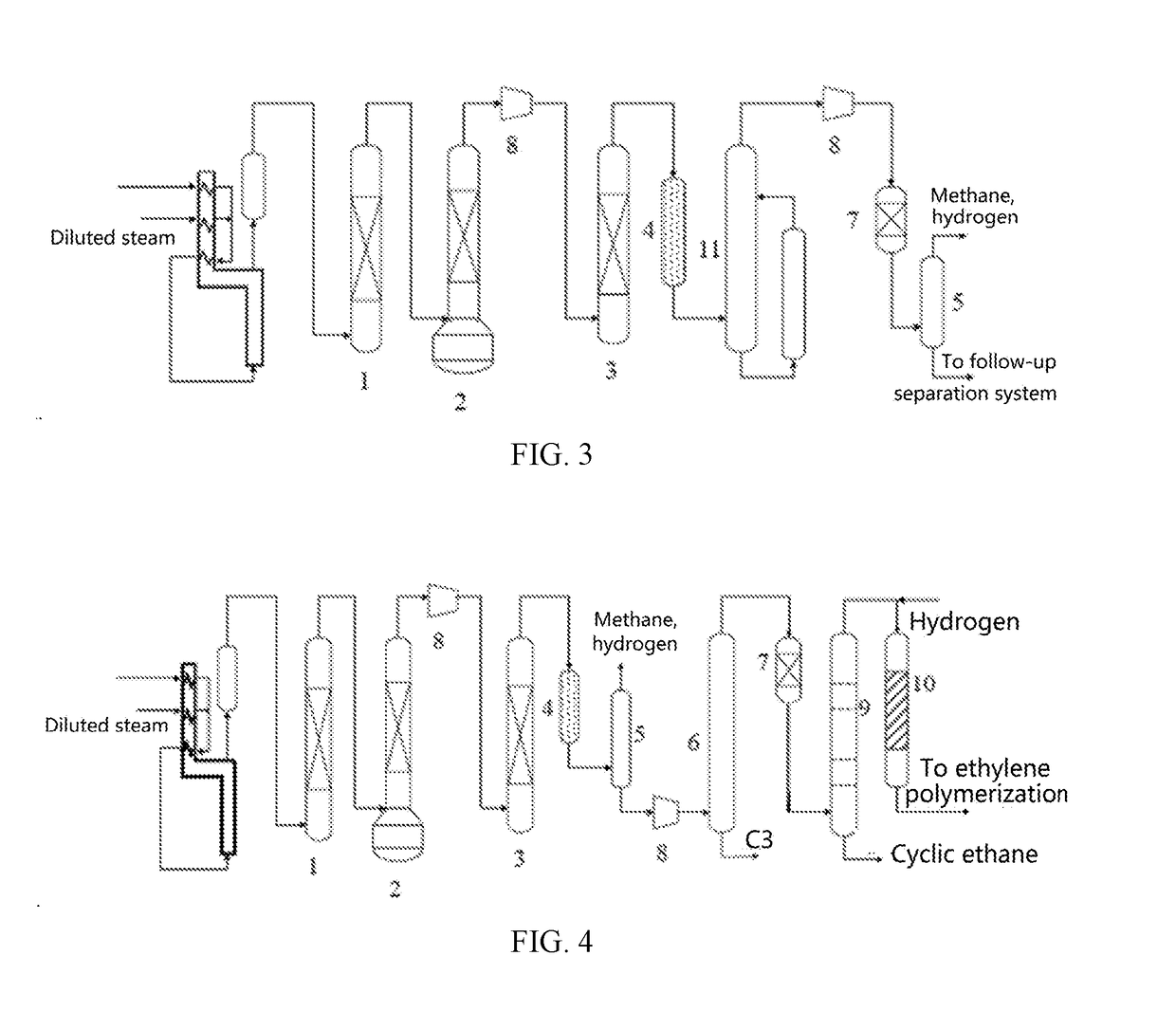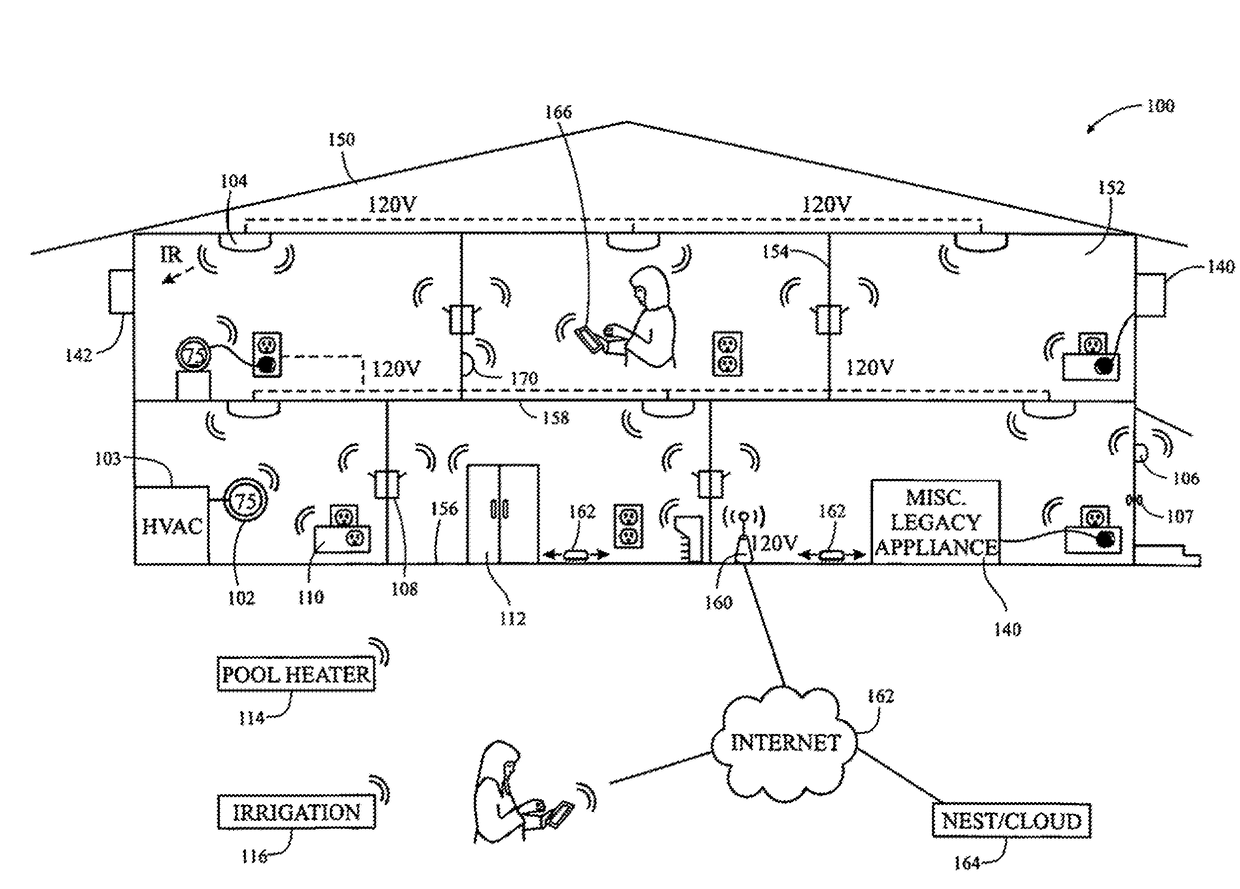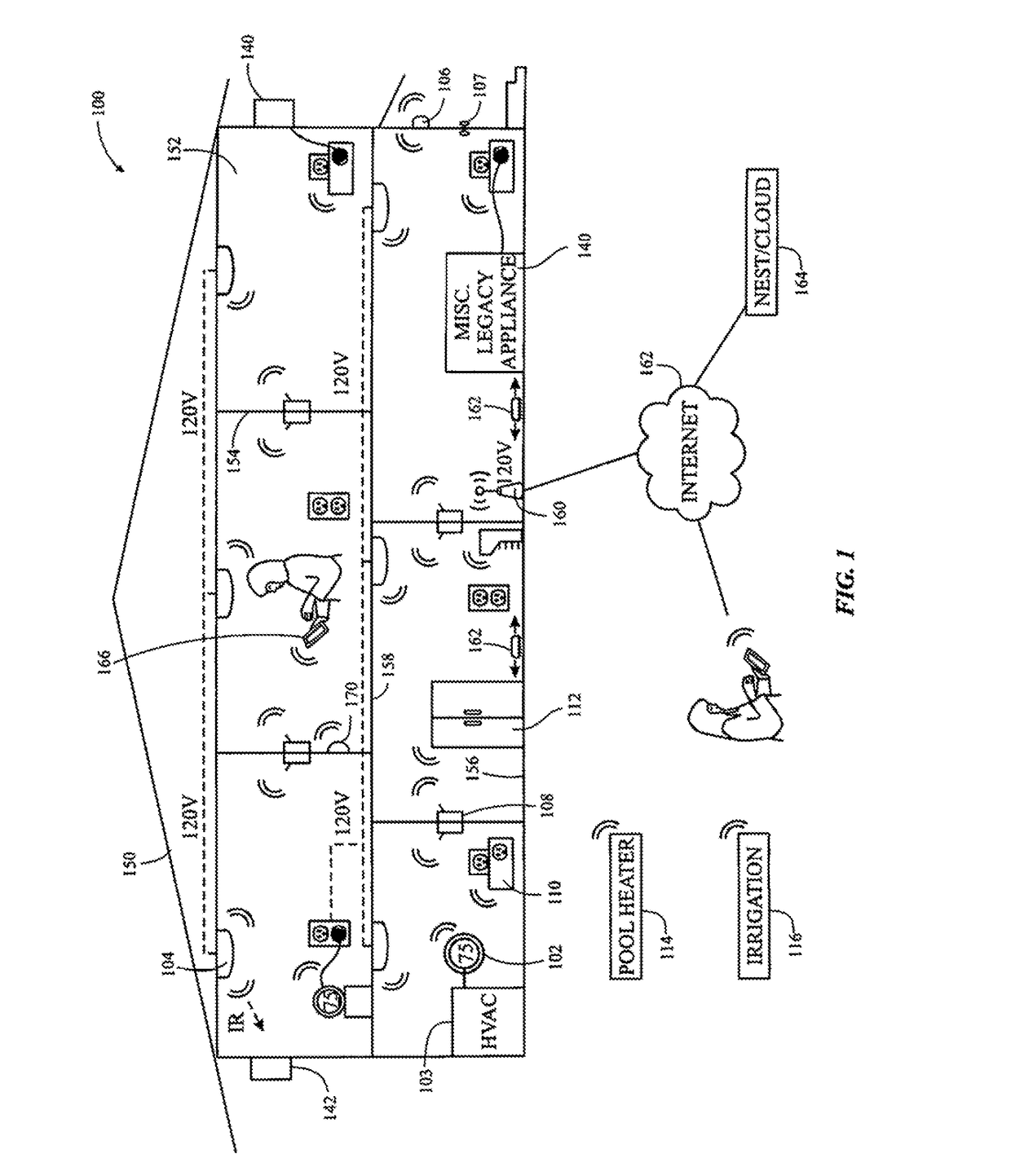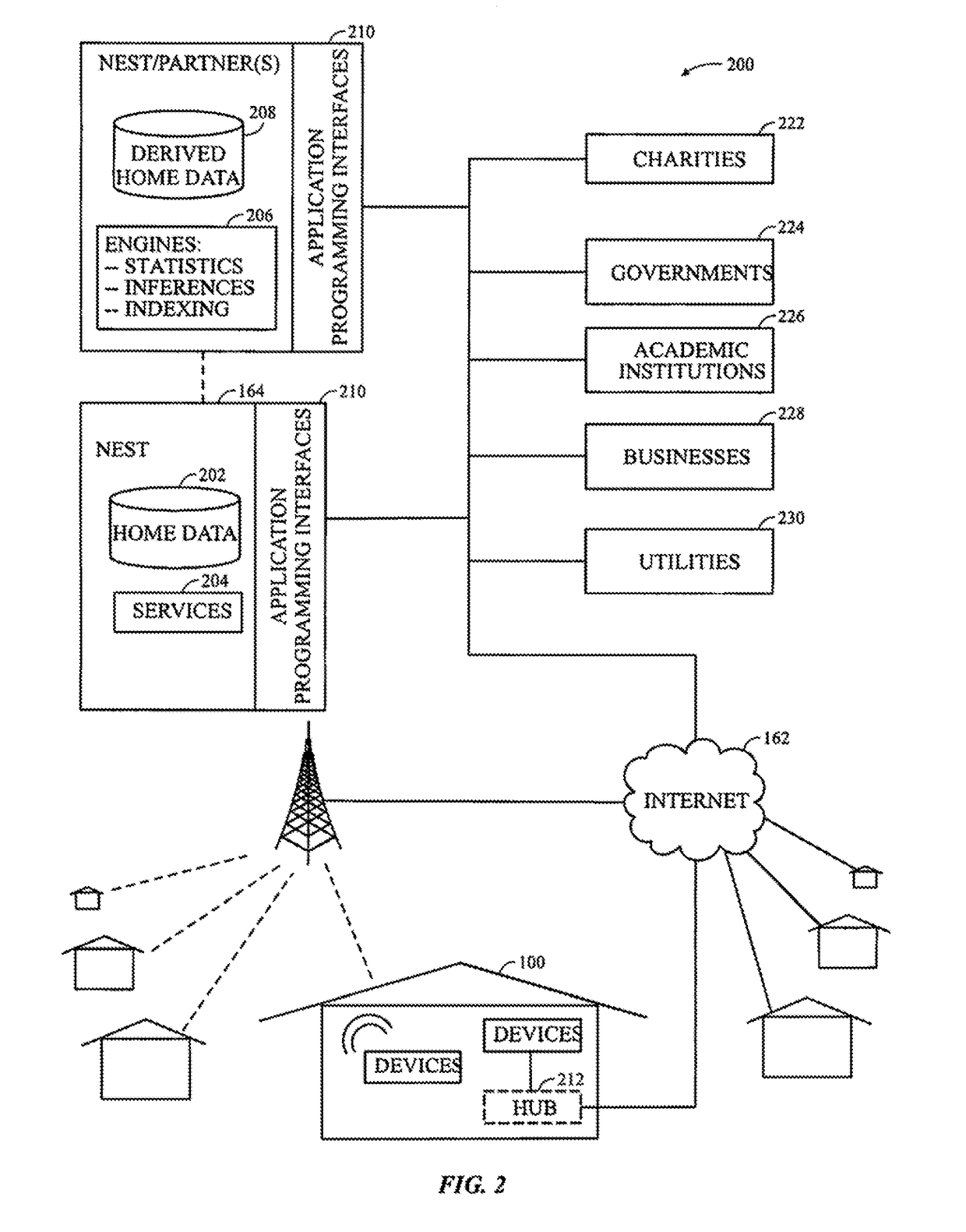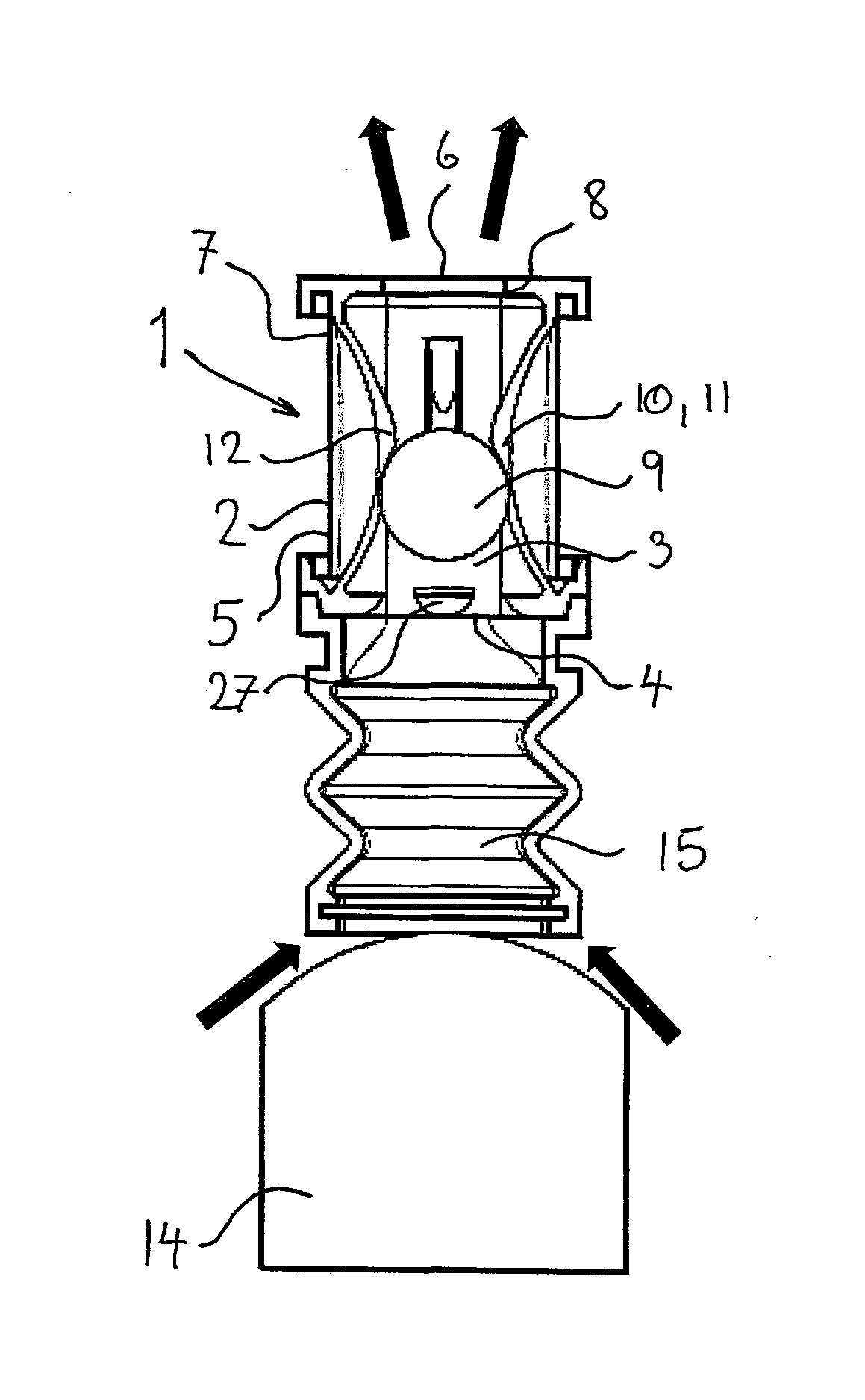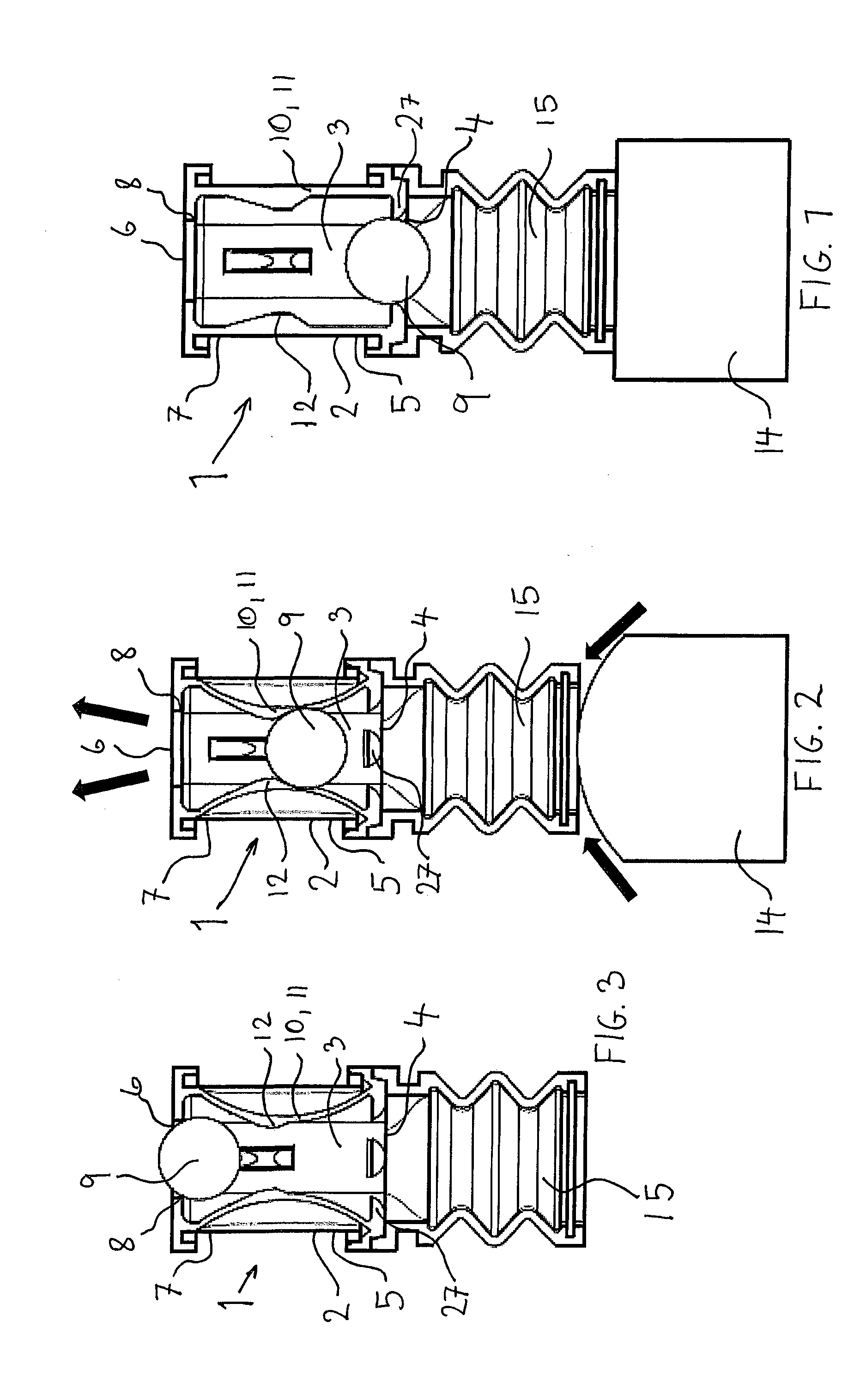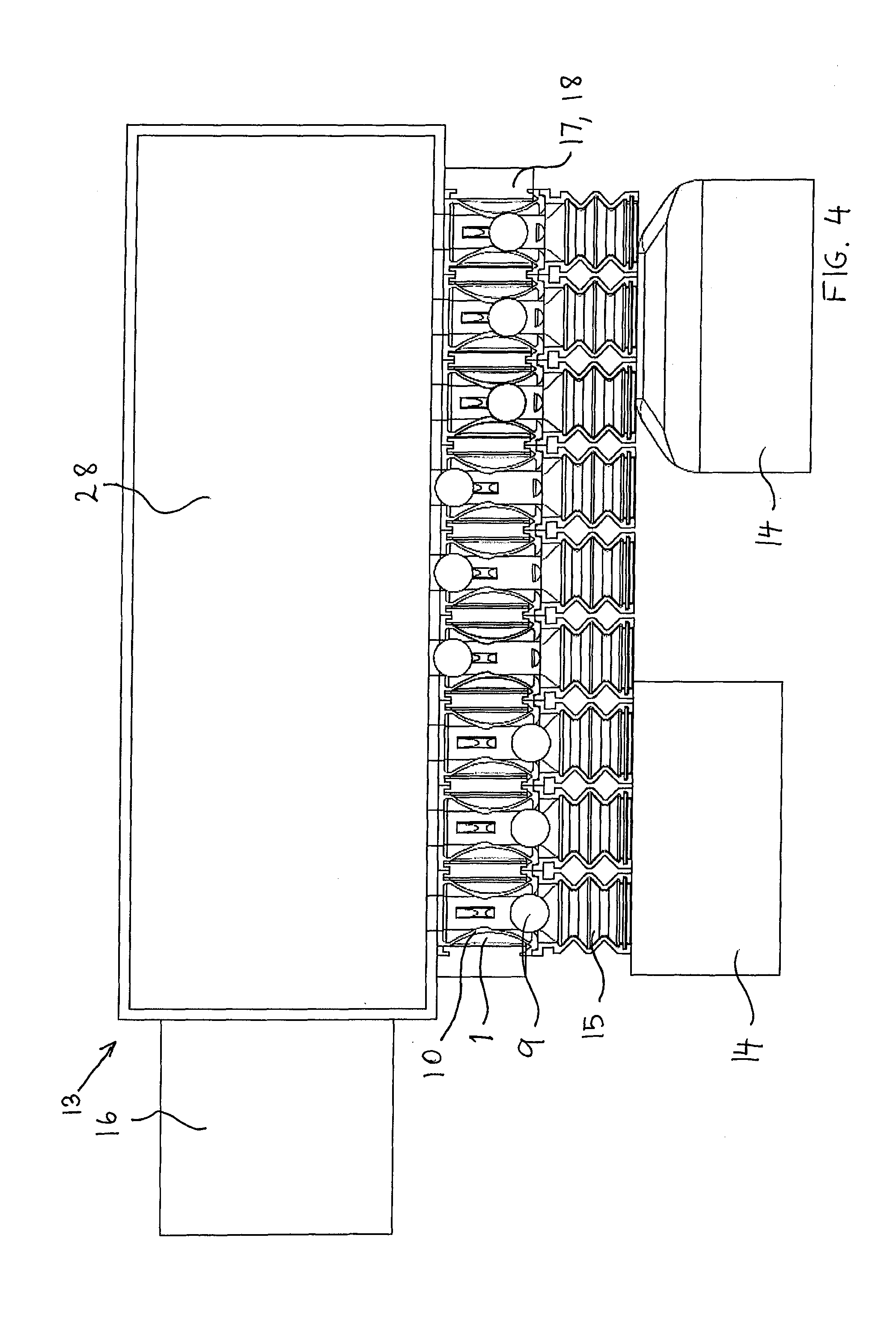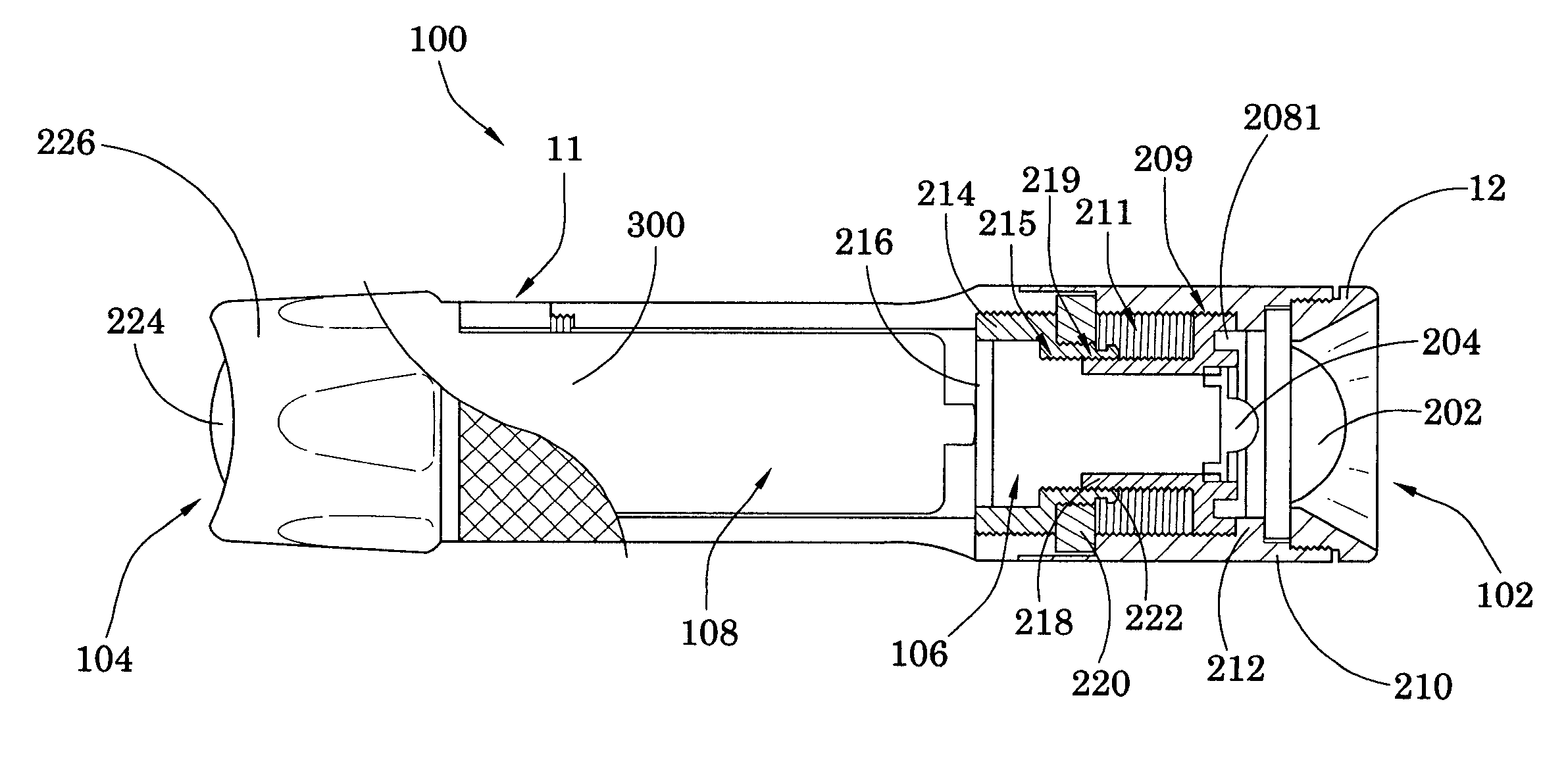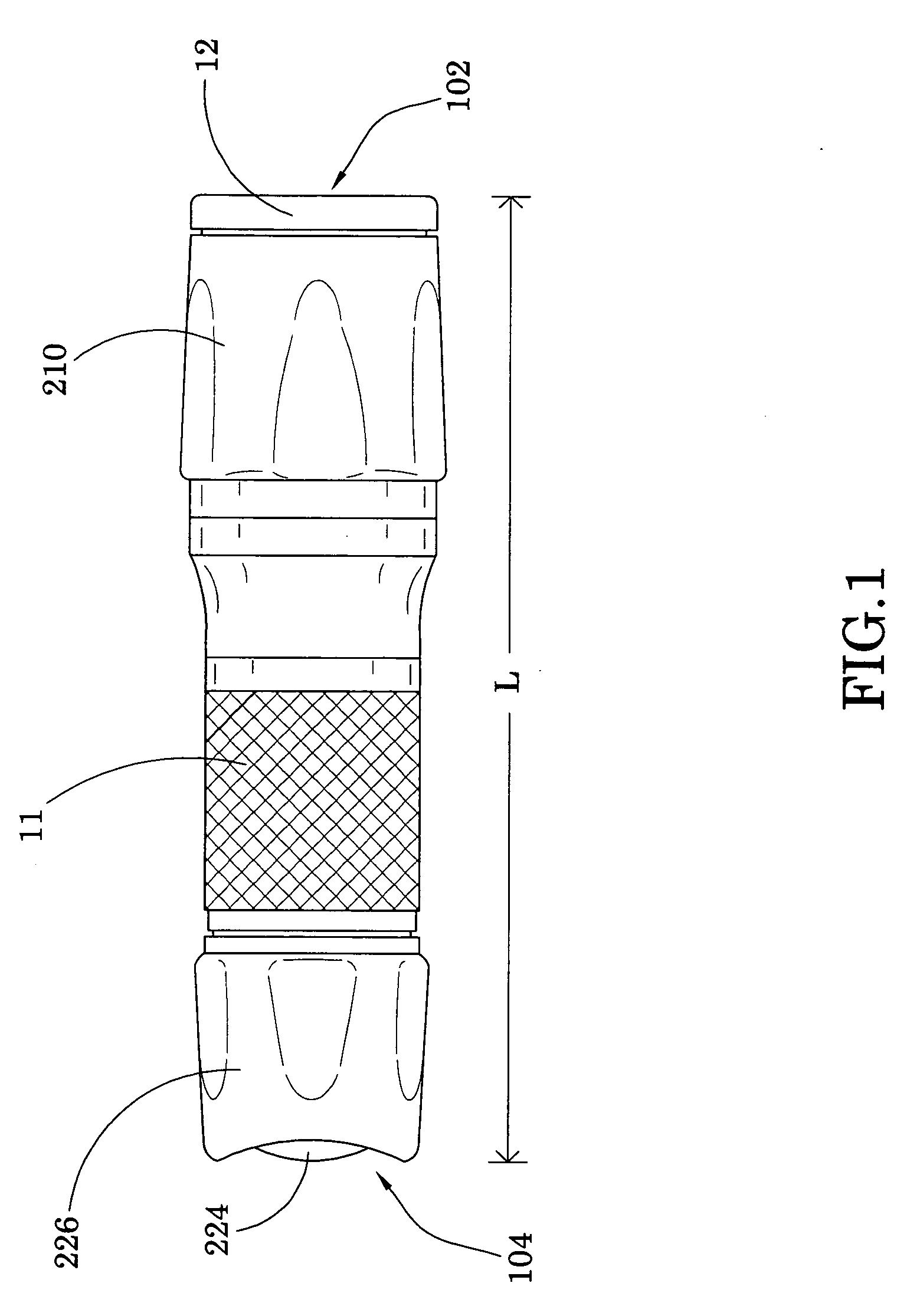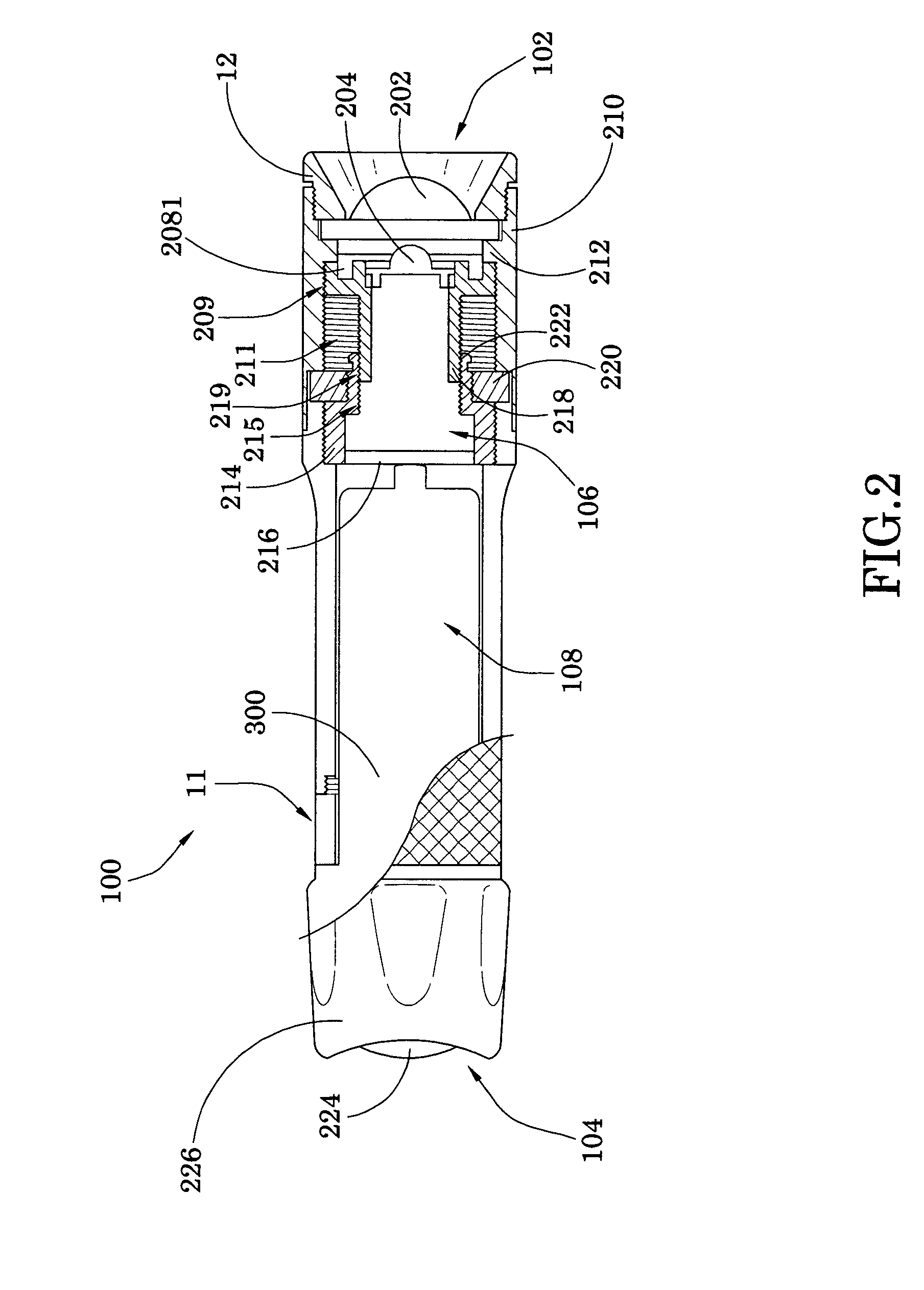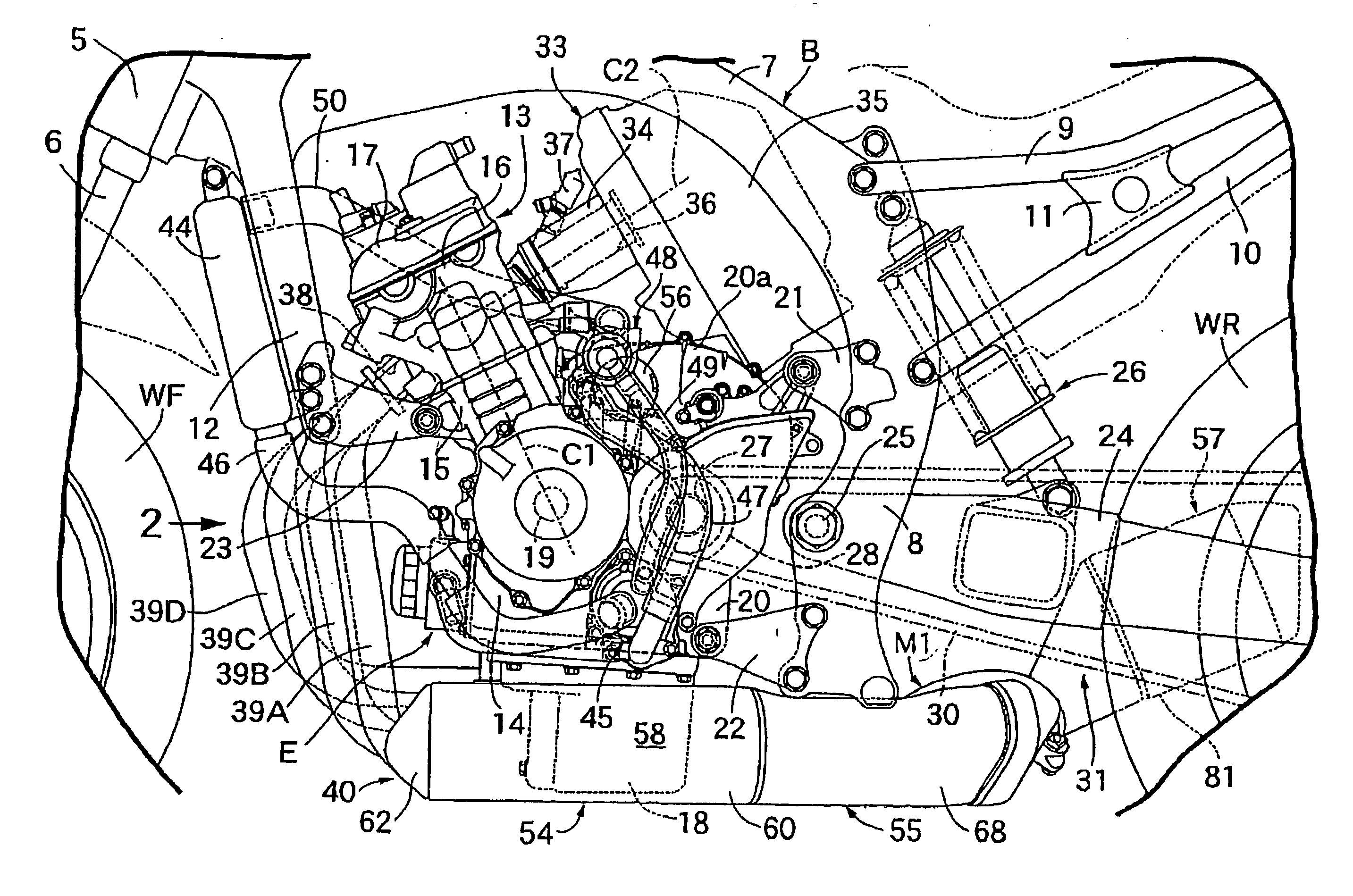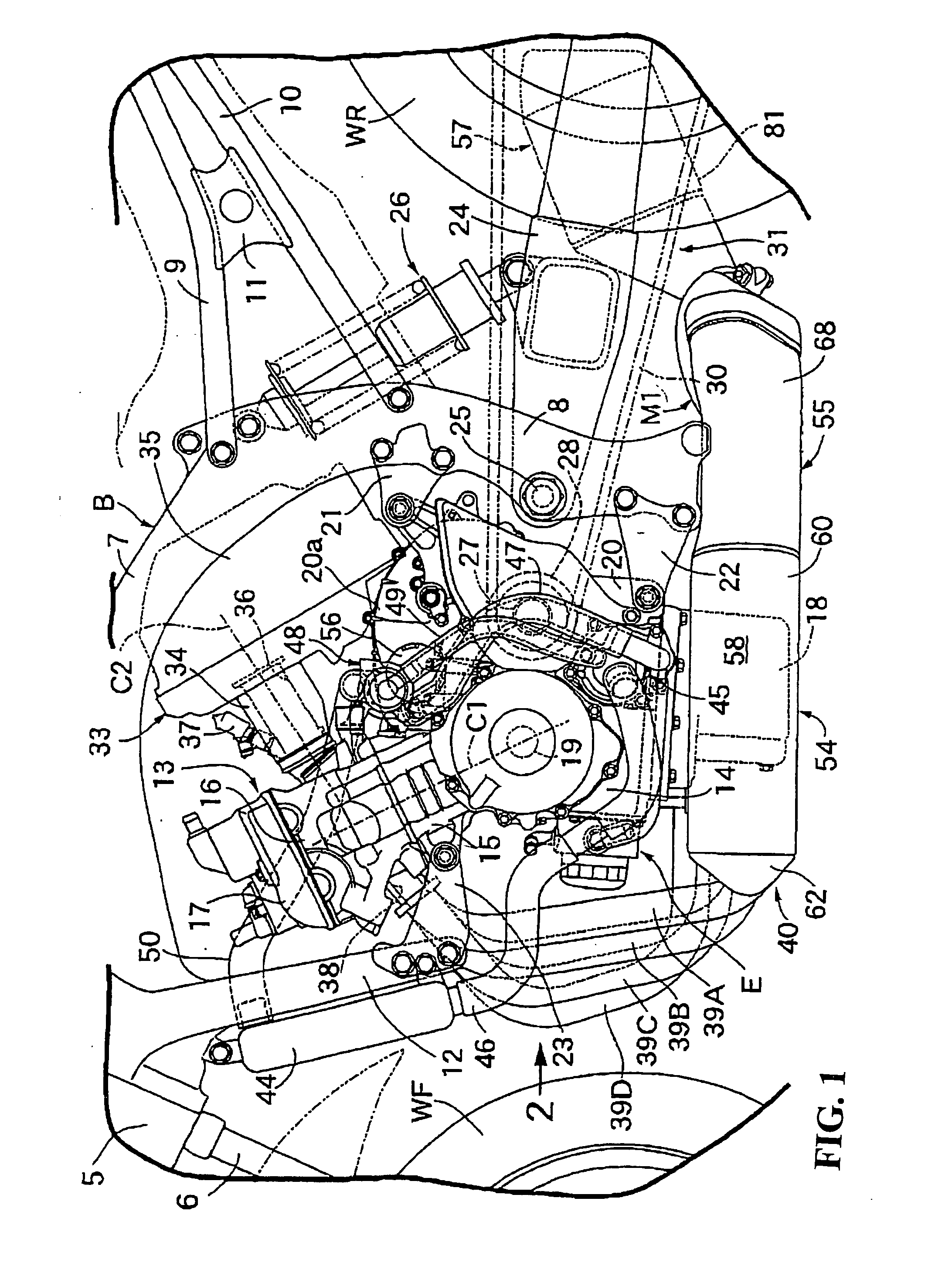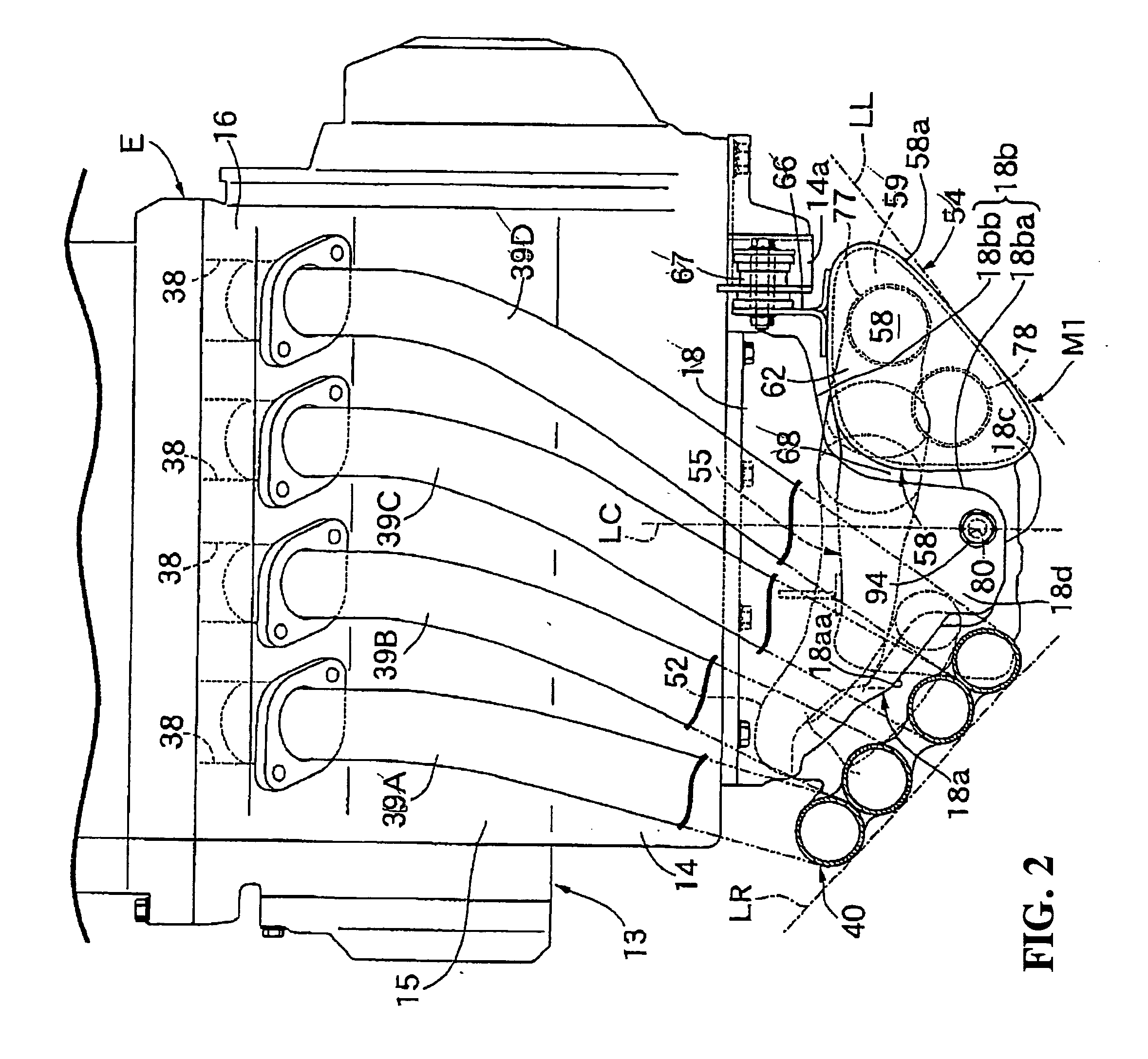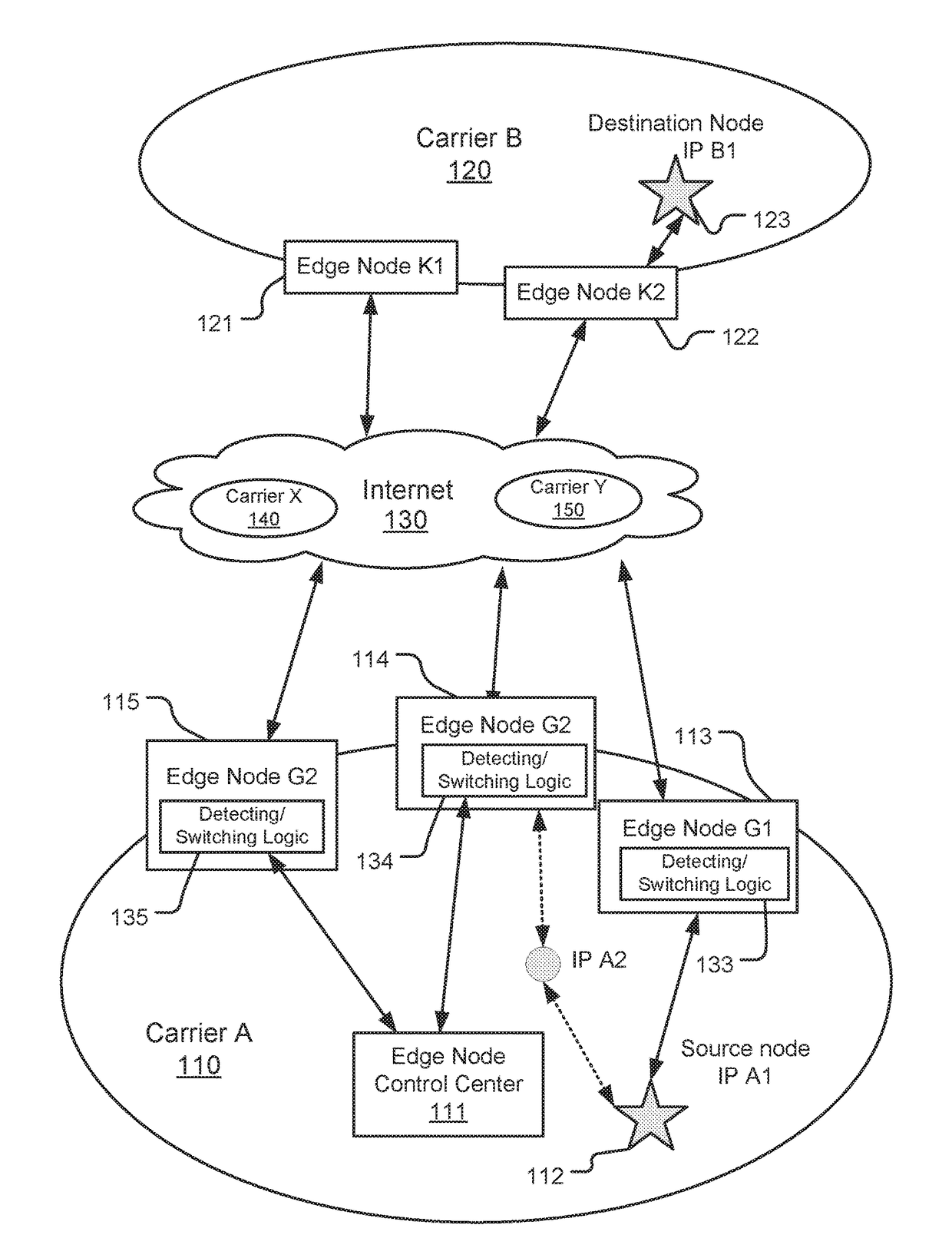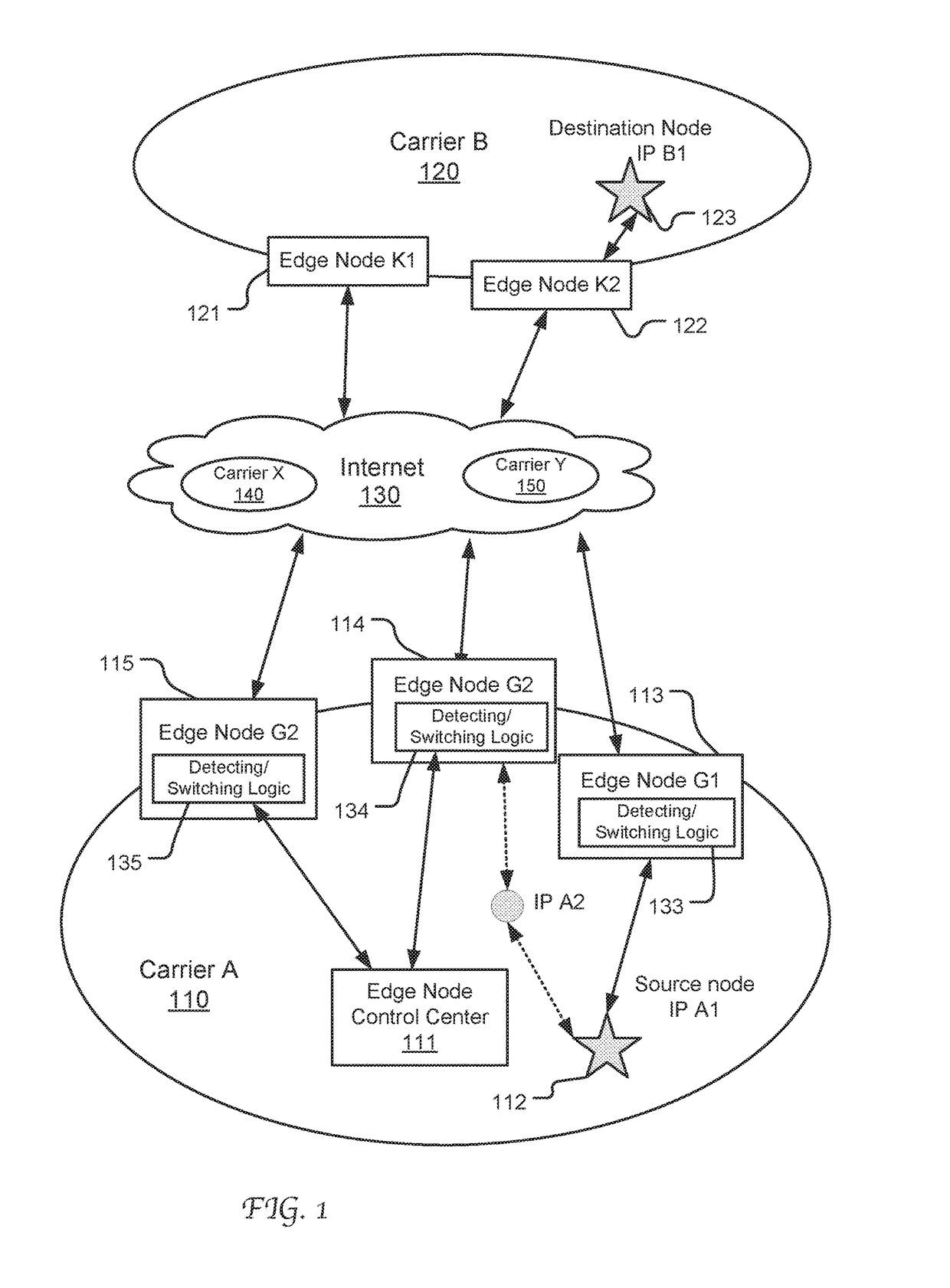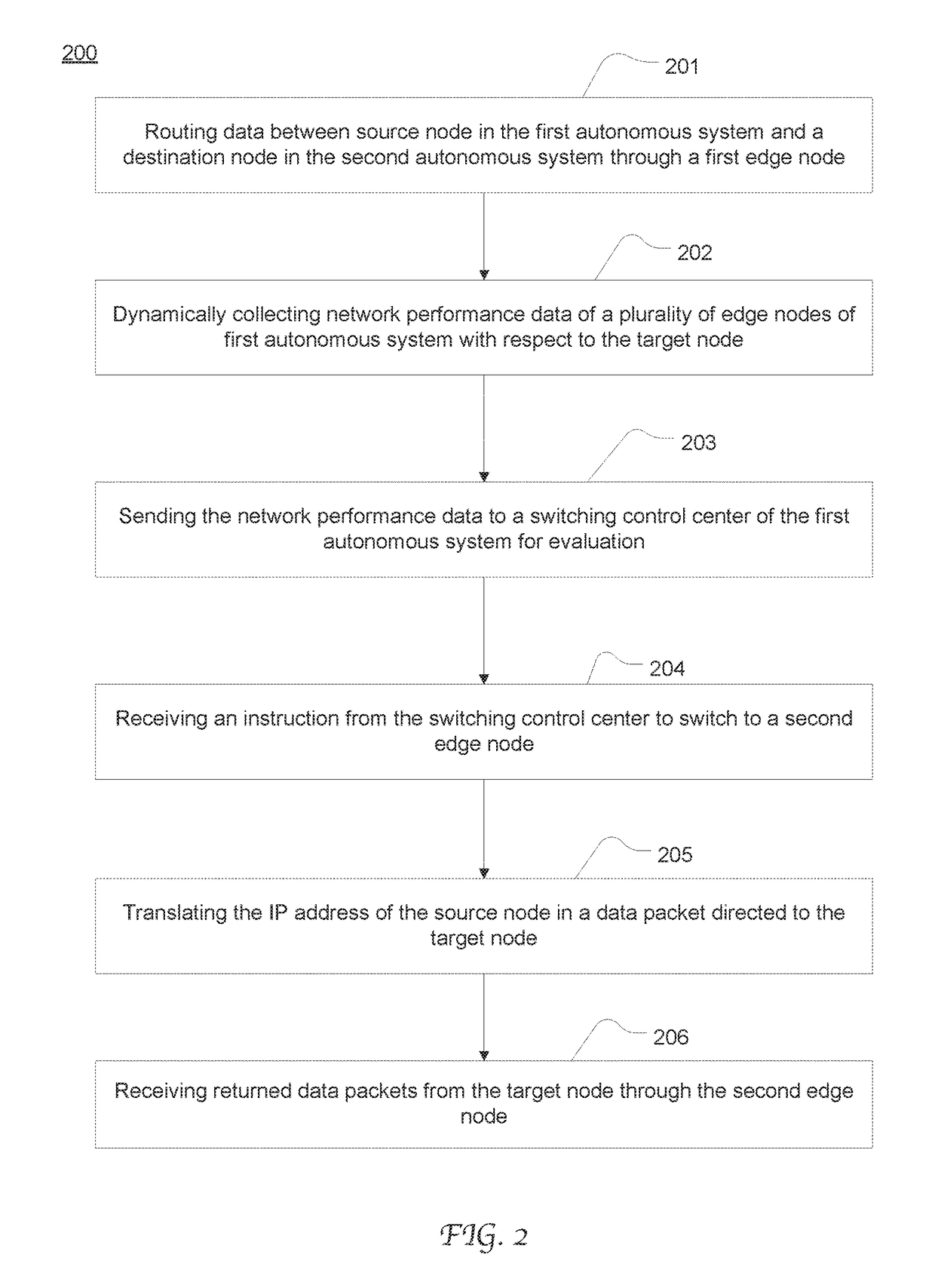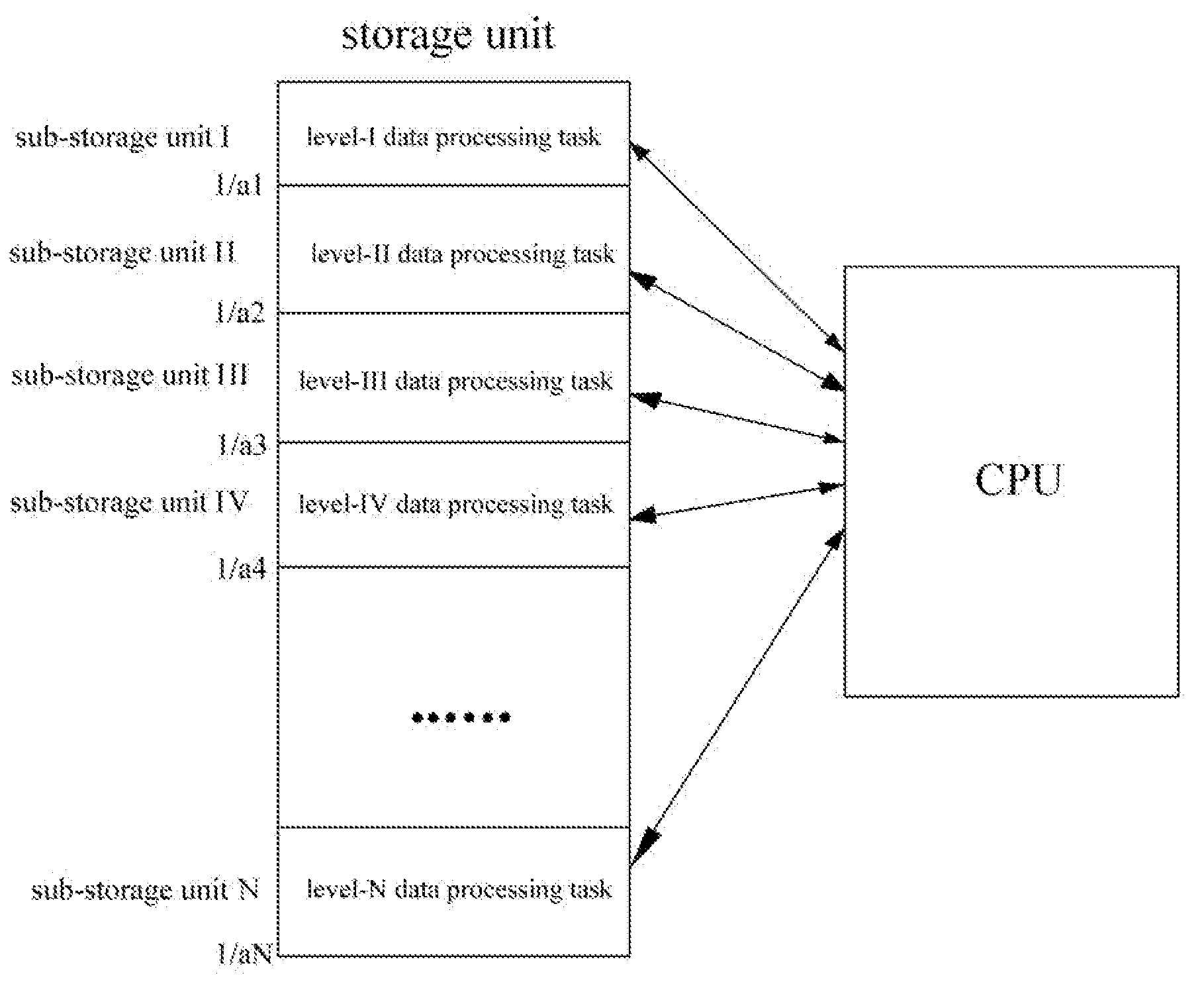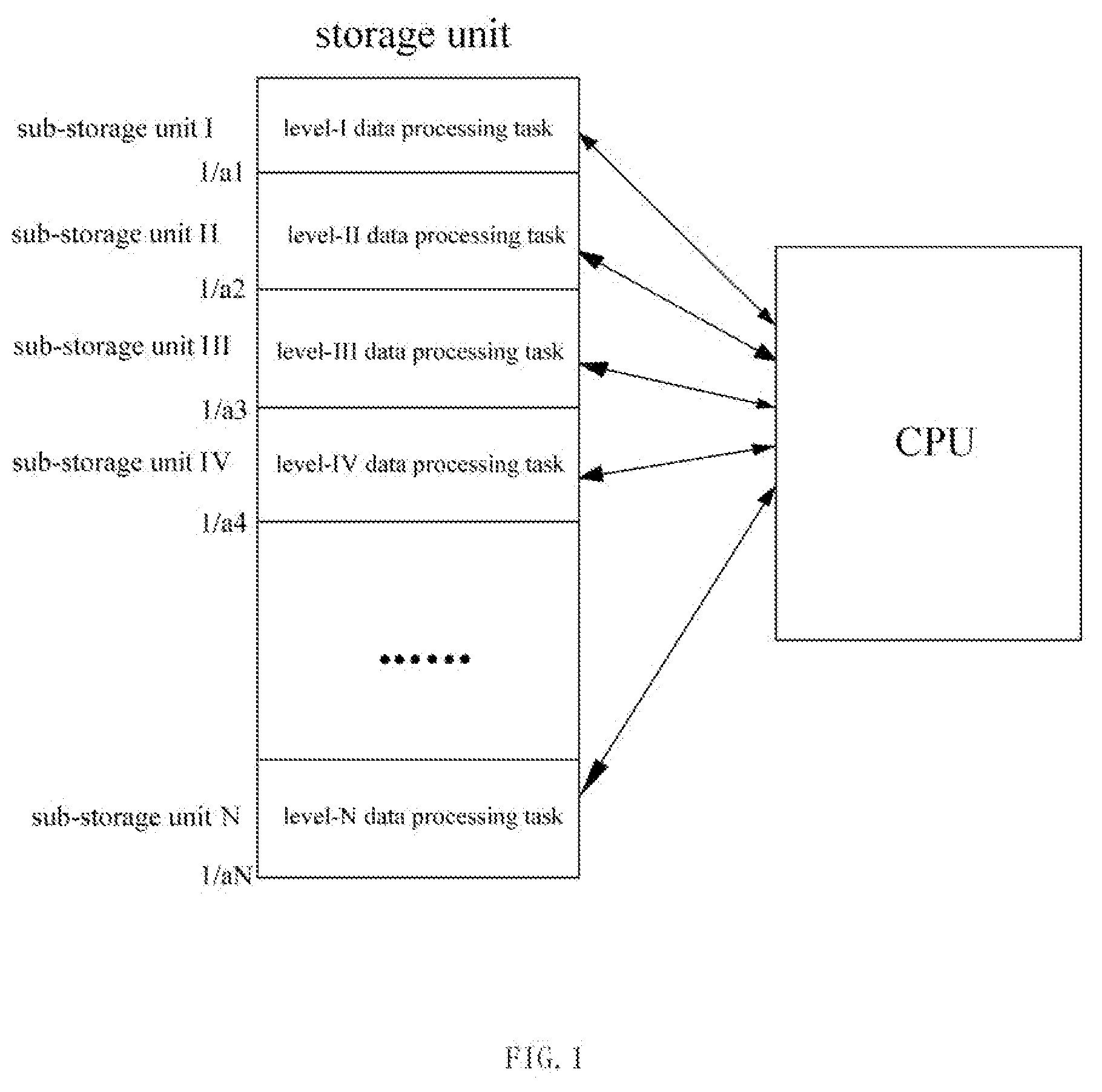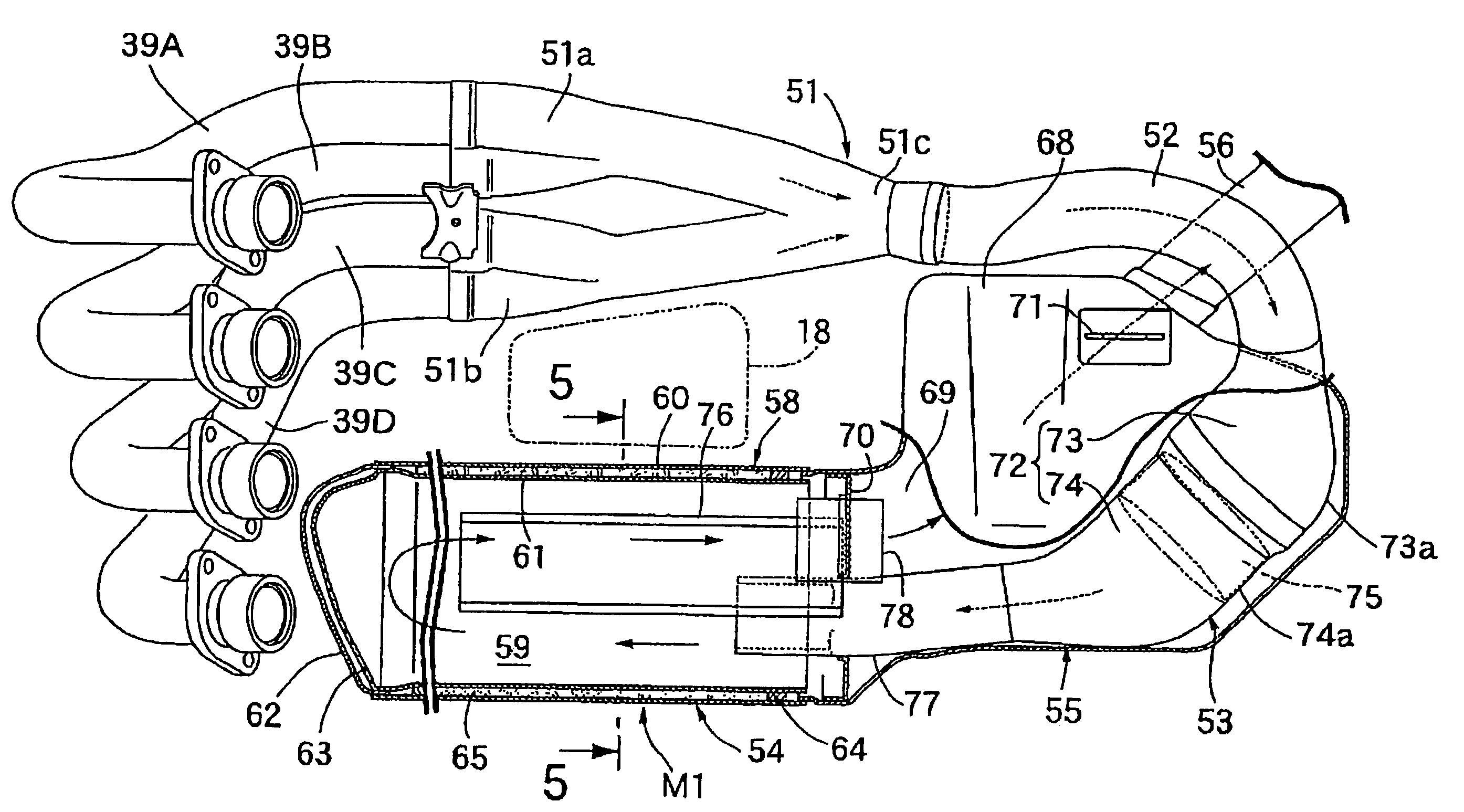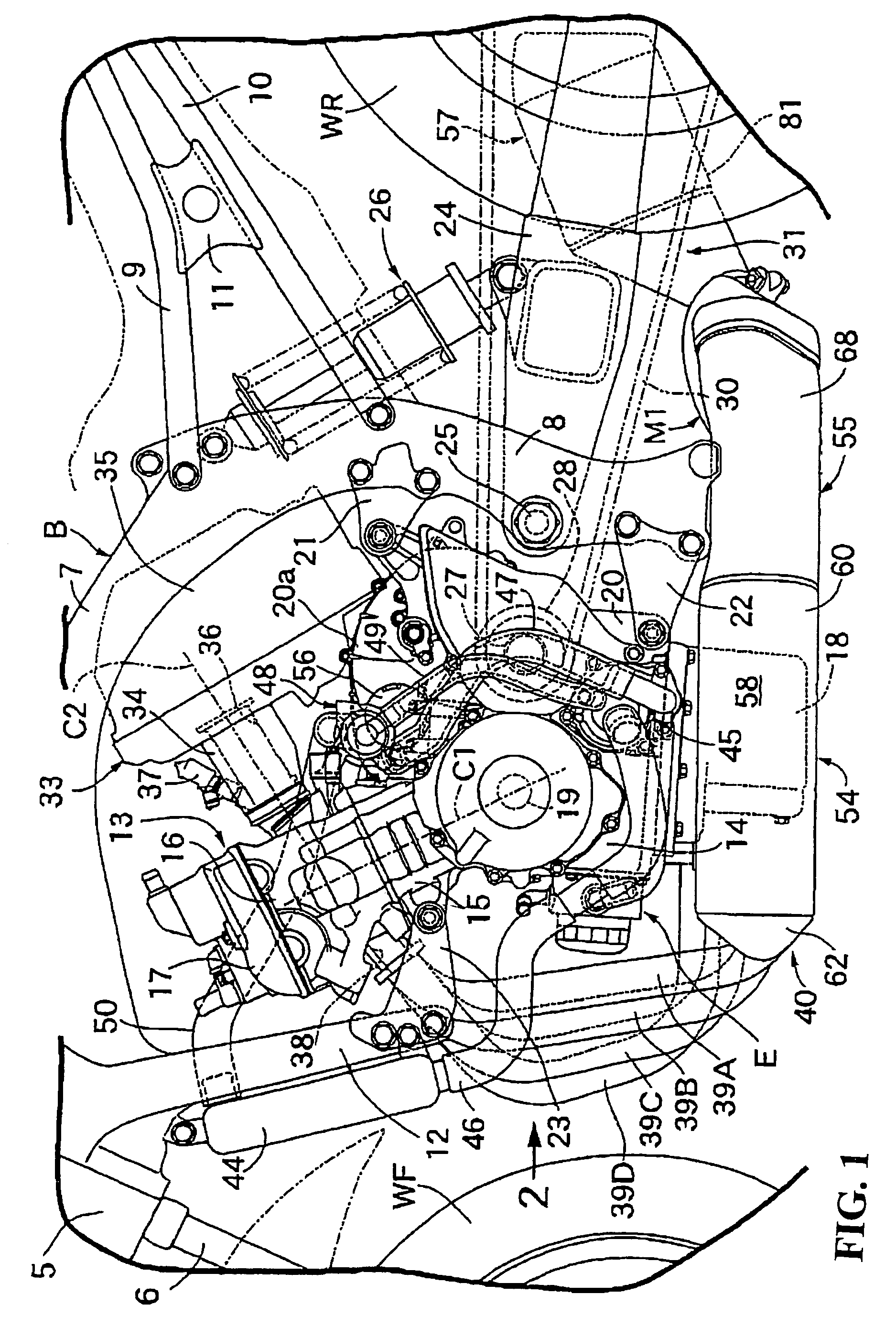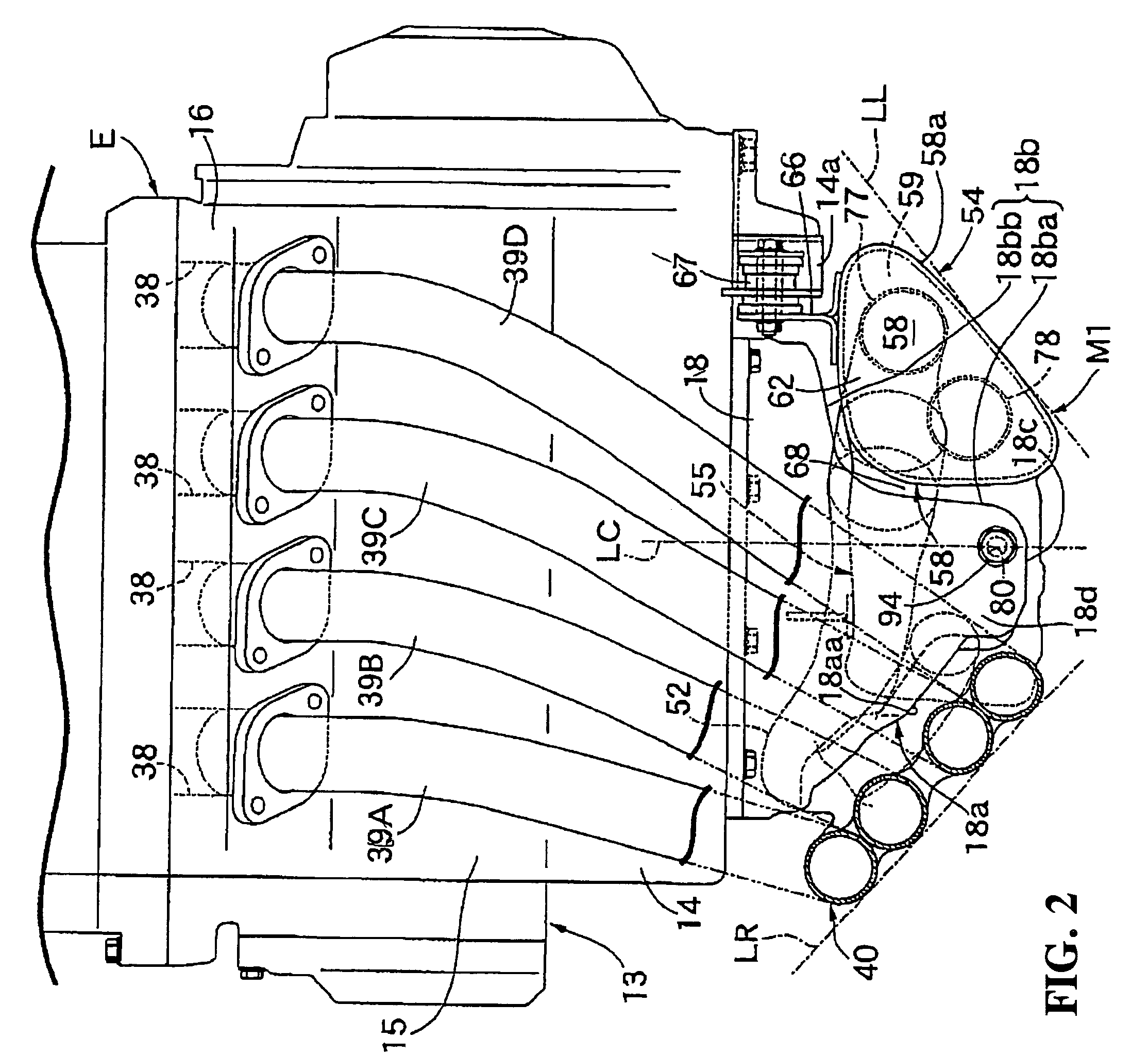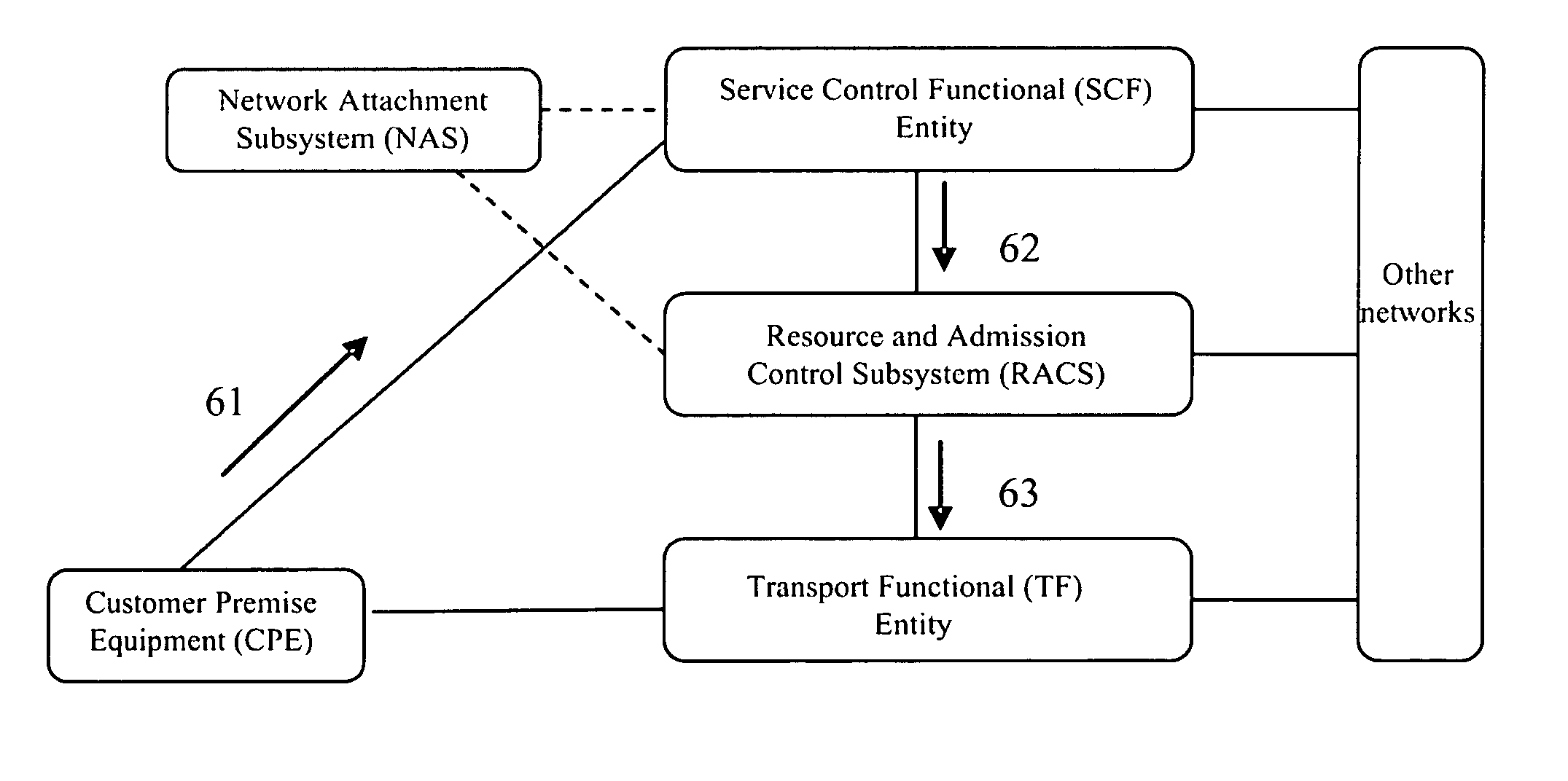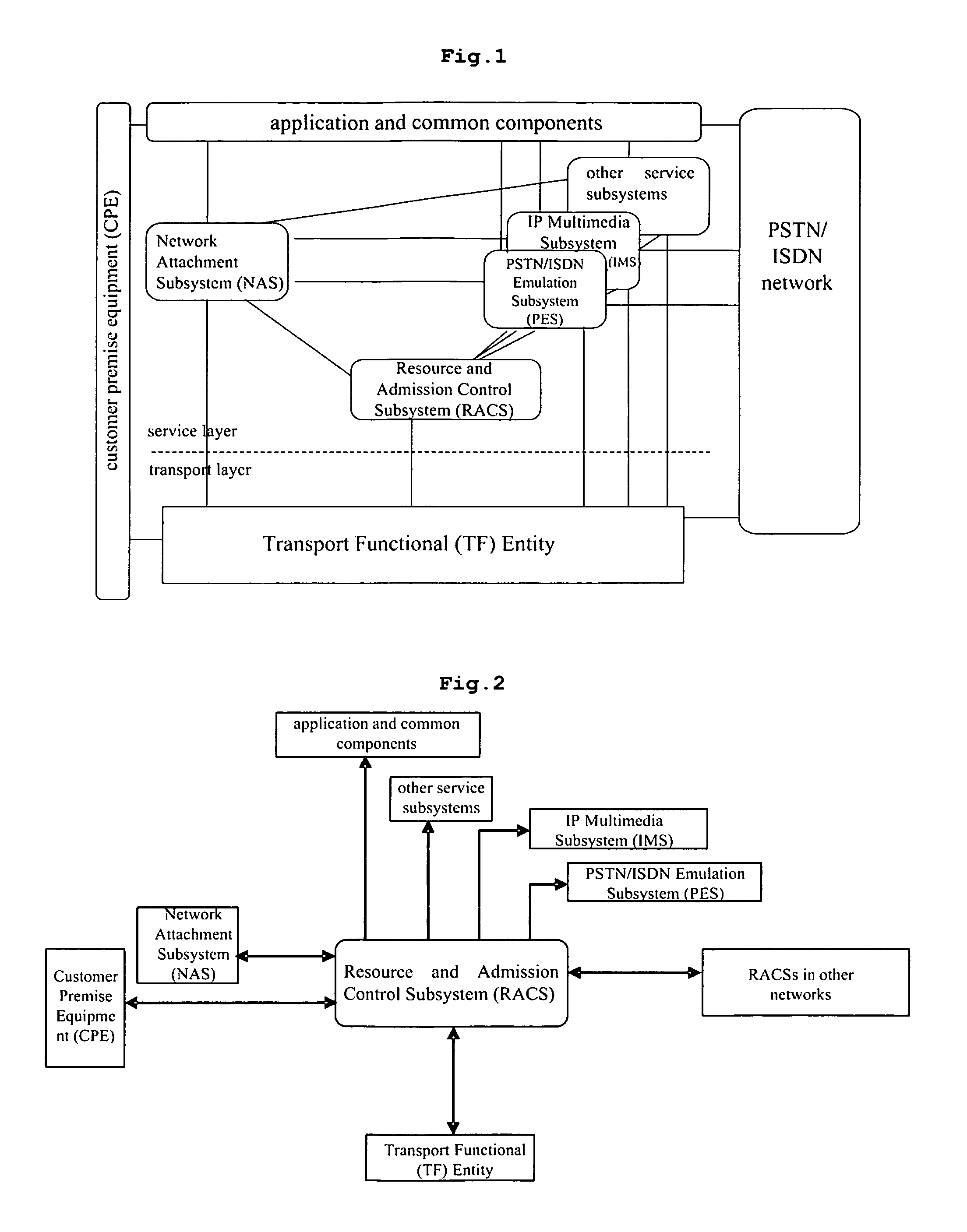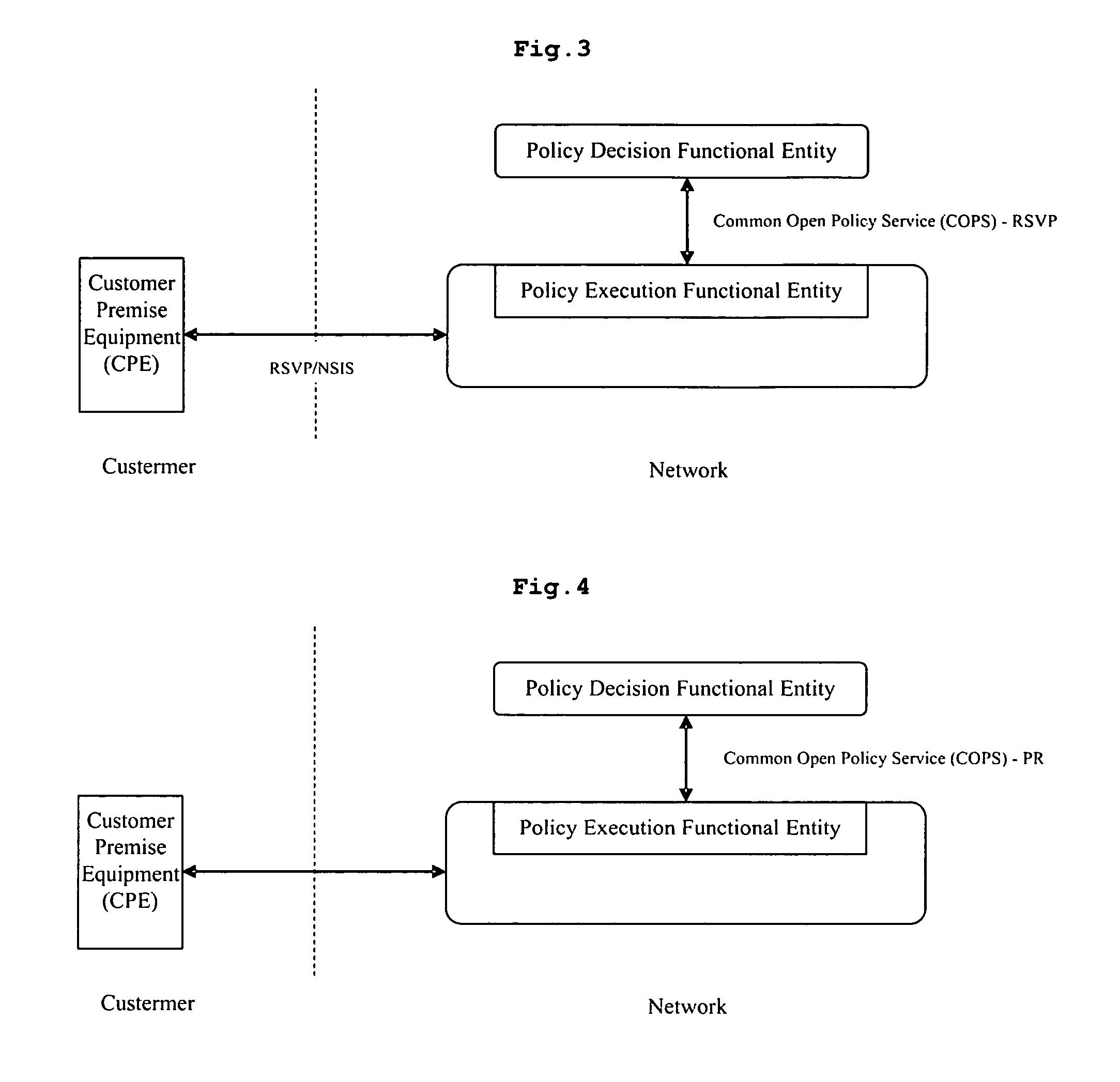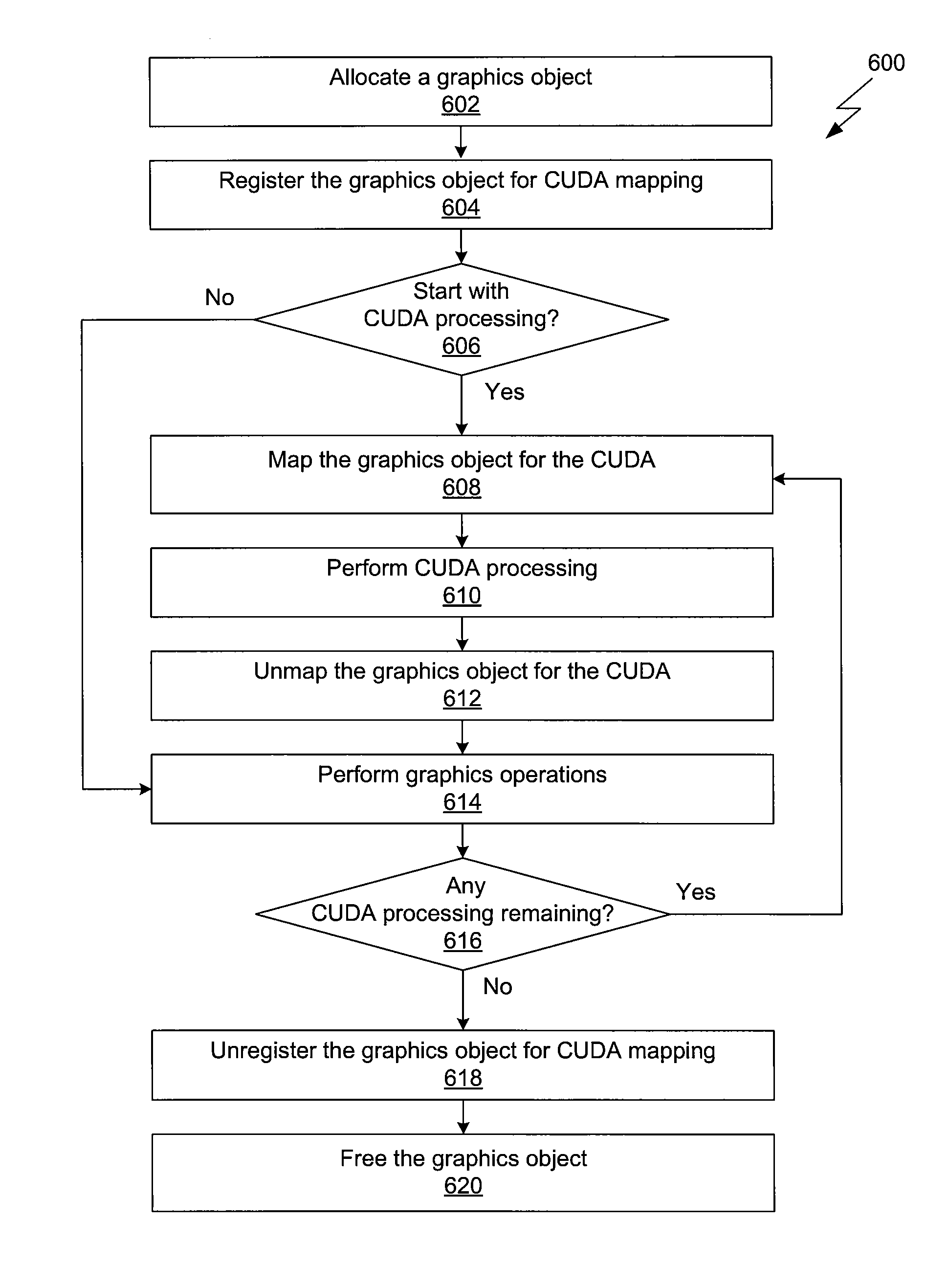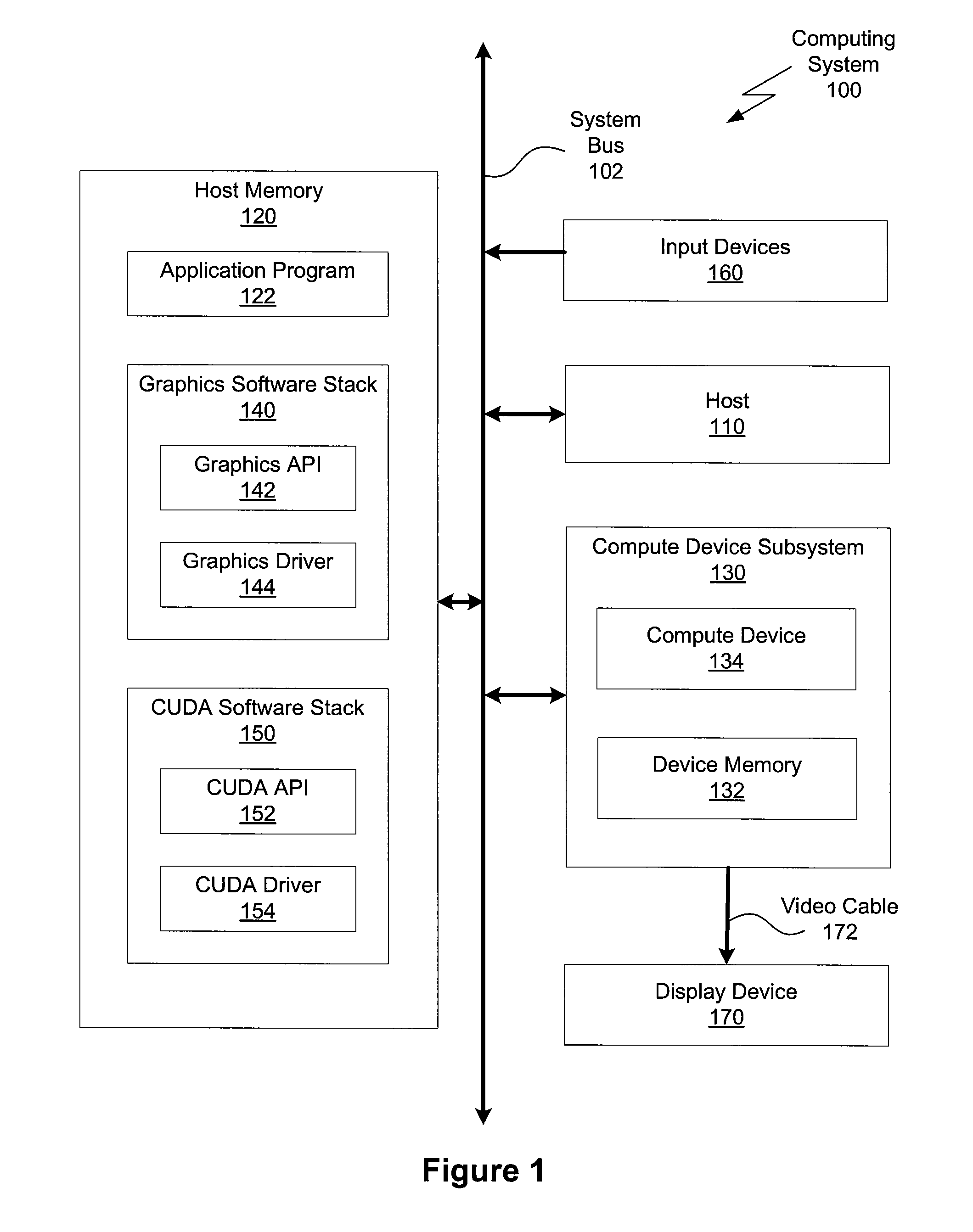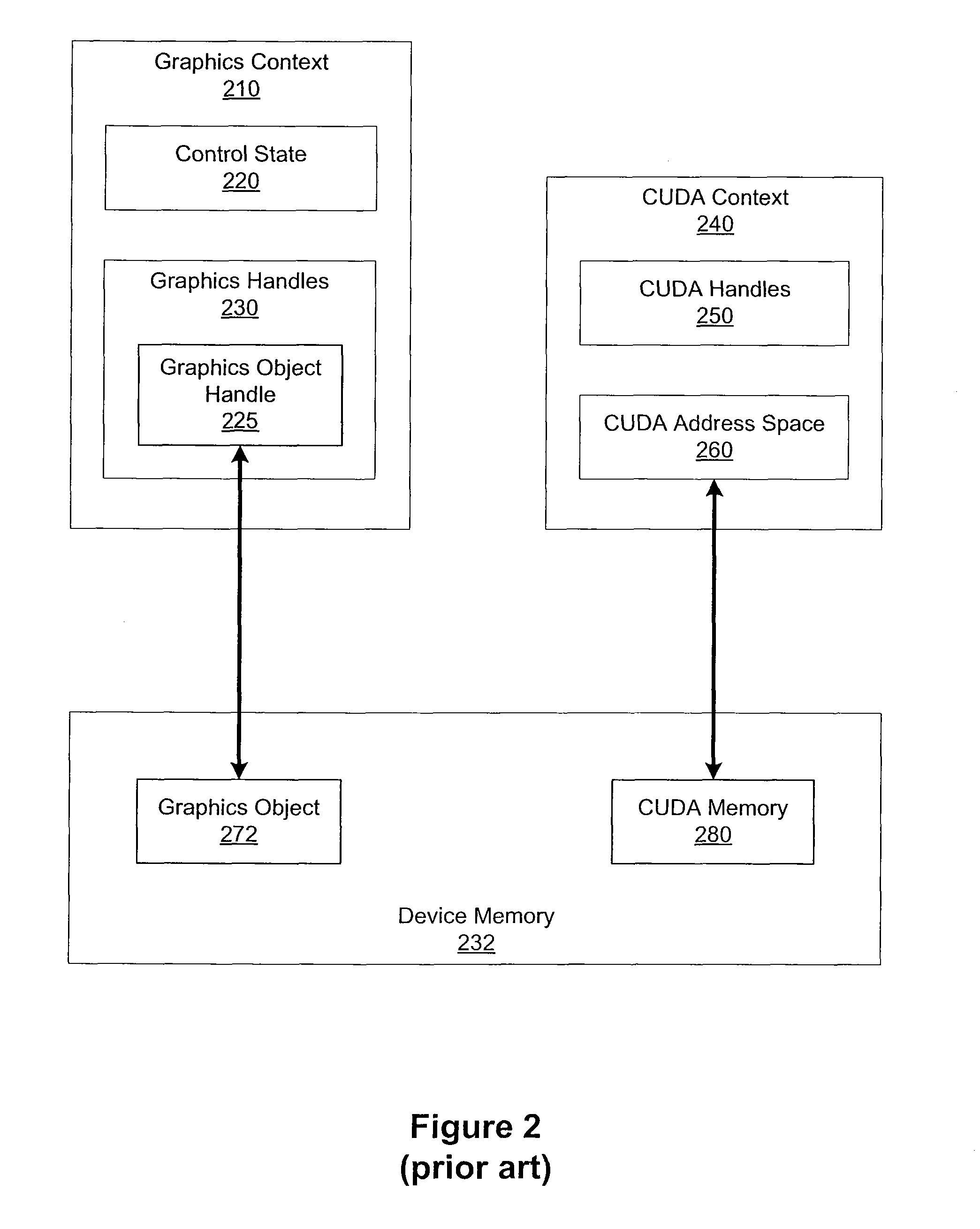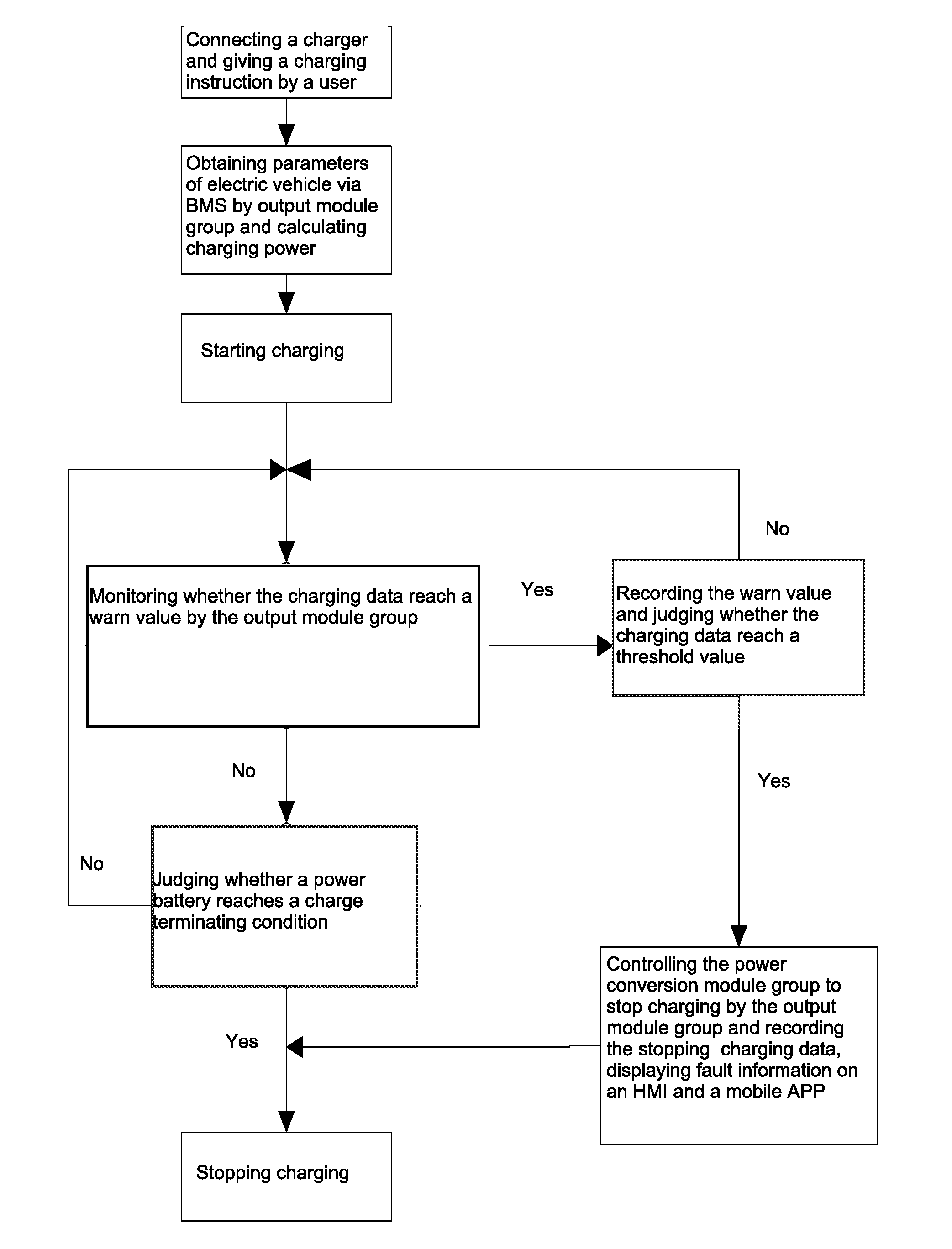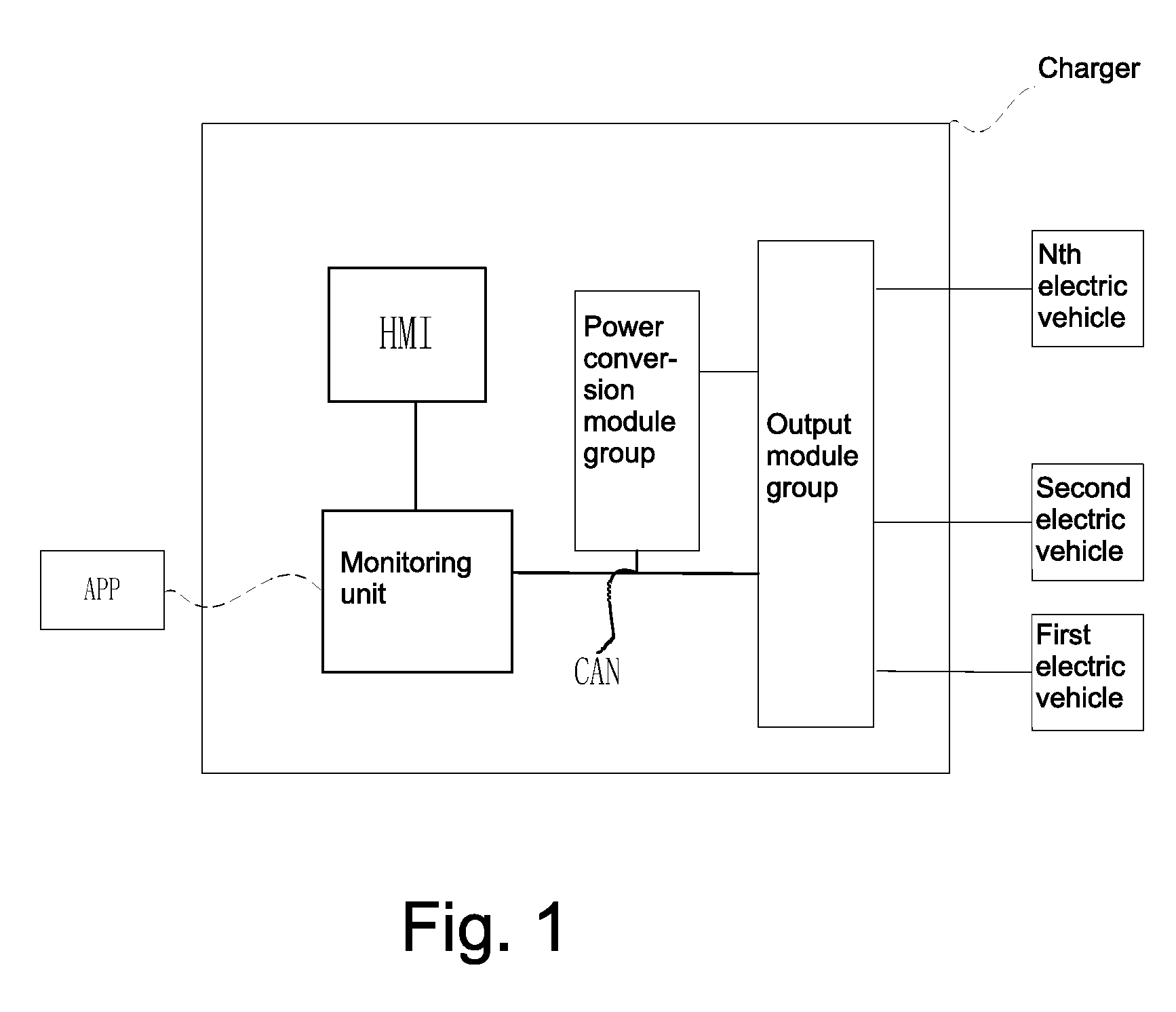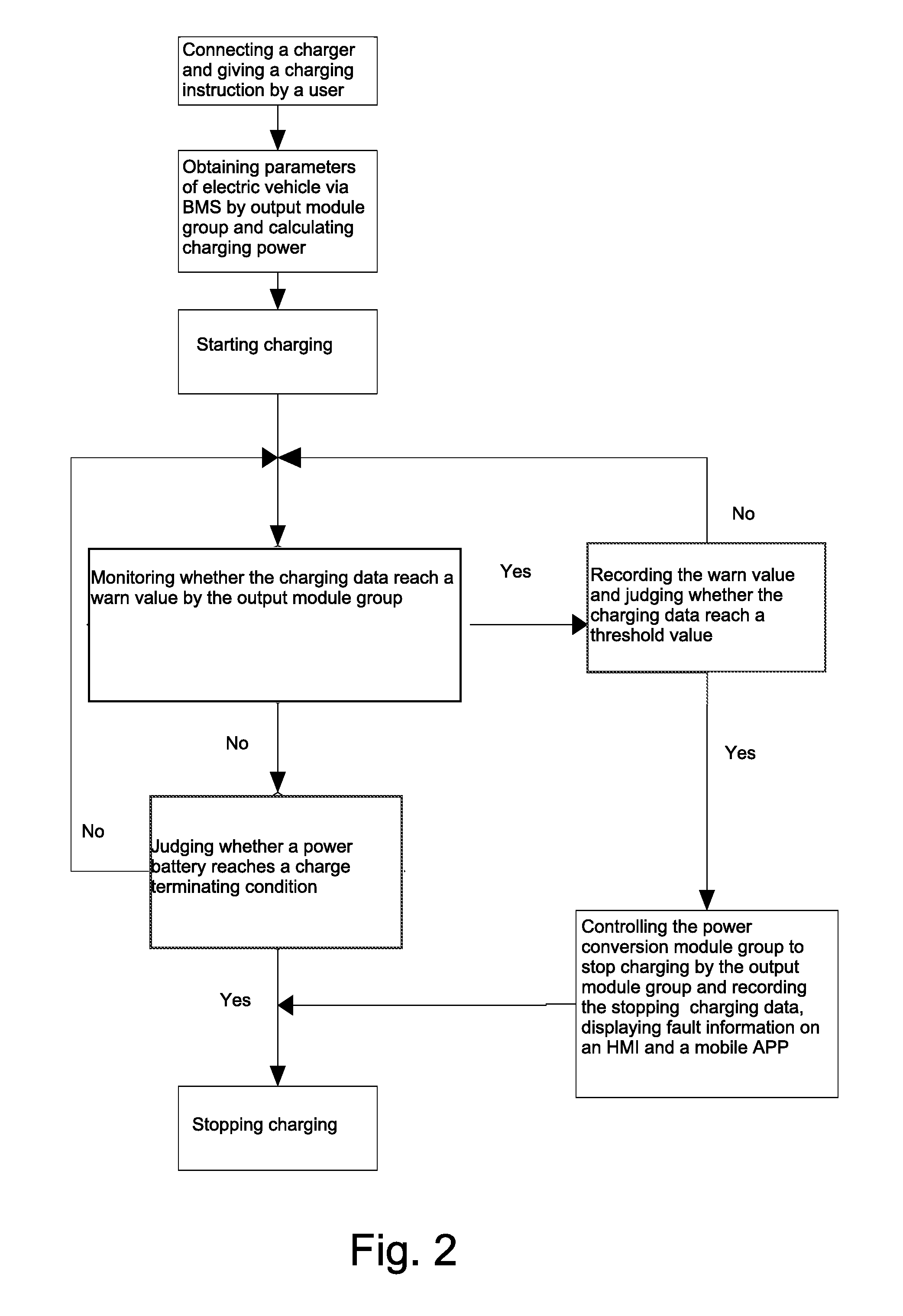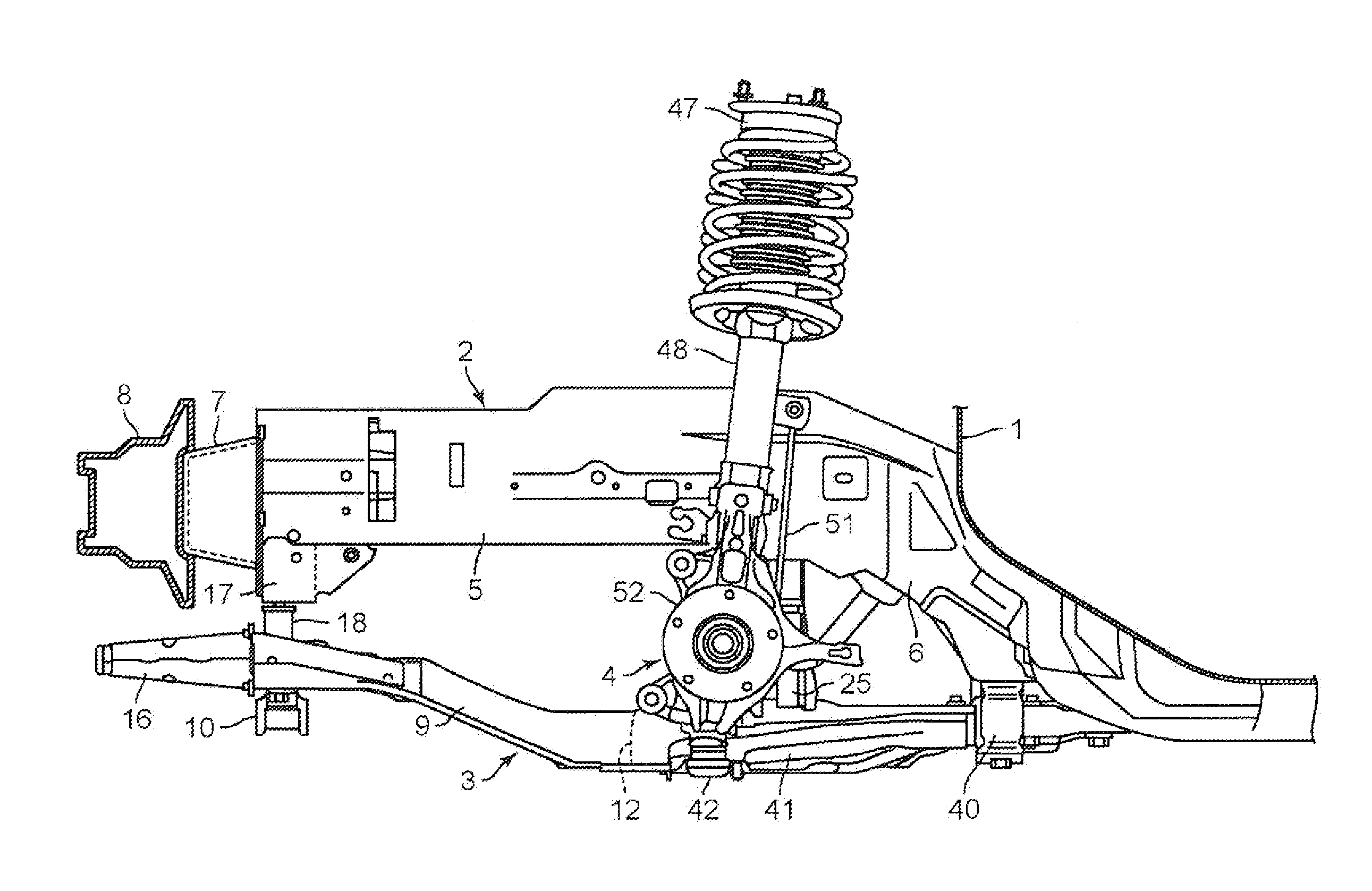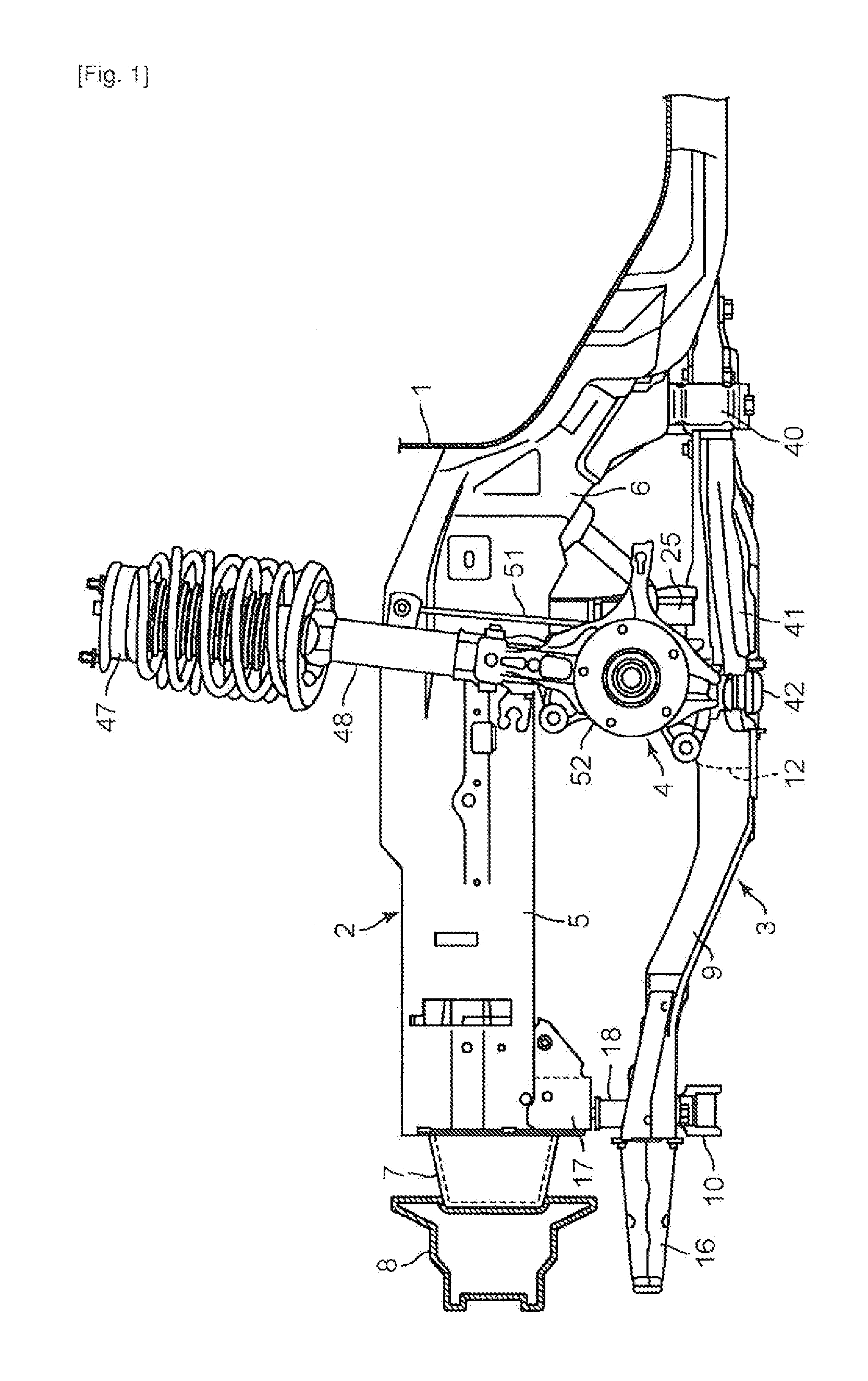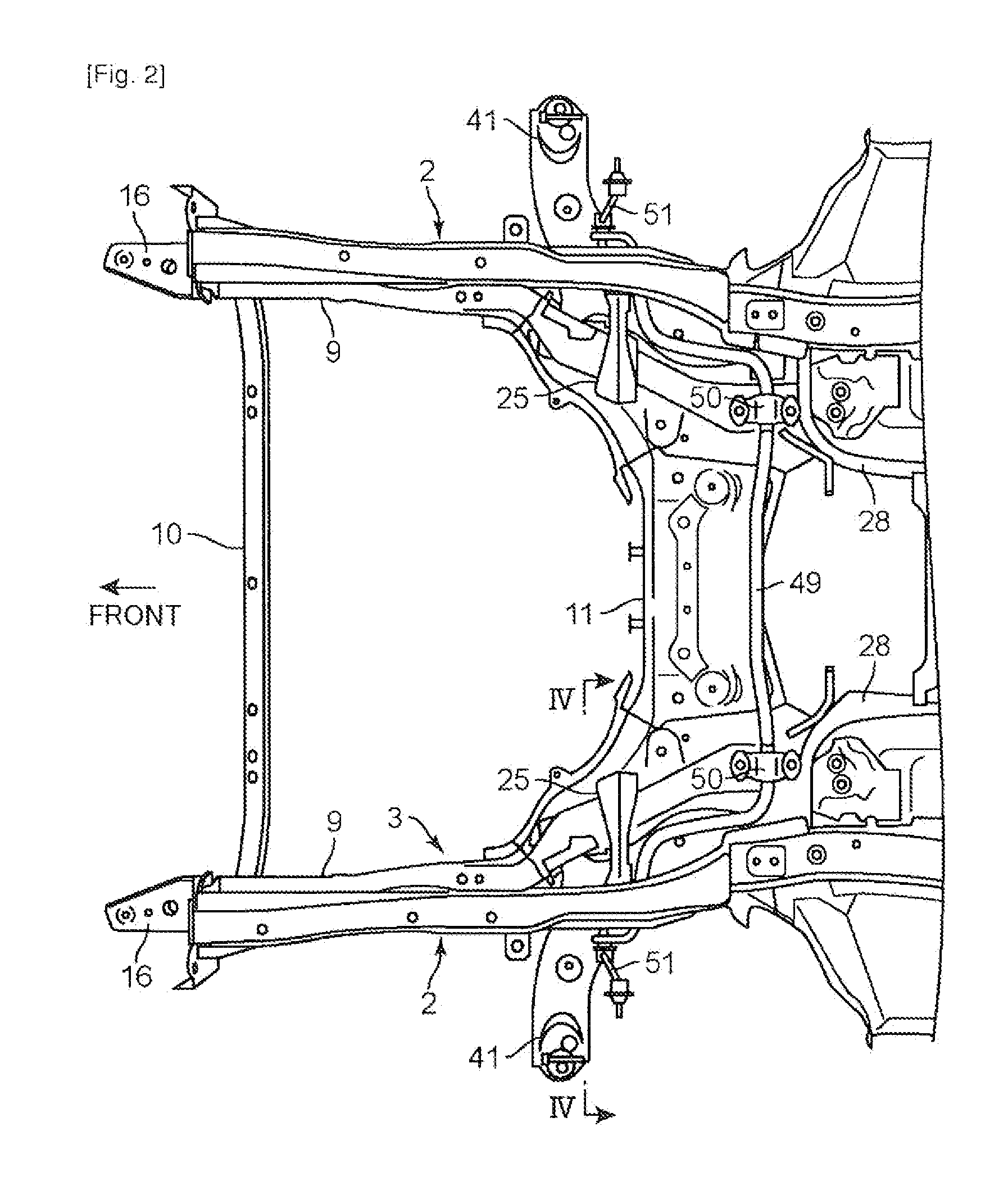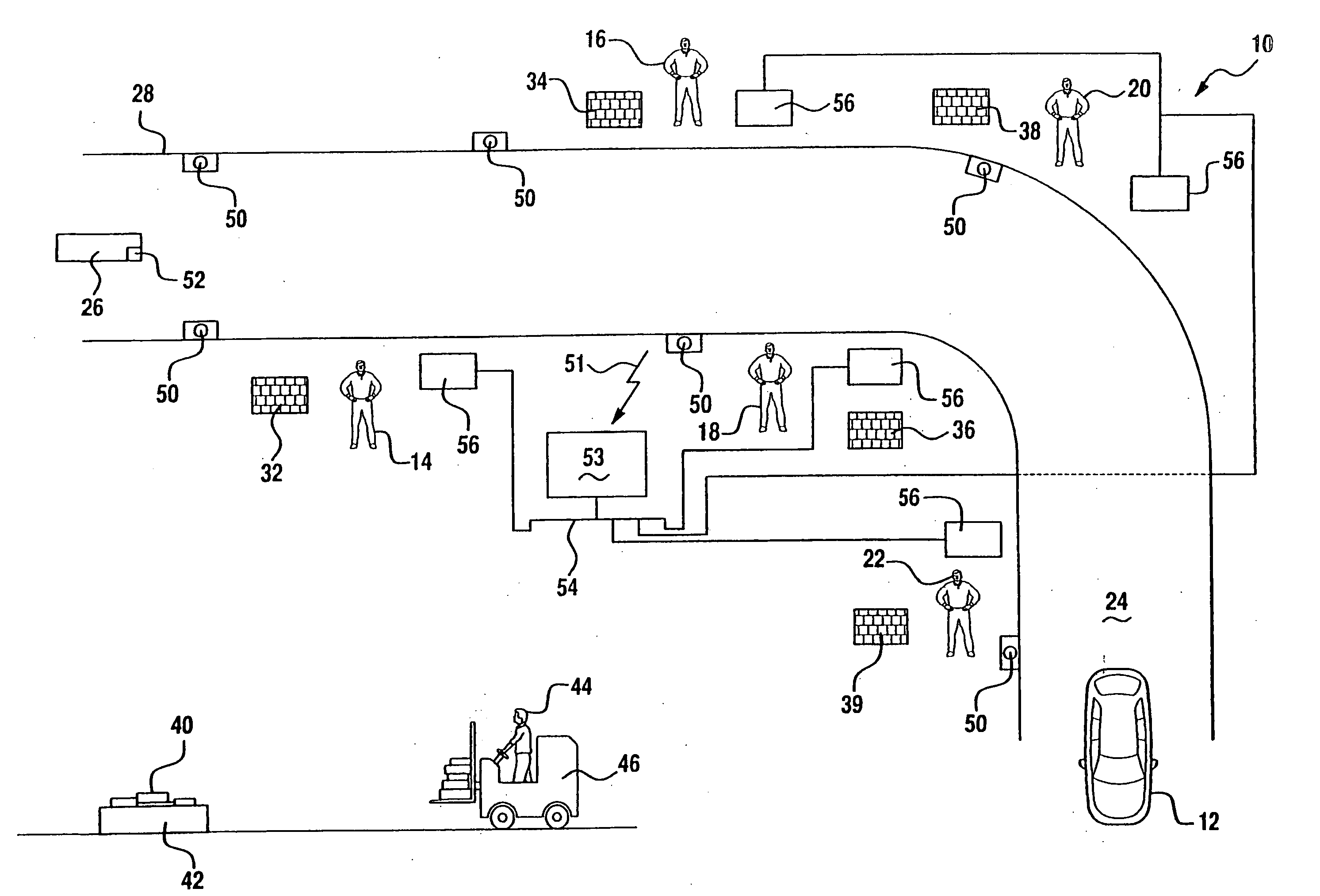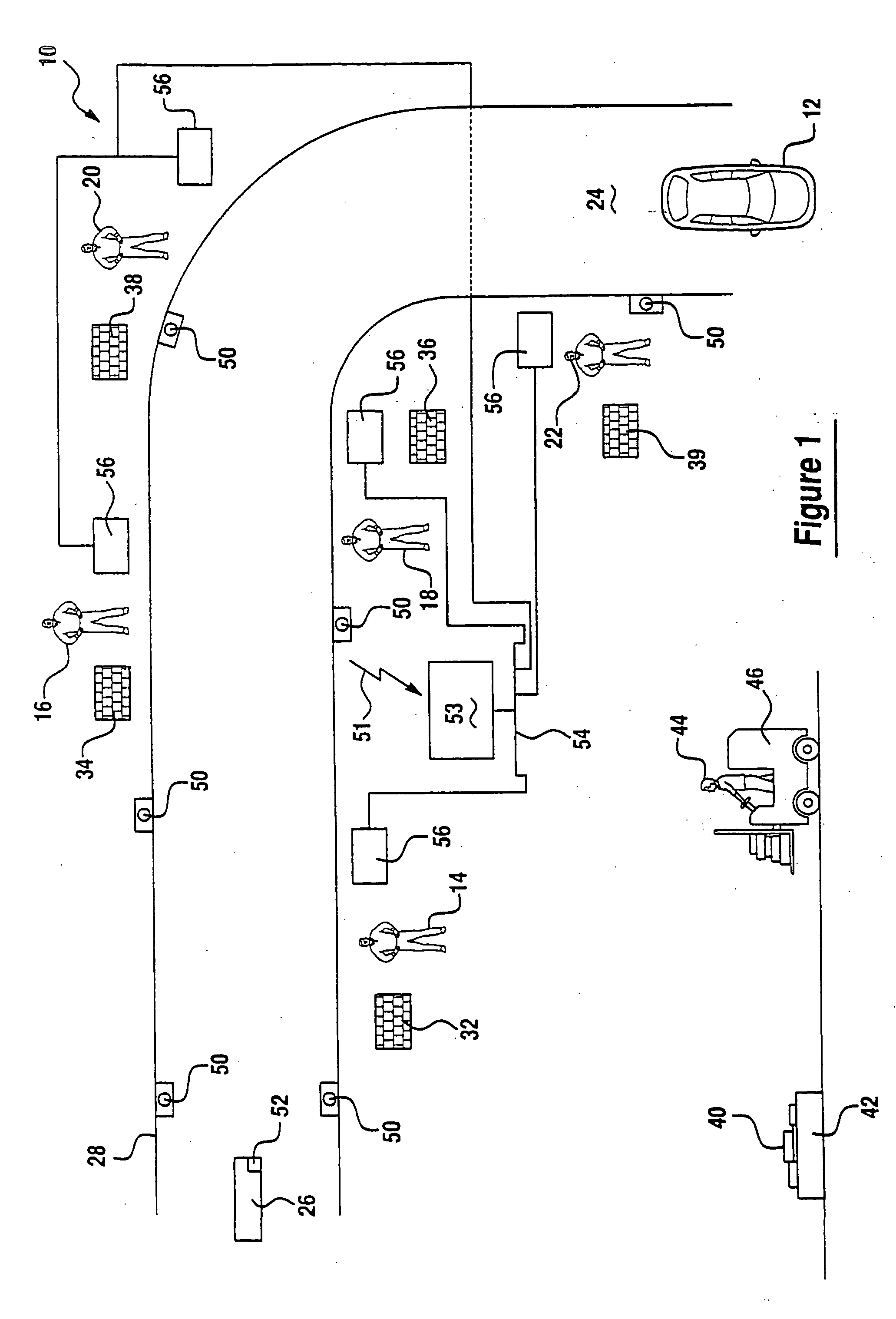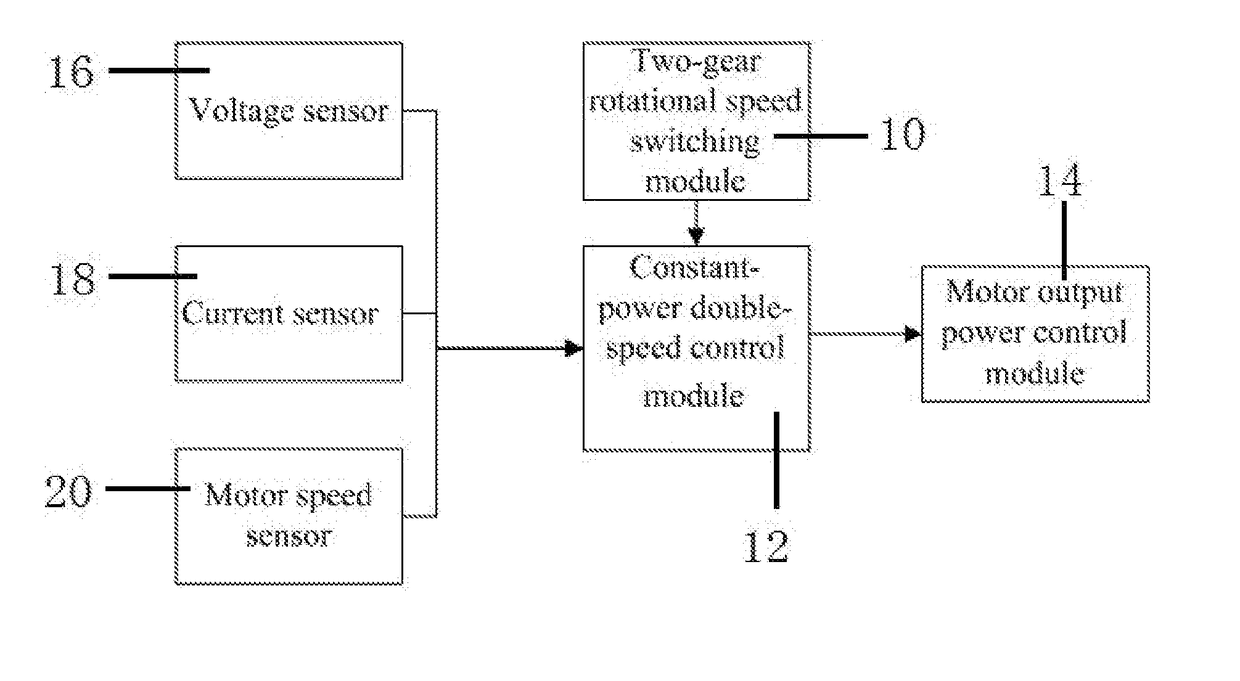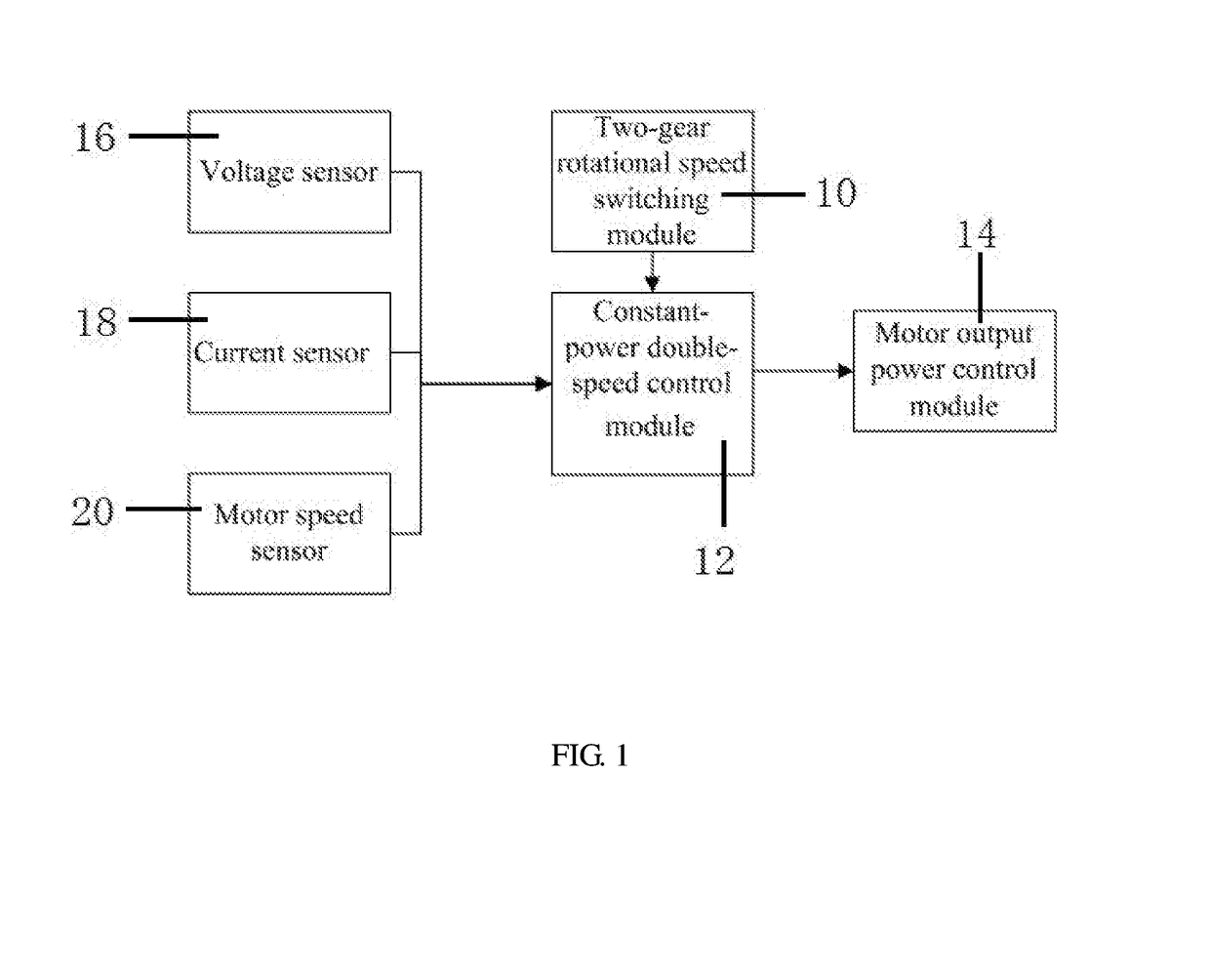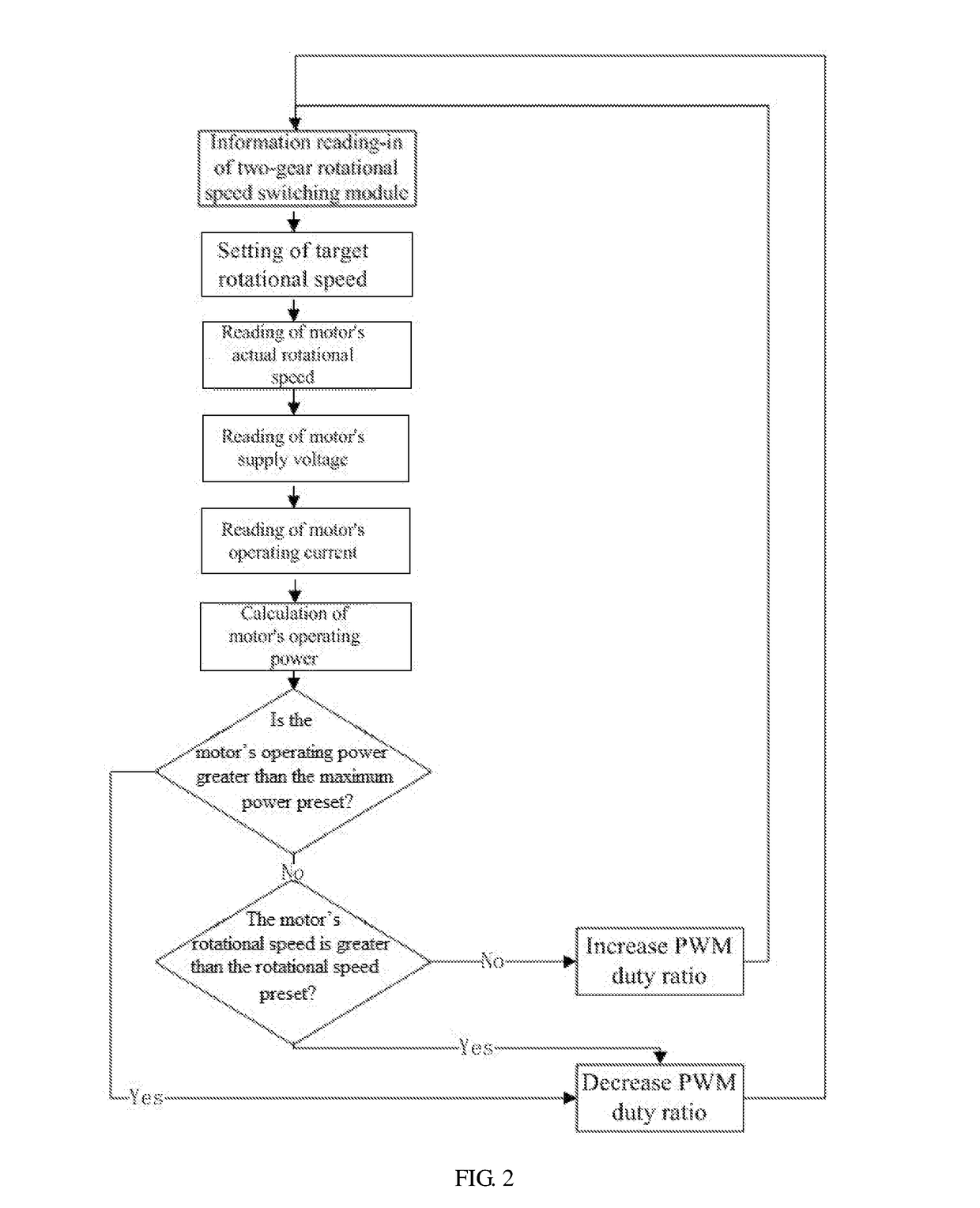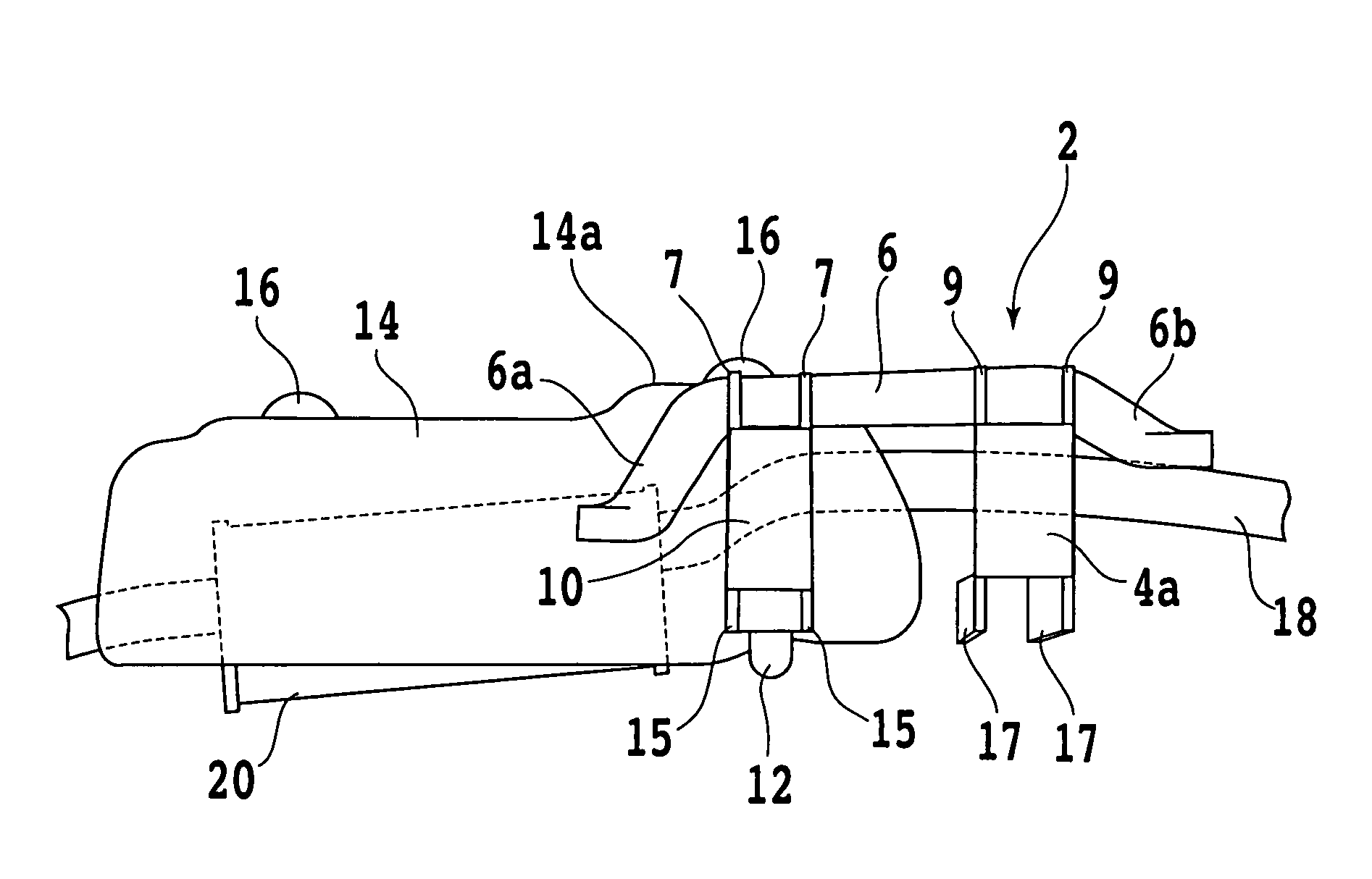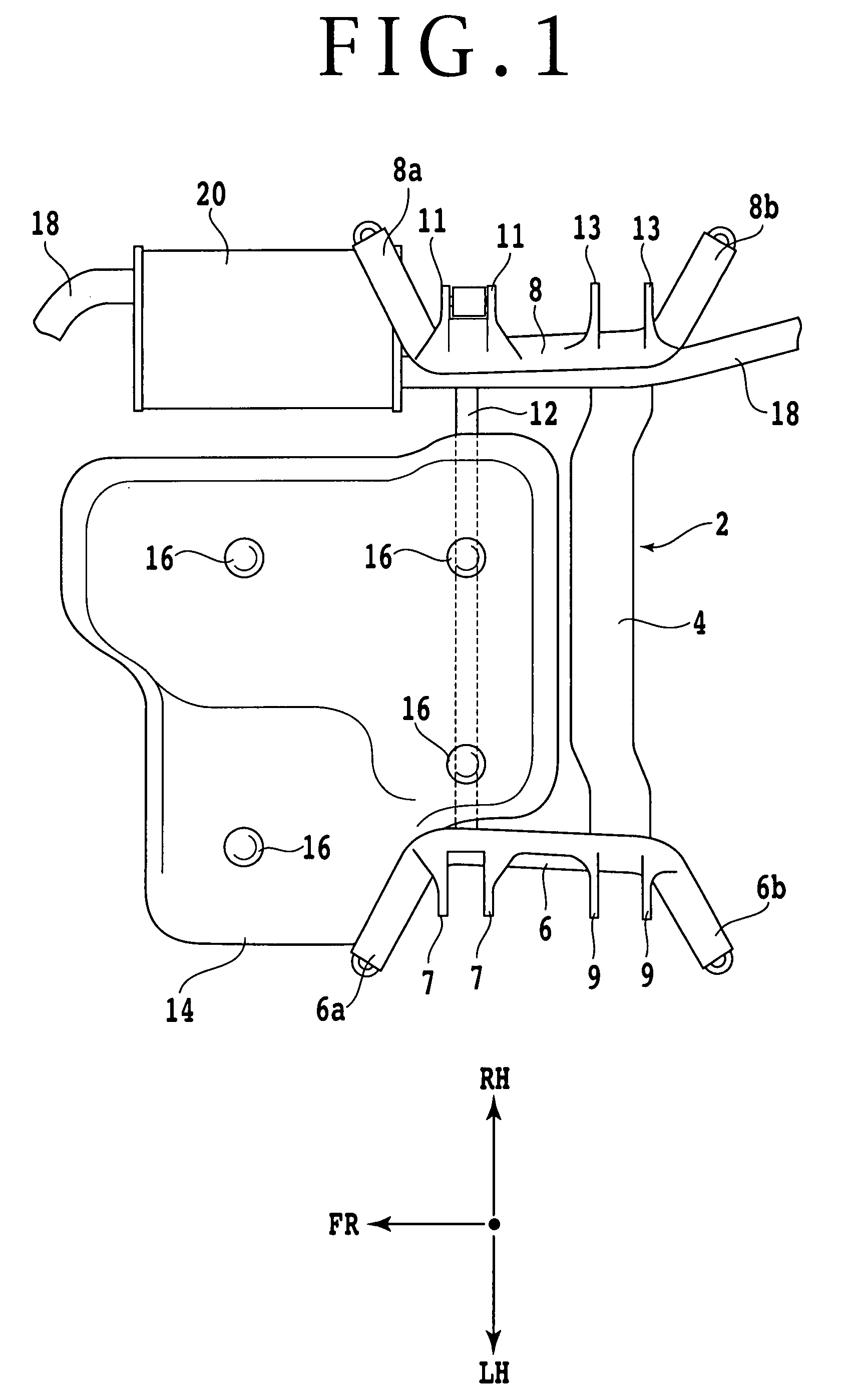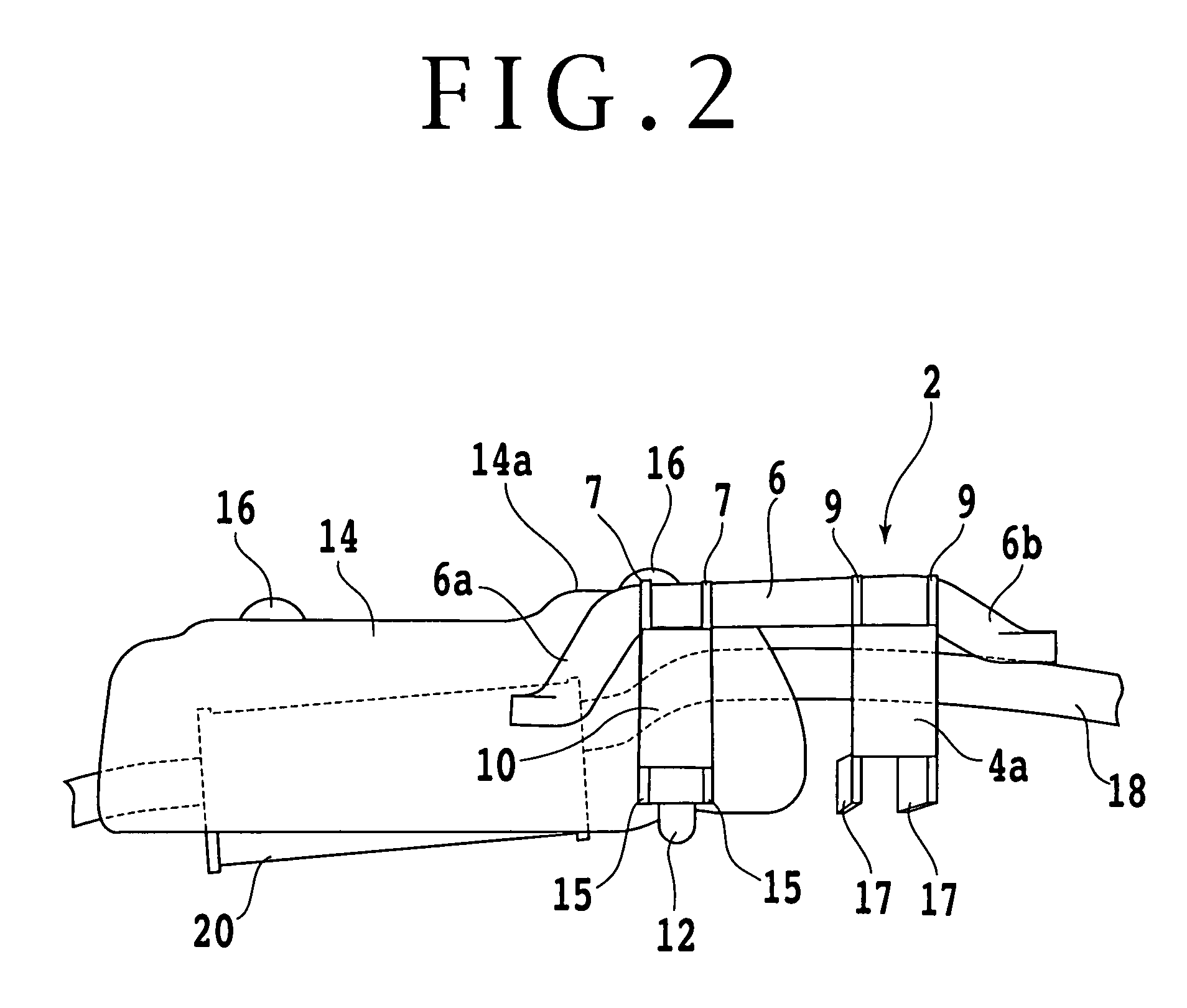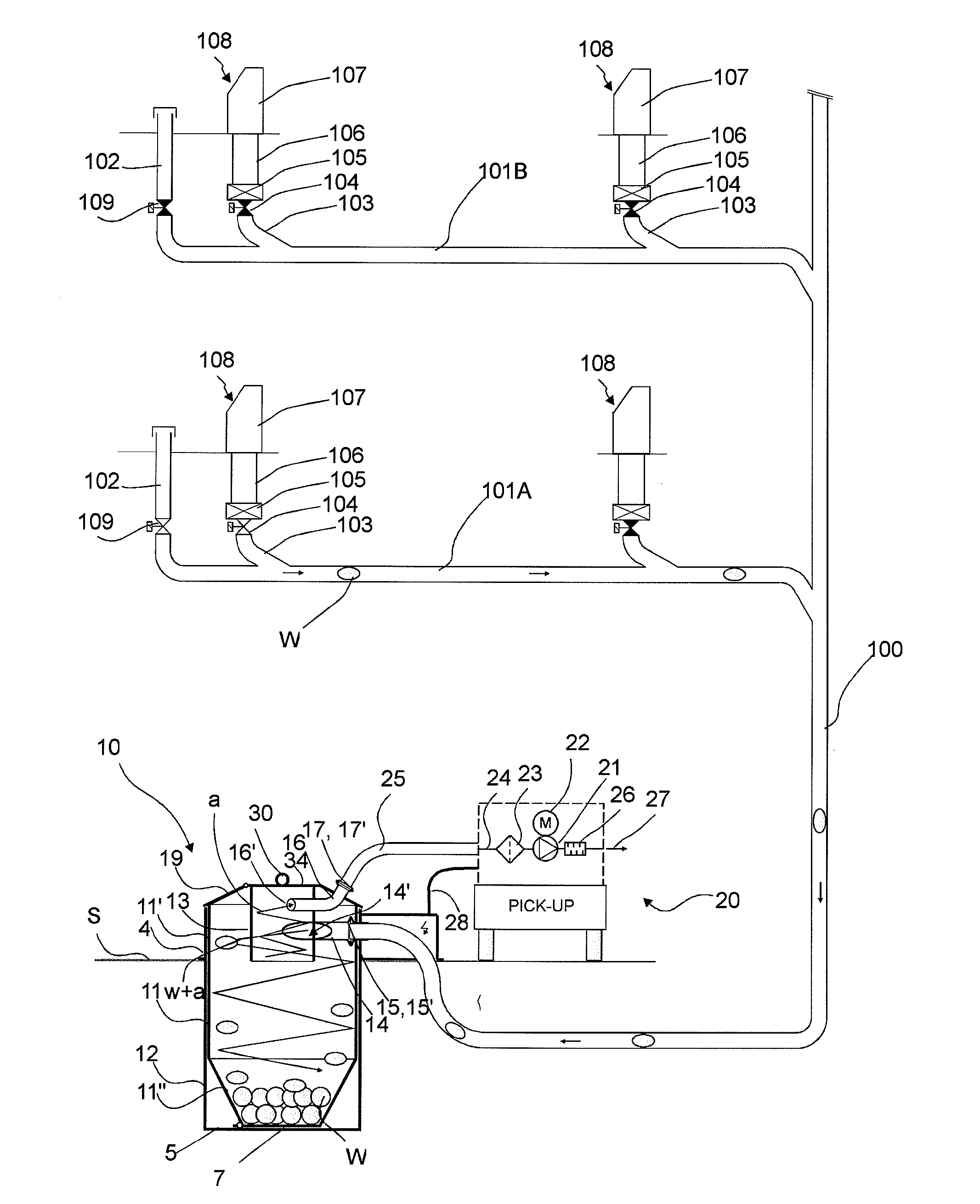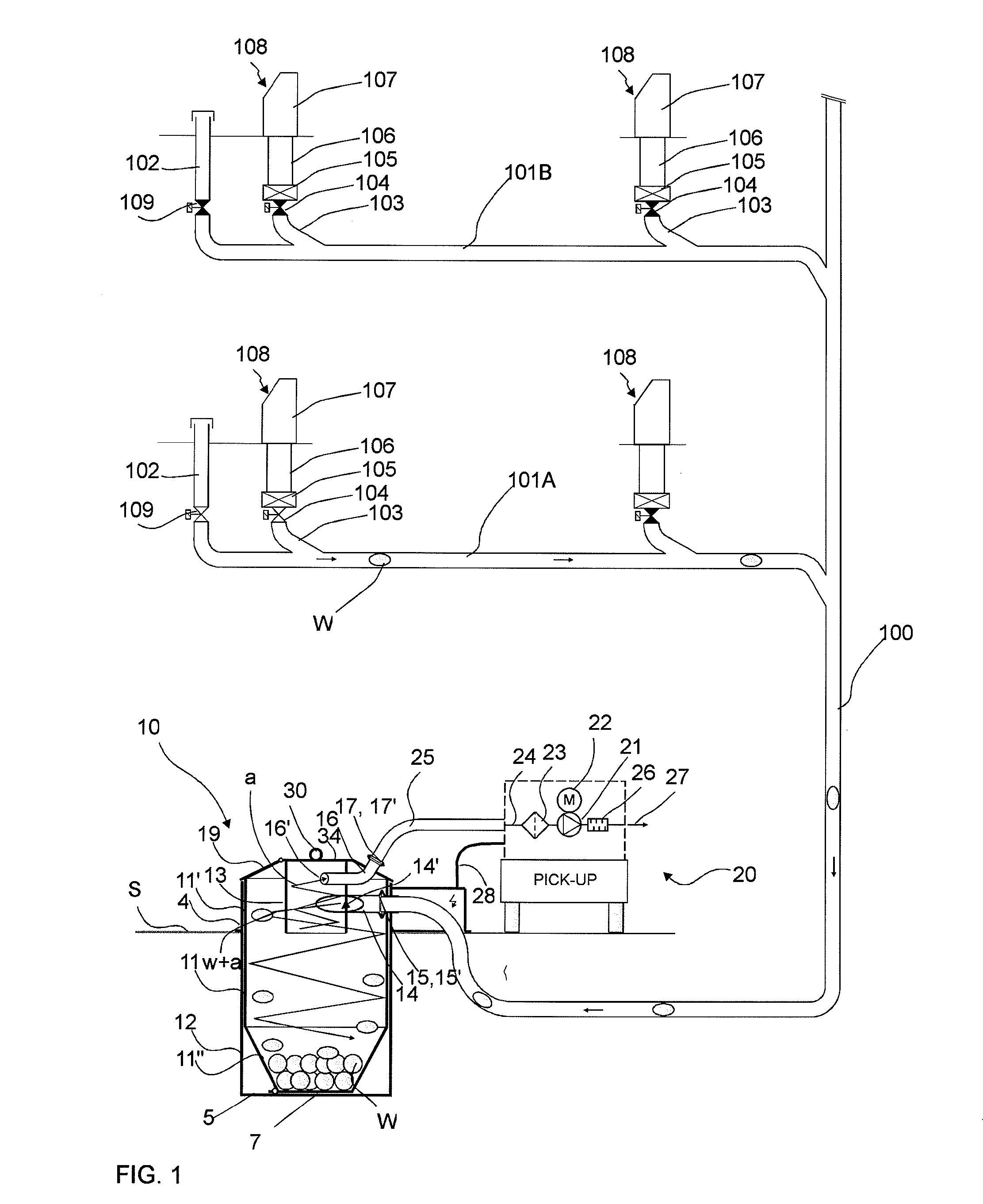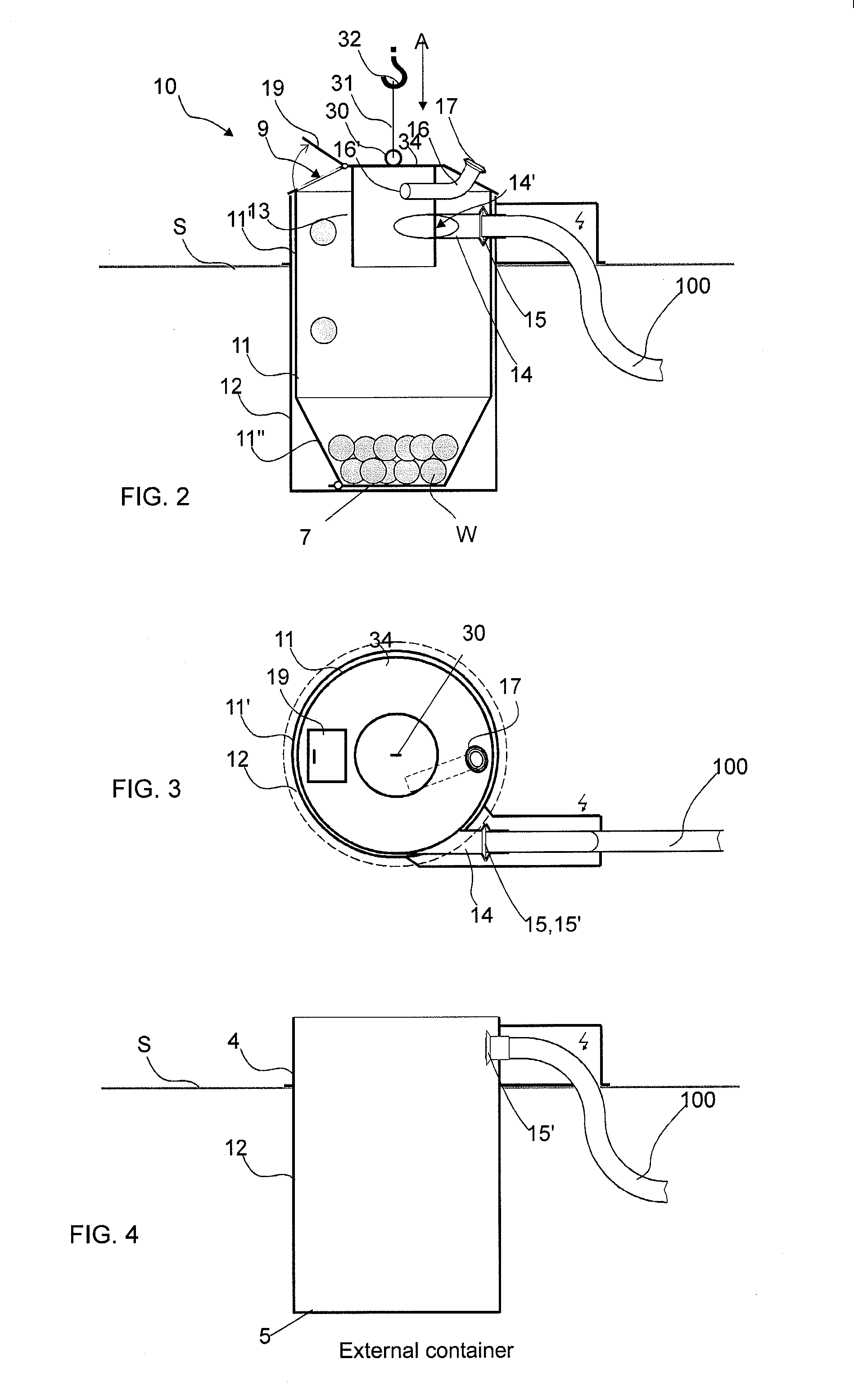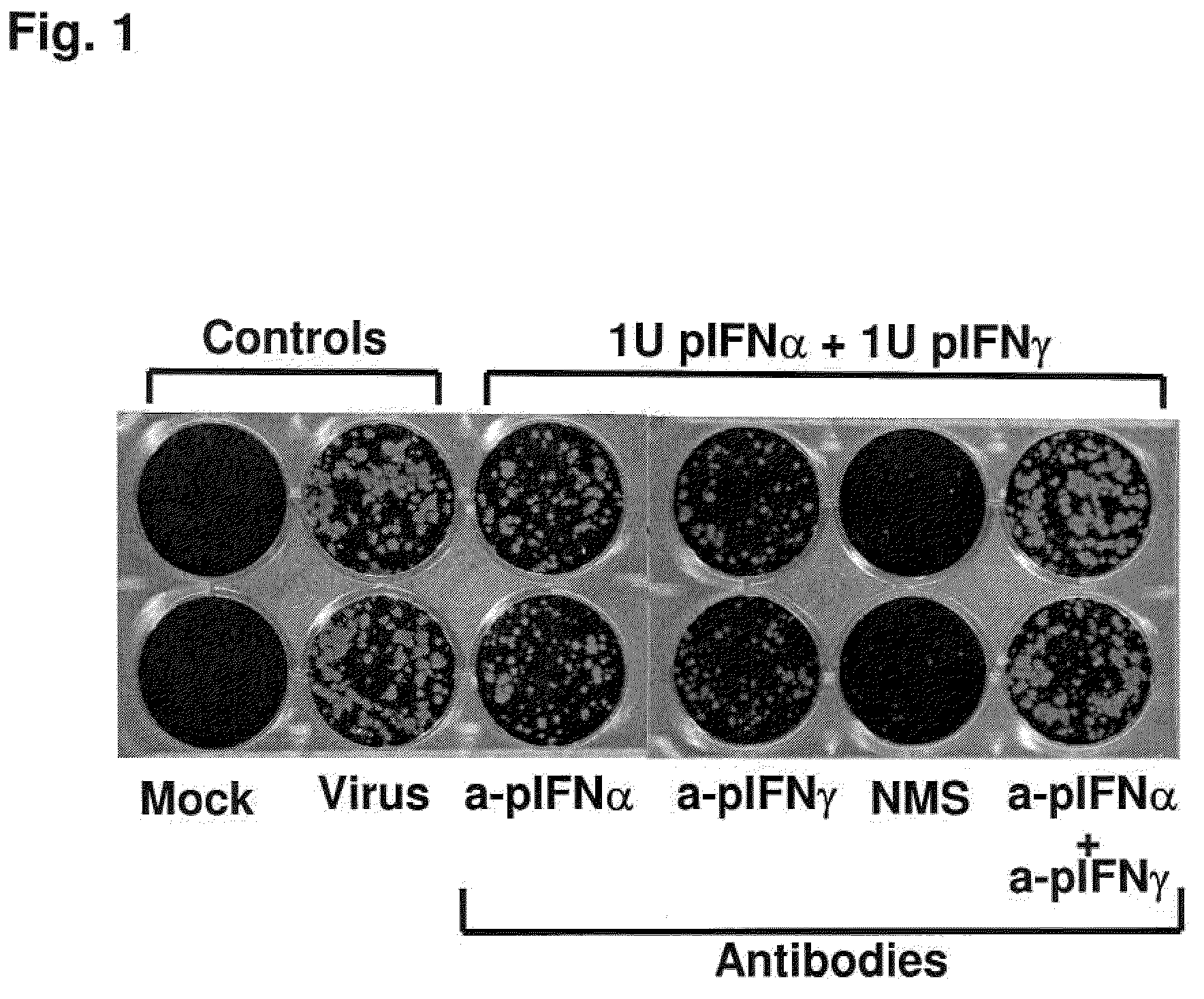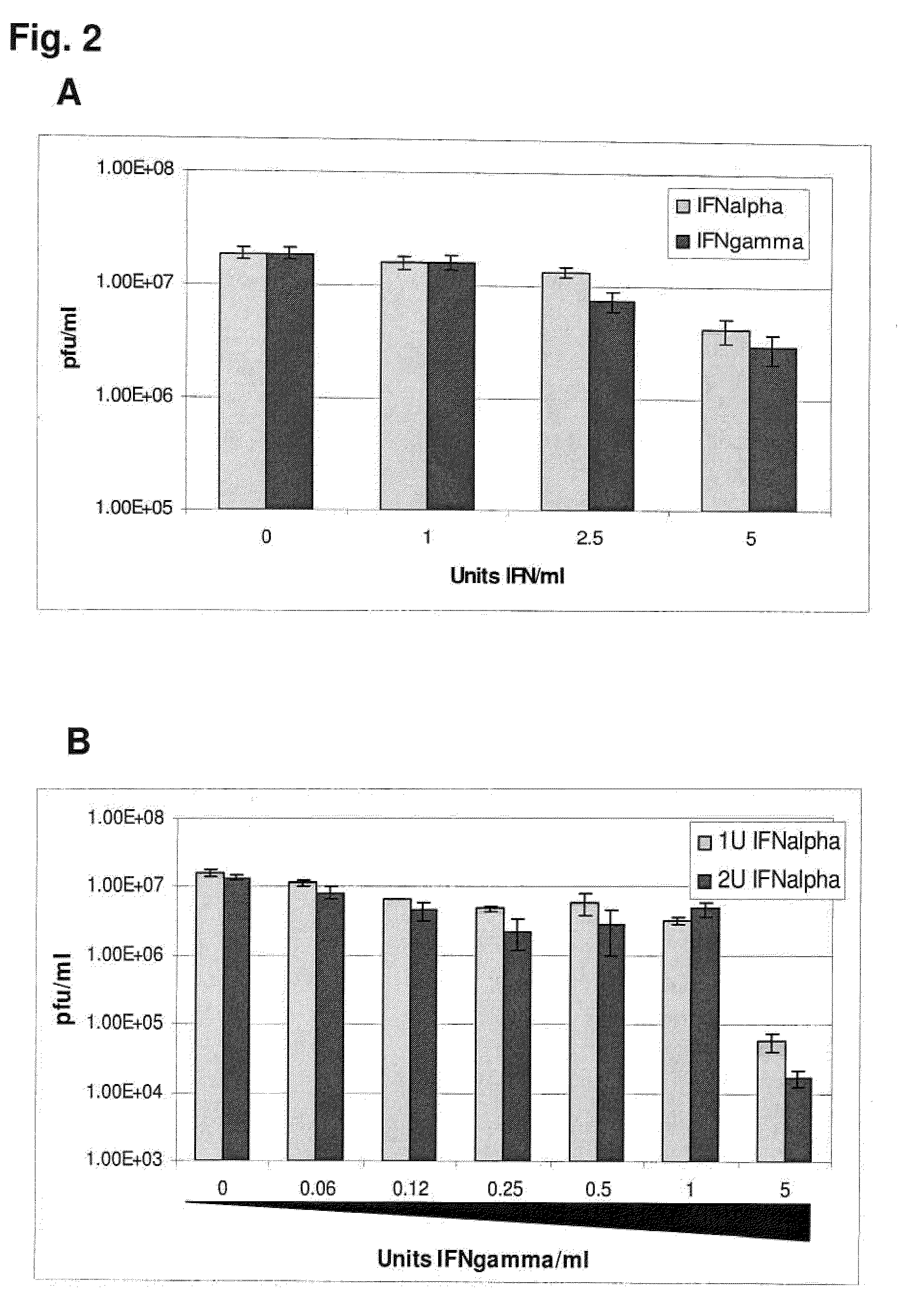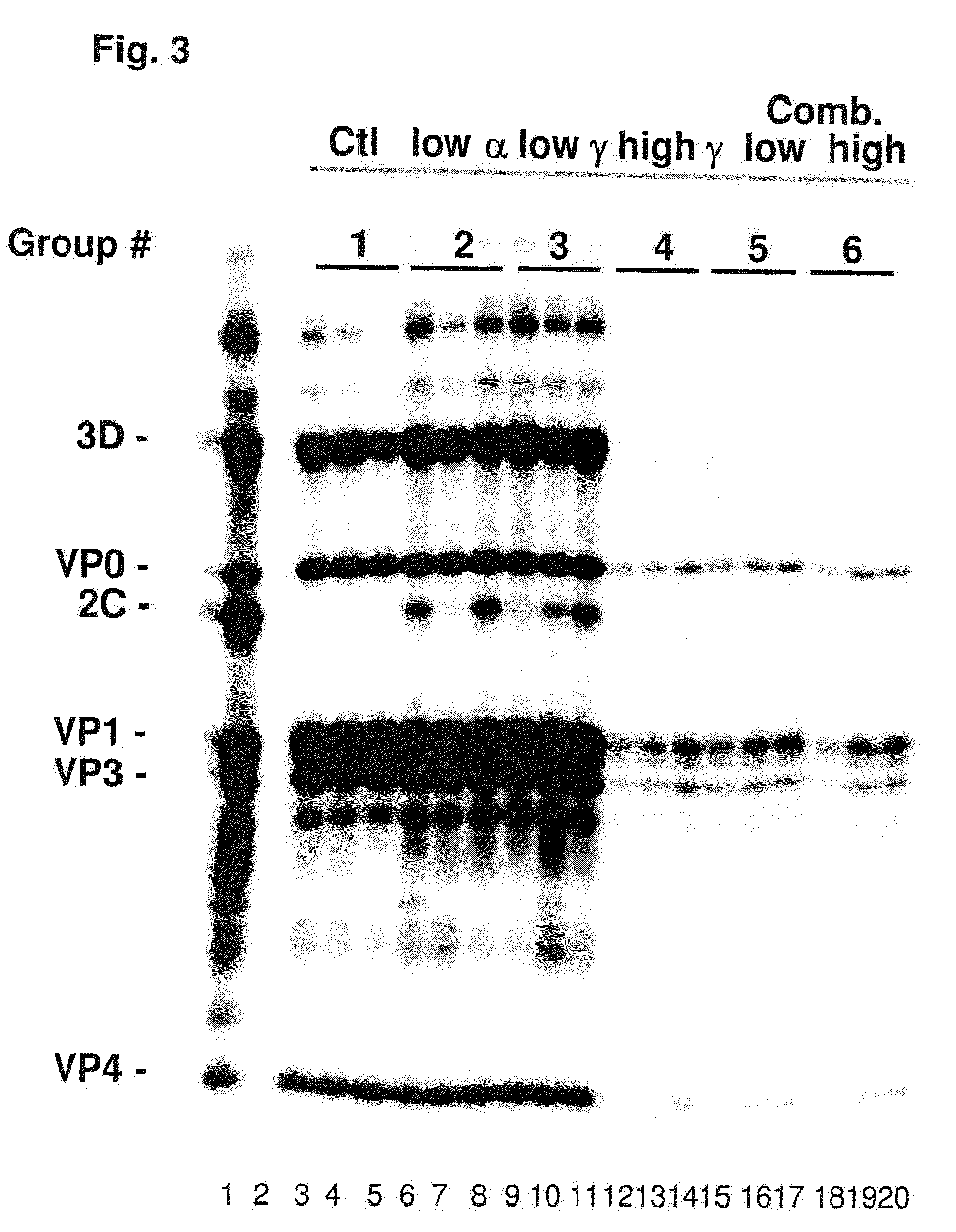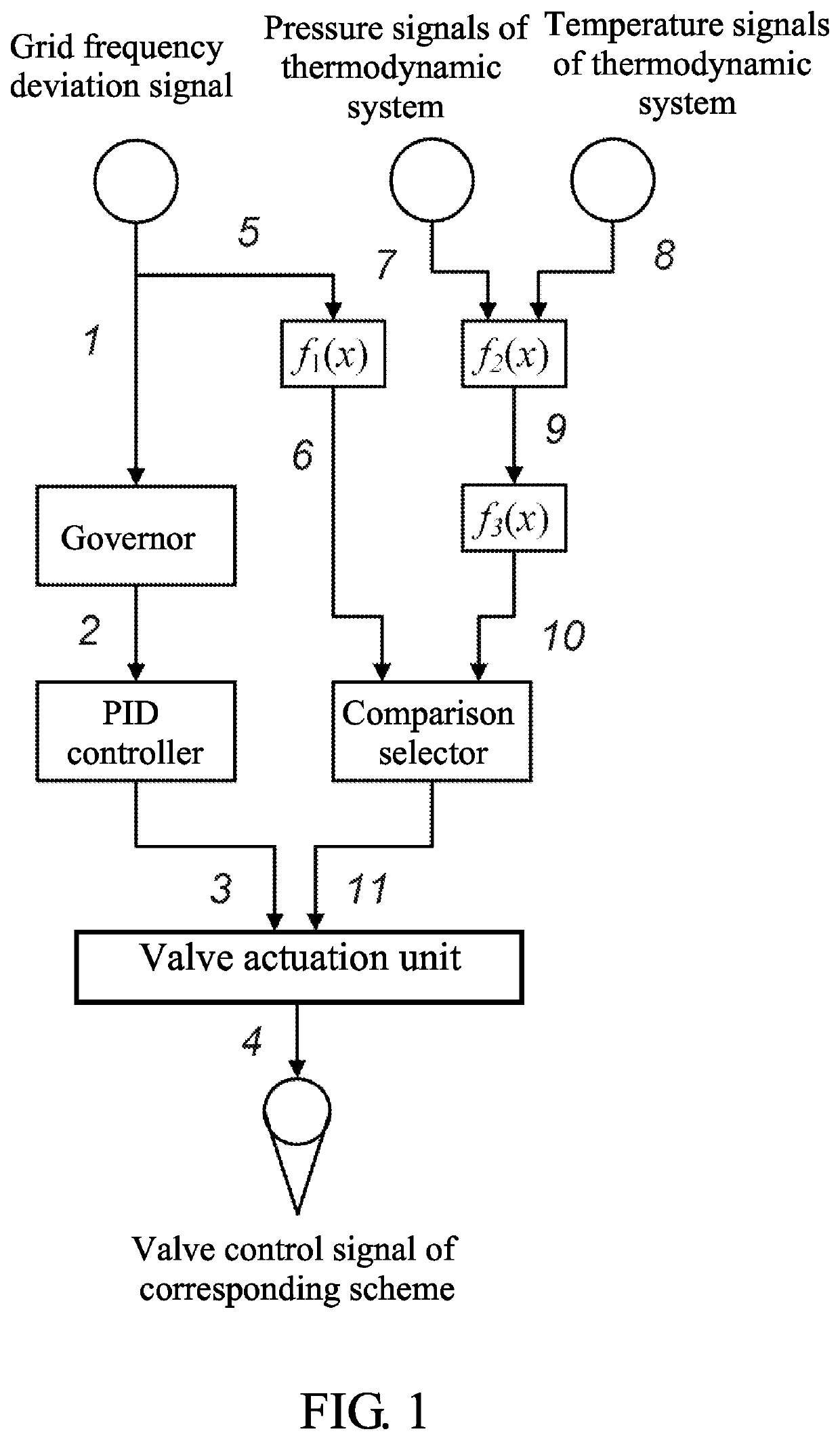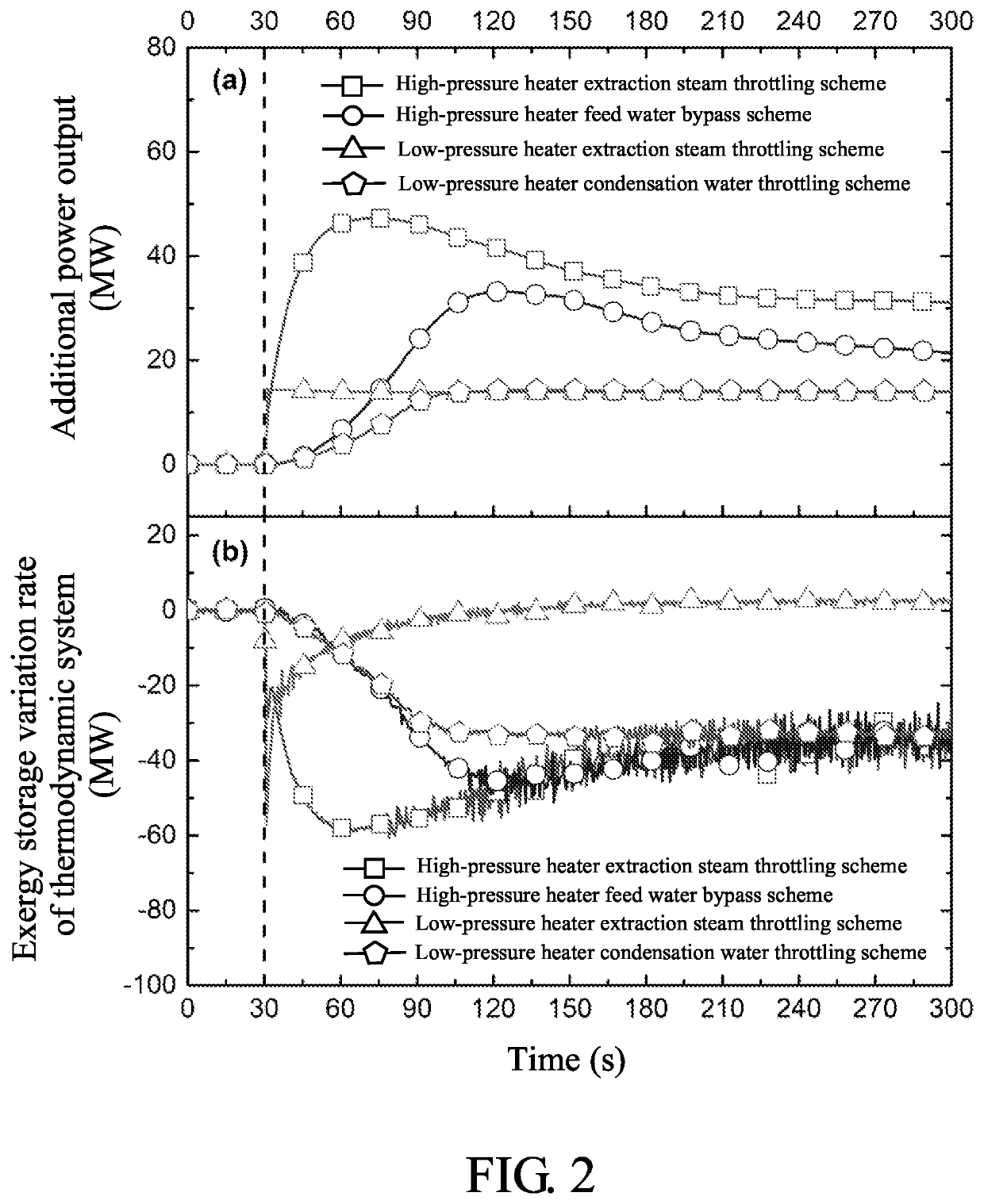Patents
Literature
82results about How to "Effectively ensure" patented technology
Efficacy Topic
Property
Owner
Technical Advancement
Application Domain
Technology Topic
Technology Field Word
Patent Country/Region
Patent Type
Patent Status
Application Year
Inventor
Pre-approval of computer files during a malware detection
InactiveUS20050021994A1Addressing slow performanceEffectively ensureMemory loss protectionDigital data processing detailsChecksumFile size
A malware detection system seeking to identify computer viruses, worms, Trojans, banned files and the like acts to determine from the file name, file size and storage location of a computer file being tested, whether that computer file potentially matches a specific known malware free computer file stored within a list of such specific known malware free computer files. If a match occurs indicating that the candidate computer file is potentially the specific known malware free computer file, then this is confirmed by calculating a checksum of the candidate computer file and comparing this against a stored corresponding checksum of the specific known malware free computer file. If these checksums match, then the candidate computer file can be passed as clean without requiring further time consuming malware detection scanning.
Owner:MCAFEE INC
Pre-approval of computer files during a malware detection
InactiveUS7257842B2Abundant resourcesImpact speedMemory loss protectionDigital data processing detailsChecksumMalware
A malware detection system seeking to identify computer viruses, worms, Trojans, banned files and the like acts to determine from the file name, file size and storage location of a computer file being tested, whether that computer file potentially matches a specific known malware free computer file stored within a list of such specific known malware free computer files. If a match occurs indicating that the candidate computer file is potentially the specific known malware free computer file, then this is confirmed by calculating a checksum of the candidate computer file and comparing this against a stored corresponding checksum of the specific known malware free computer file. If these checksums match, then the candidate computer file can be passed as clean without requiring further time consuming malware detection scanning.
Owner:MCAFEE INC
Shake correcting mechanism and camera having same shake correcting mechanism
InactiveUS20060055787A1Avoid damageImprove long-term reliabilityTelevision system detailsPrintersOptical axisEngineering
A camera with shake correction mechanism according to the invention comprises: an image pickup device for picking up object light; shake detecting device for detecting a shake exerted to a camera body; a shake correction unit provided with a driving section for exerting a swing force for swinging the image pickup device in a direction perpendicular to the optical axis; a control board on which electronic components are mounted; and a flexible wiring member for electrically connecting the shake correction unit to the control board, wherein the shake correction unit and the control board are arranged at adjacent positions to each other in a direction of almost the same plane, while in an adjacent part of the two elements, a space part is set up that can accommodate the flexible wiring member in a bent state. According to this configuration, in the camera in which a shake correction unit and a control board are arranged at adjacent positions to each other in a direction of almost the same plane so that the thickness size is reduced in the optical axis direction, the flexible wiring member for electrically connecting the two elements can be wired in an optimal manner.
Owner:KONICA MINOLTA PHOTO IMAGING
Dosing and discharging device for flowable media including powder/air dispersions
InactiveUS6055979ASimple processDosing is simpleRespiratorsLiquid surface applicatorsPre treatmentEngineering
A dosing device (17) for the medical administration of powder (16) through the nose or mouth has a valve body (27) which is movable in a discharge channel (22) between two valve seats (25, 26). During suction, the spherical valve body (27) is raised from the lower, container-sealing valve seat (26) and moved by a flow drag to the upper valve seat (25), so that it closes the discharge channel (22) and terminates dosing. The formation of the air / powder dispersion can be assisted in that the air subsequently sucked into the container is directed onto or into a powder supply or to a powder receiver in a pre-chamber fillable by tilting the device for pre-dosing.
Owner:ING ERICH PHEIFFER GMBH & CO KG
Resuscitation kit system and method and pre-use protocols for a sedation and analgesia system
The present invention provides a sedation and analgesia system having an emergency medical kit, where the medical kit is designed to meet the specific needs of medical emergencies related to the delivery of sedatives, analgesics, and / or amnestics. The invention further provides a sedation and analgesia system with an emergency medical kit having policies along with automated and semi-automated pre-use checks necessary to ensure that components of the kit are present, functioning properly, and that perishable components within the kit have not expired.
Owner:SCOTT LAB
Shake correcting mechanism and camera having same shake correcting mechanism
InactiveUS7576778B2Small sizeAppropriate treatmentTelevision system detailsPrintersOptical axisPicks up objects
A camera with shake correction mechanism according to the invention comprises: an image pickup device for picking up object light; shake detecting device for detecting a shake exerted to a camera body; a shake correction unit provided with a driving section for exerting a swing force for swinging the image pickup device in a direction perpendicular to the optical axis; a control board on which electronic components are mounted; and a flexible wiring member for electrically connecting the shake correction unit to the control board, wherein the shake correction unit and the control board are arranged at adjacent positions to each other in a direction of almost the same plane, while in an adjacent part of the two elements, a space part is set up that can accommodate the flexible wiring member in a bent state. According to this configuration, in the camera in which a shake correction unit and a control board are arranged at adjacent positions to each other in a direction of almost the same plane so that the thickness size is reduced in the optical axis direction, the flexible wiring member for electrically connecting the two elements can be wired in an optimal manner.
Owner:KONICA MINOLTA PHOTO IMAGING
Supporting structure for fuel tank and automobile assembling method
InactiveUS20070246929A1Reduce stiffnessEnsure tank capacityTank vehiclesItem transportation vehiclesFuel tankEngineering
A supporting structure for a fuel tank in a vehicle includes a suspension arm fixing structure provided under the floor of a vehicle body and having a statically sufficient rigidity, the fuel tank being located so as to partially overlap the suspension arm fixing structure in the longitudinal direction of the vehicle, and a supporting member provided under the fuel tank so as to extend in the lateral direction of the vehicle being detachably fastened to the suspension arm fixing structure to bring the fuel tank into pressure contact with the floor of the vehicle body by fixing the fuel tank. The supporting member serves also as a reinforcing member for imparting rigidity to the suspension arm fixing structure so that the suspension arm fixing structure can sufficiently sustain a dynamic load during running of the vehicle.
Owner:HONDA MOTOR CO LTD
Data writing method for a flash memory, and controller and storage system using the same
ActiveUS20110087950A1Effectively ensureEnsures correctnessMemory adressing/allocation/relocationRead-only memoriesData storingOperating system
A data writing method for writing data from a host system into a flash memory chip is provided, and the flash memory chip have a plurality of physical blocks. The method includes receiving a host writing command and write data thereof, and executing the host writing command. The method also includes giving a data program command for writing the write data into one of the physical blocks to the flash memory chip, and giving a command for determining whether data stored in the physical block has any error bit. Accordingly, the method can effectively ensure the correctness of data to be written into the flash memory chip.
Owner:PHISON ELECTRONICS
Suspension mounting structure for vehicle
ActiveUS8746718B2Effectively ensureReduce weightVehicle seatsVehicle body-frame connectionsEngineeringMechanical engineering
Owner:MAZDA MOTOR CORP
Form measuring instrument
ActiveUS9285201B2Simple structureReliable measurement resultsMechanical counters/curvatures measurementsElectric/magnetic contours/curvatures measurementsMeasuring instrumentMechanical engineering
Owner:MITUTOYO CORP
Method for manufacturing an item
InactiveUS7162799B2Overcomes drawbackEffectively ensureAutomatic/semiautomatic turning machinesAutomatic control devicesAssembly lineEngineering
A method for notifying installers 14–22 of the existence, type, and location of a portion 26 of an item within an assembly line 10. The notification allows the installers 14–22 to respectively ensure that the components 40 which are needed to be placed upon the portion 26 are available for use by the installer 14–22 in a timely manner.
Owner:FORD MOTOR CO
Automatic analyzer
ActiveUS20090202390A1Easily acquire informationEvaluate accuracyMaterial analysis by optical meansLaboratory analysis dataData displayViewpoints
An automatic analyzer includes a storage unit for storing operation information, information about usage histories of expendable supplies provided for the analysis, and an analysis-ID control unit giving an ID to the analysis, the analysis ID being used as information for identifying the analysis to derive a calibration curve. Data stored in the storage unit is organized along the same time axis both in the order of samples subjected to the analysis and inspection, and in the order of analysis items, so that the data is output in a total data display area. The data is organized from the viewpoint of an analysis process of an analysis item of each sample. By use of information used to identify an influence range based on a kind of an abnormal state, which is stored beforehand, a judgment is made as to whether or not it is necessary to perform reinspection.
Owner:HITACHI HIGH-TECH CORP
Palladium-Based Supported Hydrogenation Catalyst, And Preparation Method And Application Thereof
ActiveUS20180290949A1Improve performanceOvercome adverse effectsHydrocarbon by hydrogenationCatalystsActive componentHydrogenation process
The present invention relates to a palladium-based supported hydrogenation catalyst and a preparation method and application thereof. The catalyst is prepared by the following method: impregnating an Al2O3-containing carrier with an organic solution containing a bipyridine derivative having hydroxy group, optionally drying followed by impregnating with a mixed solution containing the main active component palladium ions and the auxiliary active component Mn+ ions, where M is one selected from Ag, Au, Ni, Pb and Cu; and then optionally drying, and calcining to obtain the catalyst. The preparation method provided by the present invention allows Pd atoms and M atoms to be highly uniformly dispersed on the carrier, which overcomes the adverse impact of the surface tension of the impregnation solution and the solvation effect on the dispersibility of active components. The palladium-based supported hydrogenation catalyst provided by the present invention has excellent hydrogenation activity, ethylene selectivity and anti-coking performance, and can be used in a selective hydrogenation process of C2 fraction.
Owner:PETROCHINA CO LTD
Remote alarm hushing with acoustic presence verification
ActiveUS20170206772A1Reduce distanceEffectively ensureSonic/ultrasonic/infrasonic transmissionConnection managementSonificationEngineering
Embodiments of the present disclosure provide methods and systems for enabling remote alarm hushing with acoustic presence verification. Acoustic presence verification is used to assure that a device attempting to remotely deactivate an alarm is located within a certain distance of an alarming device before allowing the alarm to be hushed. Acoustic presence can be established through emission and monitoring of ultrasonic acoustic signals. The ultrasonic acoustic signals may be transmitted at a frequency that exceeds human hearing such as, for example, between 18 KHz and 22 kHz. Such ultrasonic signals have a relatively short range and are unable to penetrate walls and floors, thus providing an effective tool for ensuring that the device attempting to remotely hush an alarming device is within a line-of-sight of the alarming device.
Owner:GOOGLE LLC
Flow blocking valve, a vacuum lifting device and a method for operating a vacuum lifting device
ActiveUS20160059425A1Simple vacuum lifting device designIncrease capacityOperating means/releasing devices for valvesGripping headsBlocked valvesEngineering
Owner:INVA INVEST HLDG APS
Flash light with adjustable light arrangement
InactiveUS20110063823A1Length minimizationMaximized projecting anglePoint-like light sourceWith electric batteriesLight beamOptoelectronics
A flash light includes a housing having a front end and a rear end to define a fixed length from the front to rear end. The housing further has a light cavity and a power cavity for receiving power source. The light arrangement includes a lens disposed at the front end of the housing, a light source disposed within the light cavity, and a light adjustor movably coupling with the housing to selectively adjust a distance between the lens and the light source along a longitudinal axis direction of the housing for adjusting the illumination angles of the light beam without altering the fixed length of the housing. The flash light is adapted for selectively adjusting illumination angles to provide variety of light patterns.
Owner:NINGBO FUTAI ELECTRIC CO LTD
Exhaust system for motorcycle
InactiveUS20070107419A1Guarantee capabilityEliminate the problemExhaust apparatusSilencing apparatusExpansion chamberMuffler
In an exhaust system for a motorcycle in which an engine main body of a multi-cylinder engine has an oil pan on a lower portion thereof, and is mounted on a vehicle body with a plurality of expansion chambers being connected to a downstream side of an assembled portion of a plurality of exhaust pipes that extend out of the respective cylinders of the engine main body, respectively. The muffler includes a first expansion chamber that is connected to the assembled portion and the other expansion chambers that are continuous to the first expansion chamber. The respective exhaust pipes and the assembled portion are disposed on one side of the oil pan. The first expansion chamber is disposed on the other side of the oil pan with the other expansion chambers being disposed to the rear of the engine main body.
Owner:HONDA MOTOR CO LTD
Dynamic switching between edge nodes in autonomous network system
ActiveUS20170366426A1Enhance network performanceImprove network performanceConnection managementData switching networksData transmissionIp address
System and method of dynamically selecting an egress edge node for data transmission between different autonomous systems based on real-time route performance detection. With respect to a destination node located in a second autonomous system, a plurality of edge nodes in the first autonomous system each operate to detect route performance in real-time and send the detected information to a control center for evaluation. The evaluation results are compared and used to select an optimal edge node and an associated link for transporting data between the source node and the destination node. To switch from a first edge node to a second one, the IP address of the source node contained in the data packets are converted from an address assigned to the first edge node to an address assigned to the second edge node.
Owner:ALGOBLU HLDG
Method for Preventing Industrial Automation System from Avalanche
ActiveUS20100257532A1Operation efficiency can be improvedEffectively ensureDigital computer detailsMultiprogramming arrangementsStreaming dataComputer science
The invention relates to a method for preventing industrial automation system from avalanche, in which the industrial automation system comprising a storage unit for storing time stream data to be processed and a CPU for processing the time stream data in the storage unit, the method comprises the following items: 1) establishing a data processing task priority level; 2) scheduling the data processing task of the CPU; 3) using method of the storage unit. Under a given CPU processing ability, the time stream data to be processed is set with different priority levels, the CPU firstly processes the to-be-processed data processing task with the highest priority level and then processes those with the next priority level. And the storage unit is also set with the corresponding sub-storage units with different priority levels in accordance with the priority levels of the to-be-processed data processing task. The to-be-processed data processing task with higher priority level can be stored or cover those with lower priority level. Therefore, it can effectively ensure that the automation system deals with unexpected number of tasks without causing the crash of the system under a given CPU processing ability.
Owner:ASAT CHINA TECH
Exhaust system for motorcycle
InactiveUS7540347B2Guarantee capabilityEliminate the problemExhaust apparatusSilencing apparatusEngineeringExpansion chamber
In an exhaust system for a motorcycle in which an engine main body of a multi-cylinder engine has an oil pan on a lower portion thereof, and is mounted on a vehicle body with a plurality of expansion chambers being connected to a downstream side of an assembled portion of a plurality of exhaust pipes that extend out of the respective cylinders of the engine main body, respectively. The muffler includes a first expansion chamber that is connected to the assembled portion and the other expansion chambers that are the assembled portion are disposed on one side of the oil pan. The first continuous to the first expansion chamber. The respective exhaust pipes and expansion chamber is disposed on the other side of the oil pan with the other expansion chambers being disposed to the rear of the engine main body.
Owner:HONDA MOTOR CO LTD
System and method of dynamic QoS negotiation in next generation network
ActiveUS7801032B2Effectively ensureImprove resource utilizationError preventionTransmission systemsService controlTransport network
The present invention discloses a system and a method of dynamic QoS negotiation in NGN. The Resource and Admission Control Subsystem (RACS) provides intercommunication interfaces with Transport functional (TF) entity, Service Control Functional (SCF) entities, and Network Attachment Subsystem (NASS), and thereby, when a user terminal in NGN is to develop a service with QoS requirement, the RACS can obtain the QoS requirement parameters of a service, determine the admission control decision parameters in accordance with the QoS requirement parameters, and the RACS send the determined admission control decision parameters to the TF entity for execution, such that the QoS assurance for the service is realized.The present invention allows an end-to-end QoS negotiation in NGN in accordance with the availability of current transport network resources, and thereby can effectively improve the transport resource utilities. Therefore, the present invention can effectively ensure QoS of service transported in NGN.
Owner:HUAWEI TECH CO LTD
System and method for enabling interoperability between application programming interfaces
ActiveUS8402229B1Effectively ensureCathode-ray tube indicatorsMemory systemsGraphicsInteroperability
One embodiment of the present invention sets forth a method for sharing graphics objects between a compute unified device architecture (CUDA) application programming interface (API) and a graphics API. The CUDA API includes calls used to alias graphics objects allocated by the graphics API and, subsequently, synchronize accesses to the graphics objects. When an application program emits a “register” call that targets a particular graphics object, the CUDA API ensures that the graphics object is in the device memory, and maps the graphics object into the CUDA address space. Subsequently, when the application program emits “map” and “unmap” calls, the CUDA API respectively enables and disables accesses to the graphics object through the CUDA API. Further, the CUDA API uses semaphores to synchronize accesses to the shared graphics object. Finally, when the application program emits an “unregister” call, the CUDA API configures the computing system to disregard interoperability constraints.
Owner:NVIDIA CORP
Charger with active protection function and charging method thereof
InactiveUS20170021736A1Improve securityAvoid it happening againCircuit monitoring/indicationBattery overcharge protectionReal-time chargingPower battery
A charger with active protection function includes: a power conversion module group, a monitoring unit and an output module group; wherein the power conversion module group is respectively connected with the monitoring unit and the output module group; the monitoring unit is connected with the output module group; the charger with active protection function is connected with an electric vehicle via the output module group to charge the electric vehicle; and when the charger with active protection function is connected with the electric vehicle, the charger with active protection function communicates with BMS of a vehicle via the output module group. The output module group obtains real-time charging data of the electric battery of the BMS. The output module group combines the warn value and threshold value to judge whether the BMS and the power battery are in abnormal condition during charging process.
Owner:XIAN TGOOD INTELLIGENT CHARGING TECH CO LTD
Suspension mounting structure for vehicle
ActiveUS20130099461A1Simple structureEnsure support rigidityUnderstructuresResilient suspensionsMechanical engineeringEngineering
Owner:MAZDA MOTOR CORP
Method for manufacturing an item
InactiveUS20050150094A1Overcomes drawbackEffectively ensureAutomatic control devicesAssembly machinesEngineeringAssembly line
A method for notifying installers 14-22 of the existence, type, and location of a portion 26 of an item within an assembly line 10. The notification allows the installers 14-22 to respectively ensure that the components 40 which are needed to be placed upon the portion 26 are available for use by the installer 14-22 in a timely manner.
Owner:FORD MOTOR CO
Constant-power double-speed control system and control method based on DC brushless electric tools
InactiveUS20170222579A1Improve reliabilityReduce the ratioCommutation monitoringMotor/generator/converter stoppersMotor speedConstant power
A constant-power double-speed control system and method based on DC brushless electric tools which may include an inductance device for collecting information about power supply voltage, working current and motor speed during operation of a motor, a two-gear rotational speed switching module for providing different rotational speed options, a constant-power double-speed control module for reading and judging information sent by the two-gear rotational speed switching module and the inductance device, and a motor output power control module for adjusting the motor's output power according to the judged information of the constant-power double-speed control module. This does not only match load and save energy, but also effectively ensures that the output power of supporting battery system is in a normal range so as to protect the battery system.
Owner:CHANGZHOU GLOBE CO LTD
Supporting structure for fuel tank and automobile assembling method
InactiveUS7758075B2Reduce stiffnessSolve insufficient capacityTank vehiclesUnderstructuresFuel tankEngineering
A supporting structure for a fuel tank in a vehicle includes a suspension arm fixing structure provided under the floor of a vehicle body and having a statically sufficient rigidity, the fuel tank being located so as to partially overlap the suspension arm fixing structure in the longitudinal direction of the vehicle, and a supporting member provided under the fuel tank so as to extend in the lateral direction of the vehicle being detachably fastened to the suspension arm fixing structure to bring the fuel tank into pressure contact with the floor of the vehicle body by fixing the fuel tank. The supporting member serves also as a reinforcing member for imparting rigidity to the suspension arm fixing structure so that the suspension arm fixing structure can sufficiently sustain a dynamic load during running of the vehicle.
Owner:HONDA MOTOR CO LTD
Method for handling material in a material conveying system, material conveying system and a separating device for a material conveying system
InactiveUS20150191308A1Efficient storageEasy to separateArticle unpackingRefuse receptaclesEngineeringPressure difference
A method for handling material in a pneumatic material conveying system includes at least one input point of material, a material conveying pipe, connected to an input point, and a separating device or a container, in which the material to be transported is separated from the transporting air. A device is provided for achieving a pressure difference and / or a transporting air flow in the conveying pipe at least during the transportation of material. In the method the separating device is a deep collection container-separating device, into which material is conveyed from input points via a conveying pipe, and in that in the emptying phase the collection container is lifted with lifting means and the material that has collected in the collection container is emptied via an openable and closable aperture arranged in the bottom part of the collection container. A separating device and a material conveying system are provided.
Owner:MARICAP OY
Enhanced antiviral activity against foot and mouth disease
InactiveUS7833533B2Early protection against FMDVEffectively ensureSsRNA viruses positive-sensePeptide/protein ingredientsHigh dosesIn vivo
Previously, we showed that type I interferon (alpha / beta interferon [IFN-α / β]) can inhibit foot-and-mouth disease virus (FMDV) replication in cell culture, and swine inoculated with 109 PFU of human adenovirus type 5 expressing porcine IFN-α (Ad5-pIFN-α) were protected when challenged 1 day later. In this study, we found that type II pIFN (pIFN-γ) also has antiviral activity against FMDV in cell culture and that, in combination with pIFN-α, it has a synergistic antiviral effect. We also observed that while each IFN alone induced a number of IFN-stimulated genes (ISGs), the combination resulted in a synergistic induction of some ISGs. To extend these studies to susceptible animals, we inoculated groups of swine with a control Ad5, 108 PFU of Ad5-pIFN-α, low- or high-dose Ad5-pIFN-γ, or a combination of Ad5-pIFN-α and low- or high-dose Ad5-pIFN-γ and challenged all groups with FMDV 1 day later. The control group and the groups inoculated with either Ad5-pIFN-α or a low dose of Ad5-pIFN-γ developed clinical disease and viremia. However, the group that received the combination of both Ad5-IFNs with the low dose of Ad5-pIFN-γ was completely protected from challenge and had no viremia. Similarly the groups inoculated with the combination of Ad5s with the higher dose of Ad5-pIFN-γ or with only high-dose Ad5-pIFN-γ were protected. The protected animals did not develop antibodies against viral nonstructural (NS) proteins, while all infected animals were NS protein seropositive. No antiviral activity or significant levels of IFNs were detected in the protected groups, but there was an induction of some ISGs. The results indicate that the combination of type I and II IFNs act synergistically to inhibit FMDV replication in vitro and in vivo.
Owner:UNITED STATES OF AMERICA
Optimized control method for primary frequency regulation based on exergy storage correction of thermodynamic system of coal-fired unit
ActiveUS20210218247A1Improve operational flexibilityEasy to operateProgramme controlComputer controlWorking fluidFrequency regulation
An optimized control method for a primary frequency regulation based on an exergy storage correction of a thermodynamic system of a coal-fired unit is provided. Through measuring and recording temperatures and pressures of working fluids and metal heating surfaces of the coal-fired unit thermodynamic system in real-time, an exergy storage amount of the thermodynamic system is obtained. During a transient process, according to an exergy storage variation before and after acting of each regulation scheme, a maximum power output of each scheme is obtained. Thereafter, through comparing the maximum power output with a maximum power regulation quantity required by a current frequency regulation, an optimal primary frequency regulation control scheme is selected, and a primary frequency regulation control logic is corrected, so as to be high-efficiently and accurately involved in the primary frequency regulation control and maintain a fast and stable grid frequency. The present invention improves a predictive accuracy of an actual effect of the various thermodynamic system regulation schemes and reduces a selection blindness of the primary frequency regulation schemes, so that an operation flexibility of the coal-fired power unit during the transient processes is greatly improved.
Owner:XI AN JIAOTONG UNIV
Features
- R&D
- Intellectual Property
- Life Sciences
- Materials
- Tech Scout
Why Patsnap Eureka
- Unparalleled Data Quality
- Higher Quality Content
- 60% Fewer Hallucinations
Social media
Patsnap Eureka Blog
Learn More Browse by: Latest US Patents, China's latest patents, Technical Efficacy Thesaurus, Application Domain, Technology Topic, Popular Technical Reports.
© 2025 PatSnap. All rights reserved.Legal|Privacy policy|Modern Slavery Act Transparency Statement|Sitemap|About US| Contact US: help@patsnap.com
